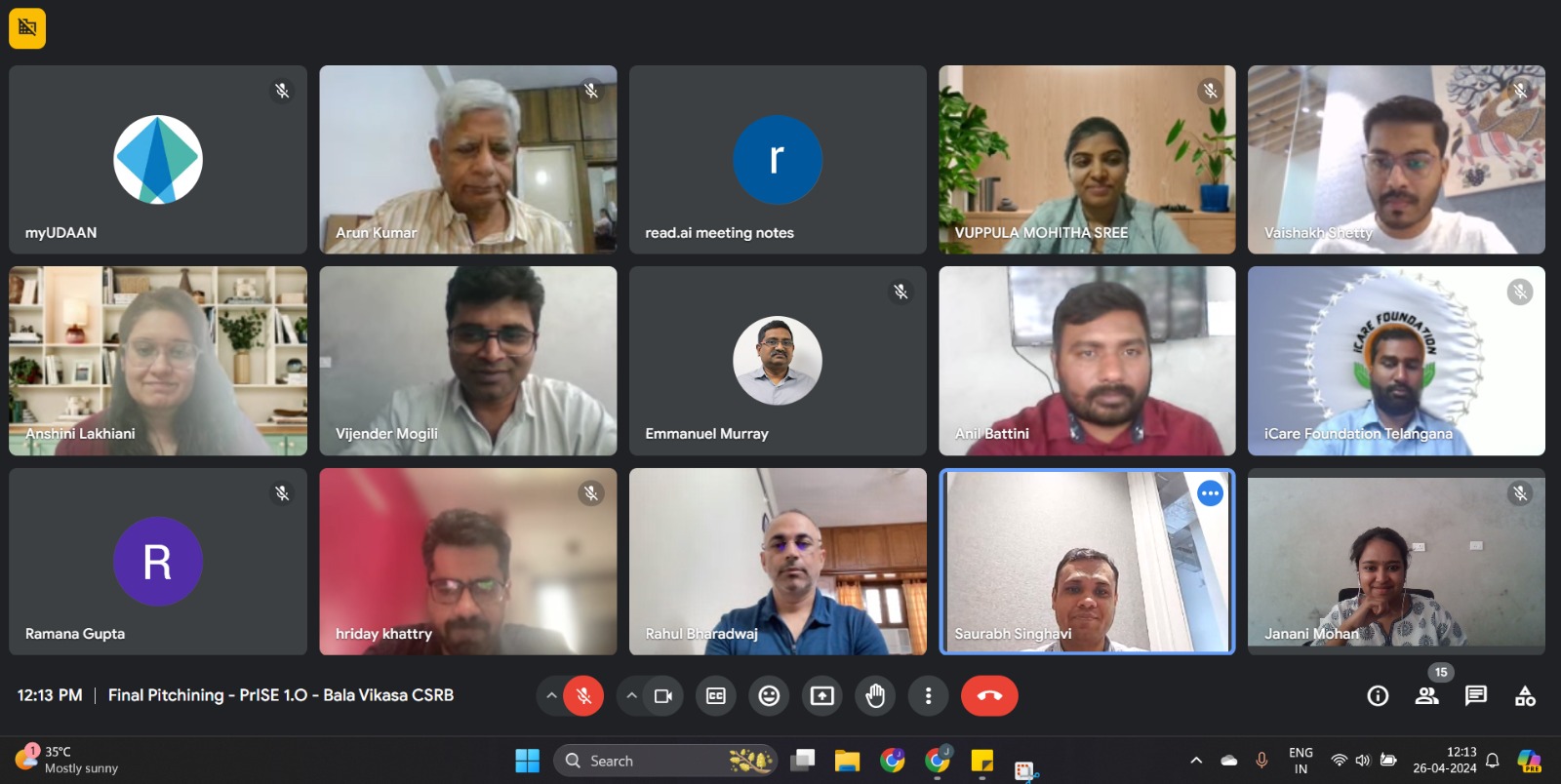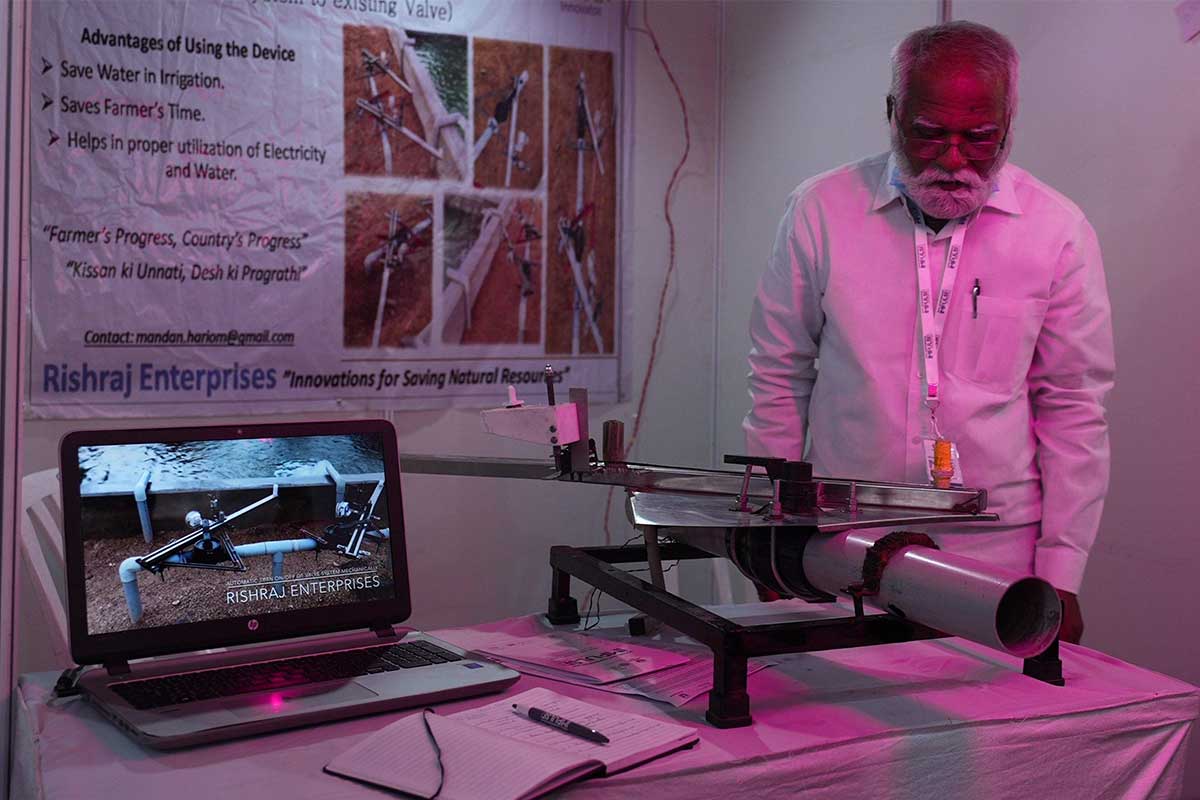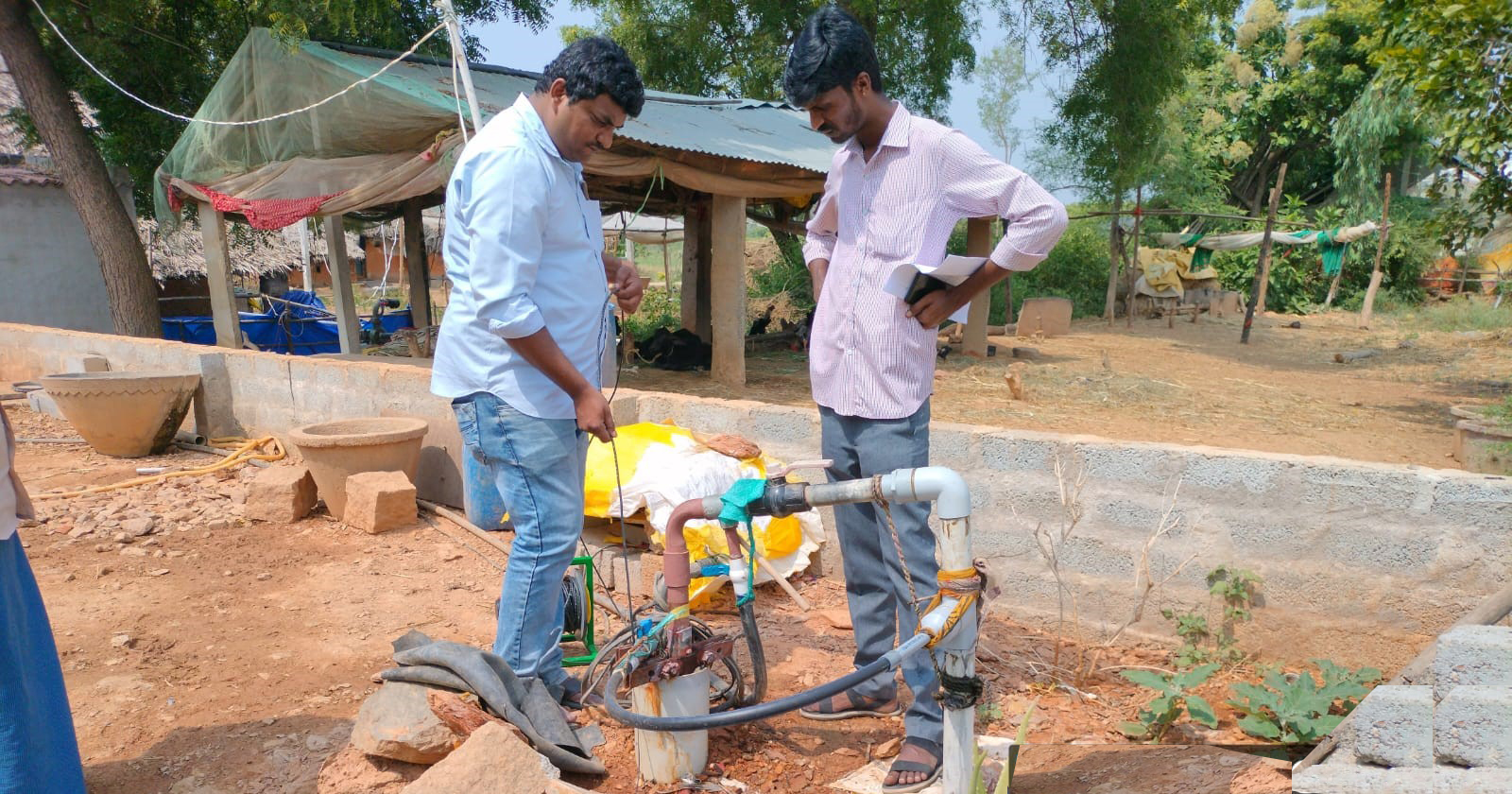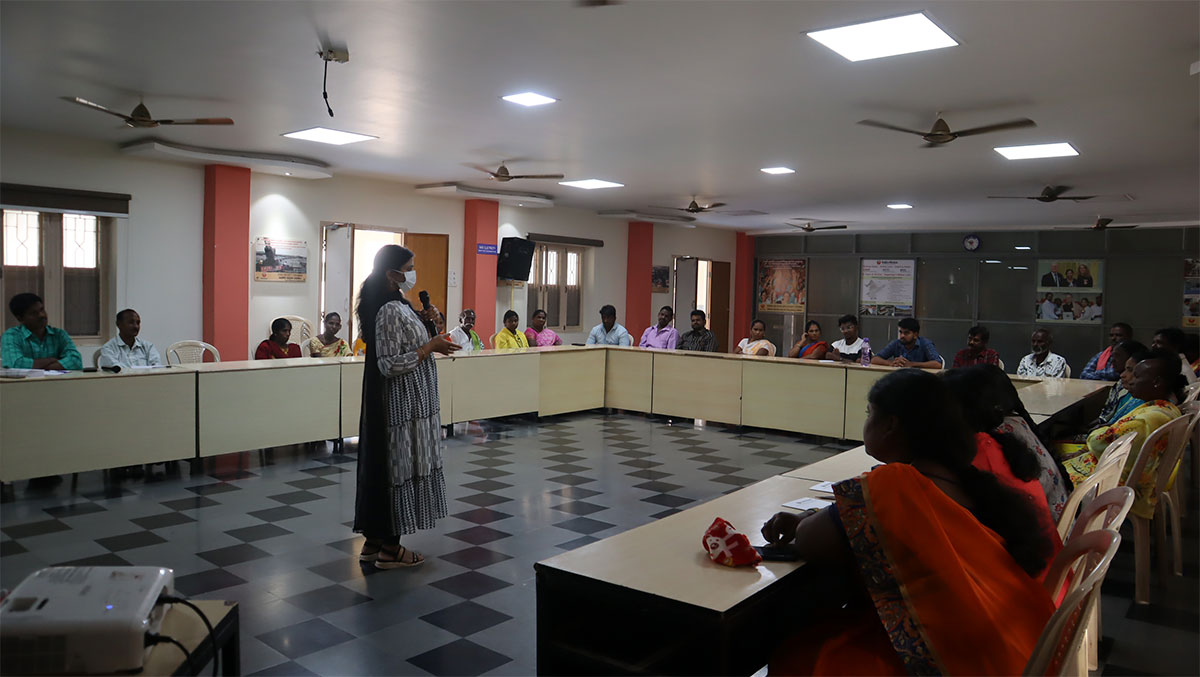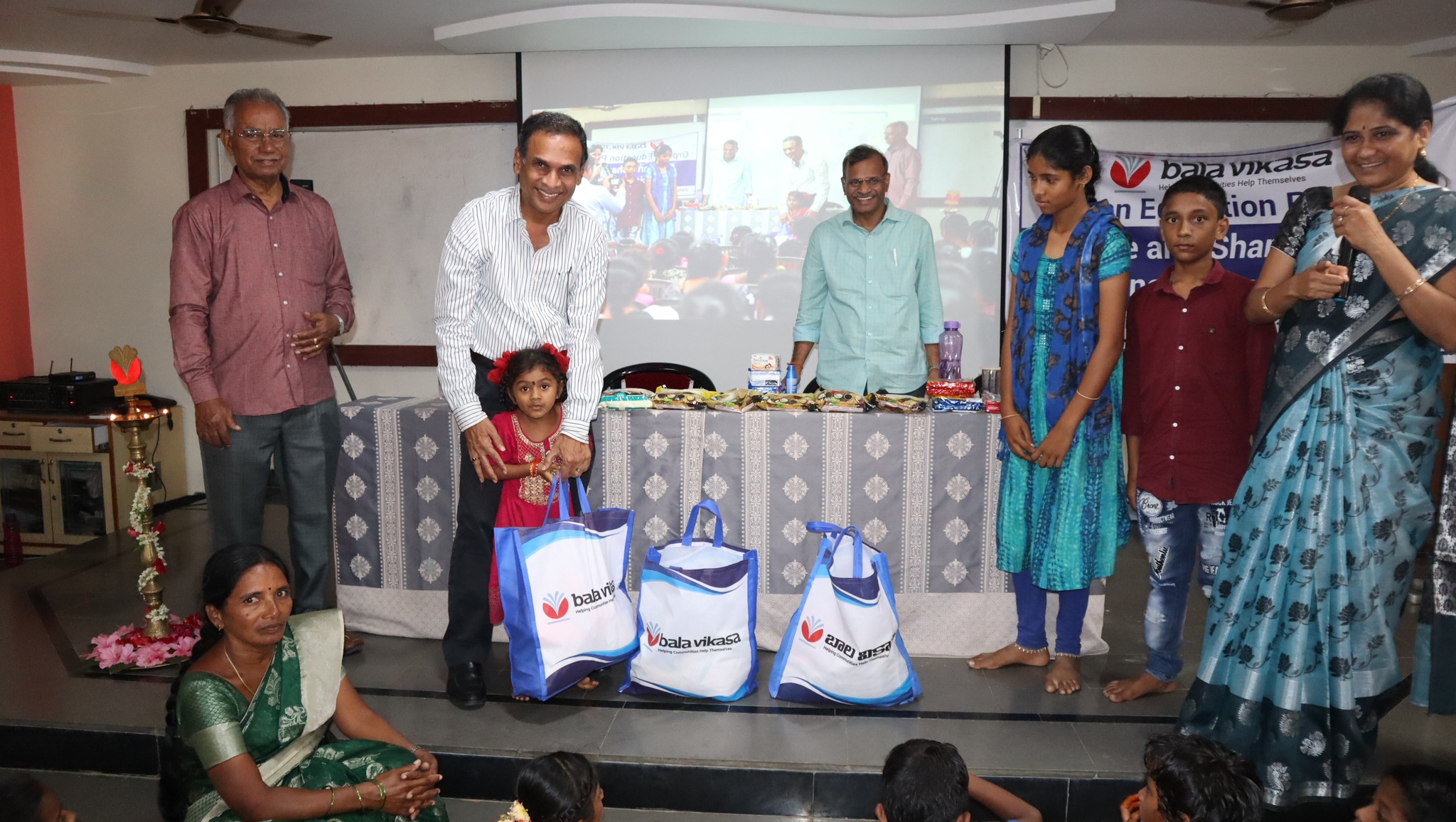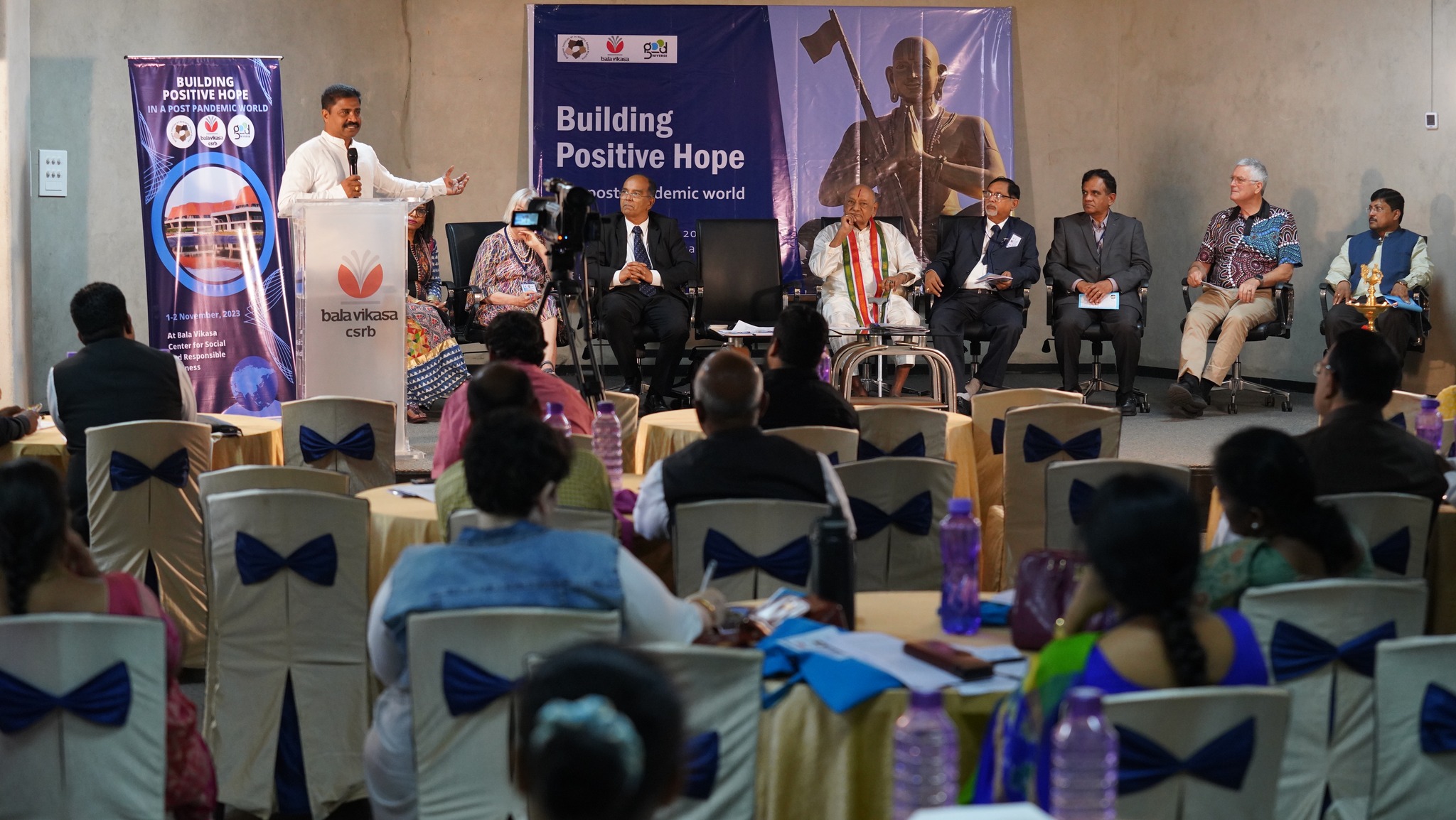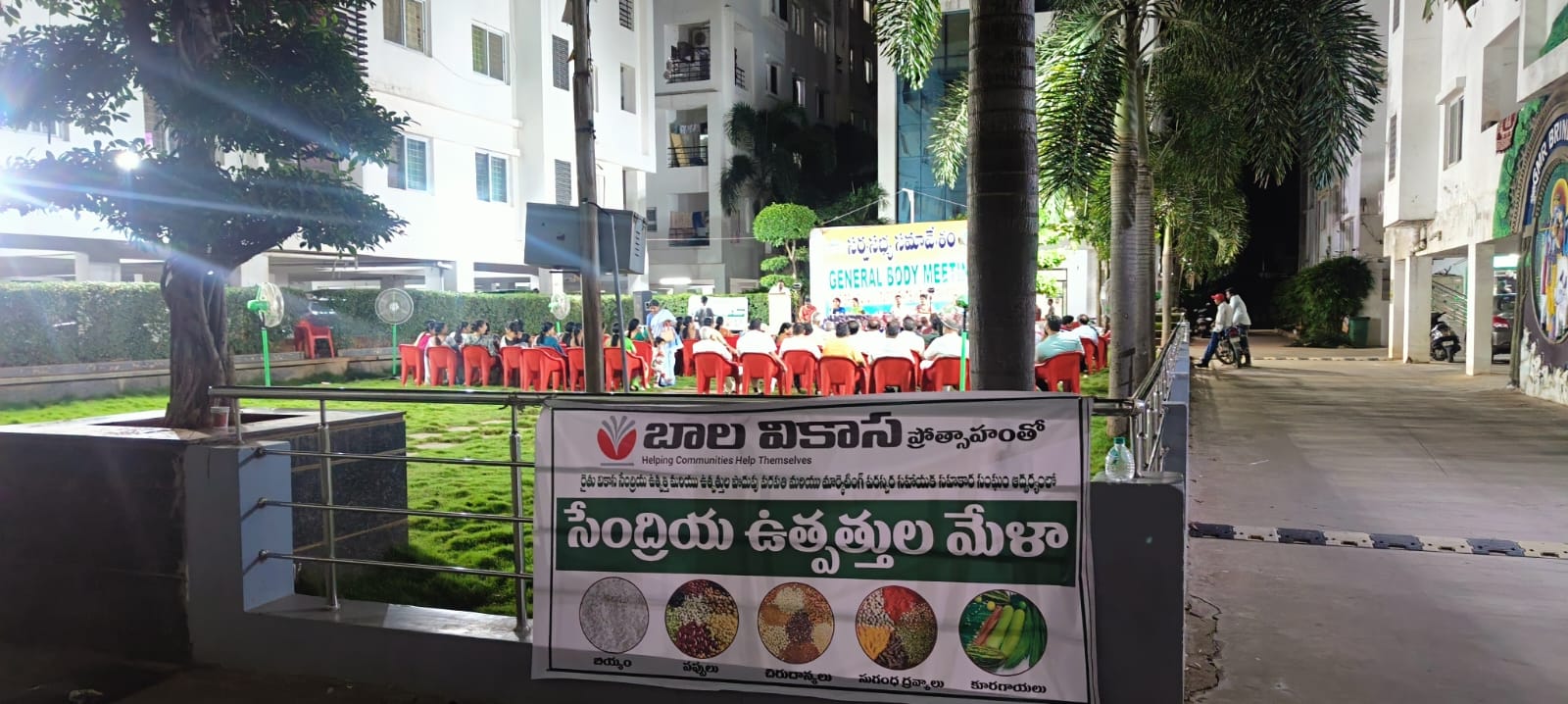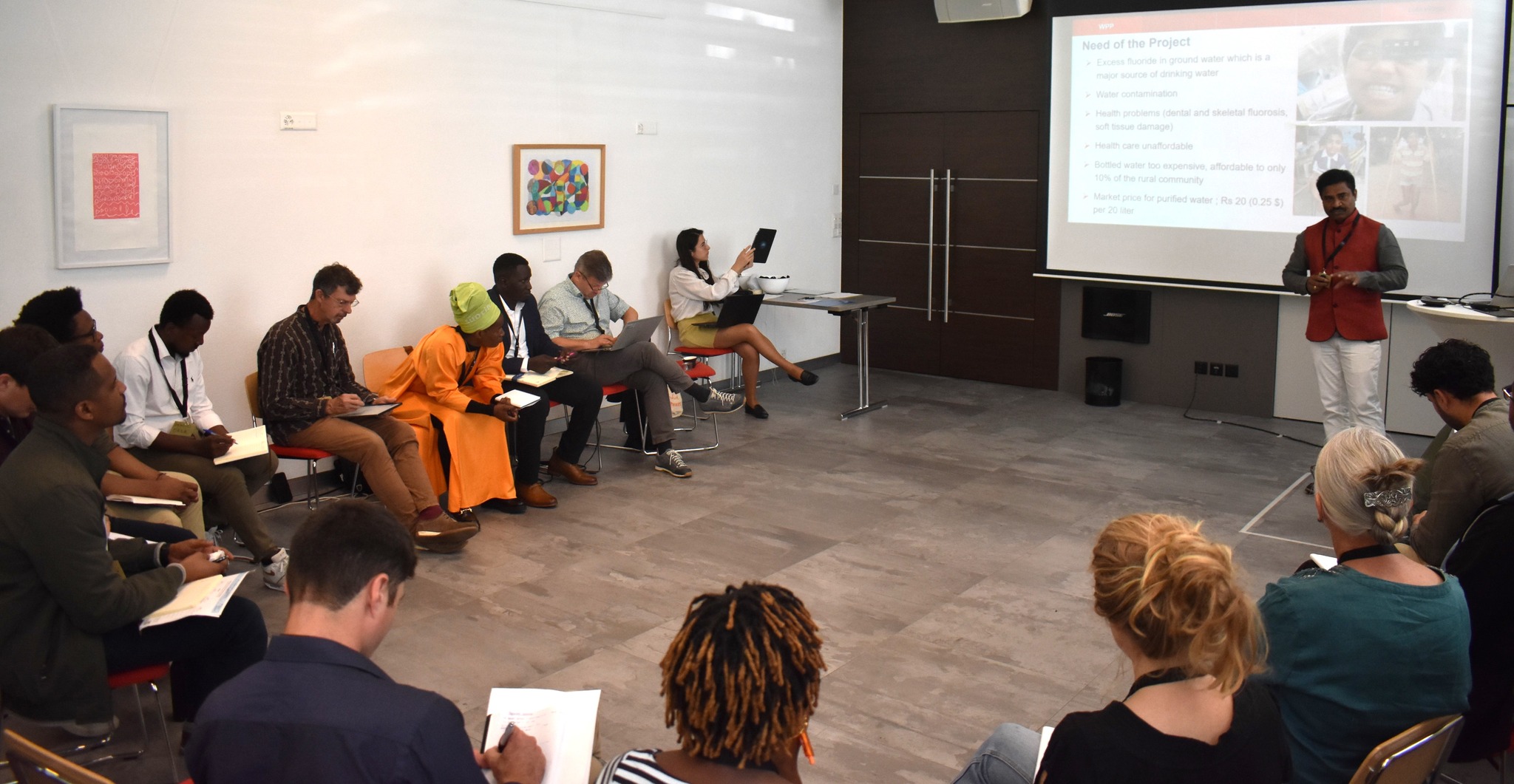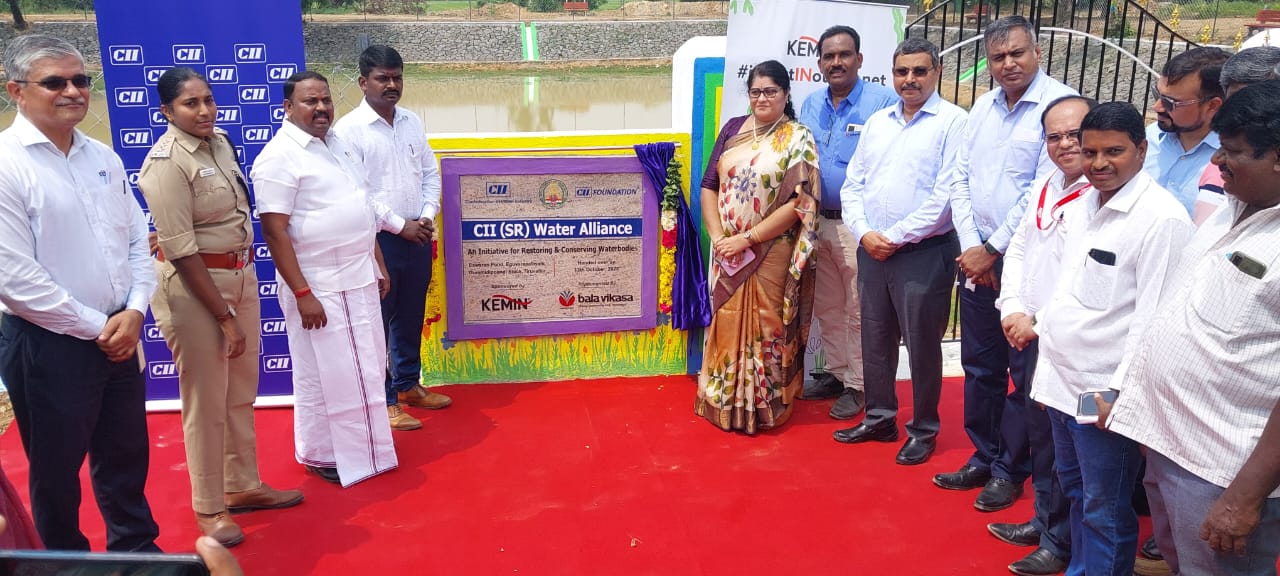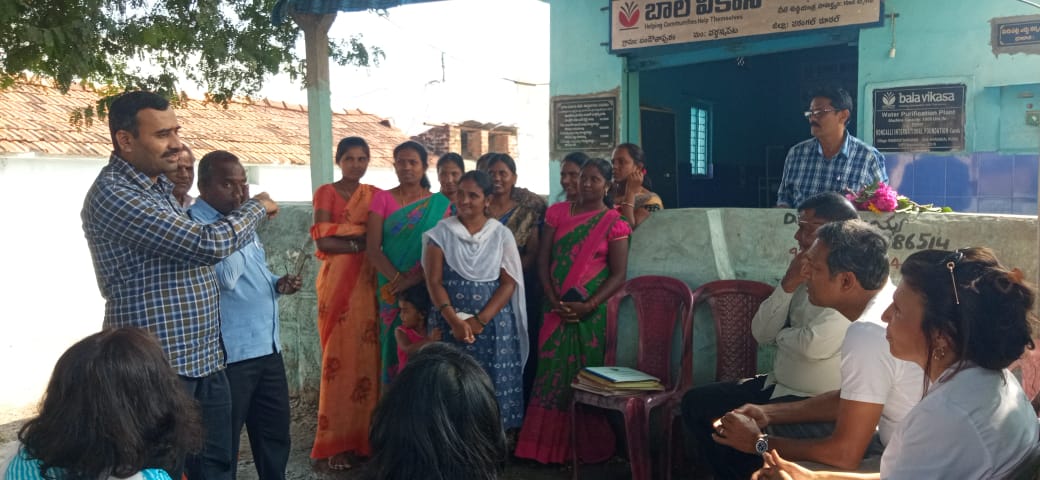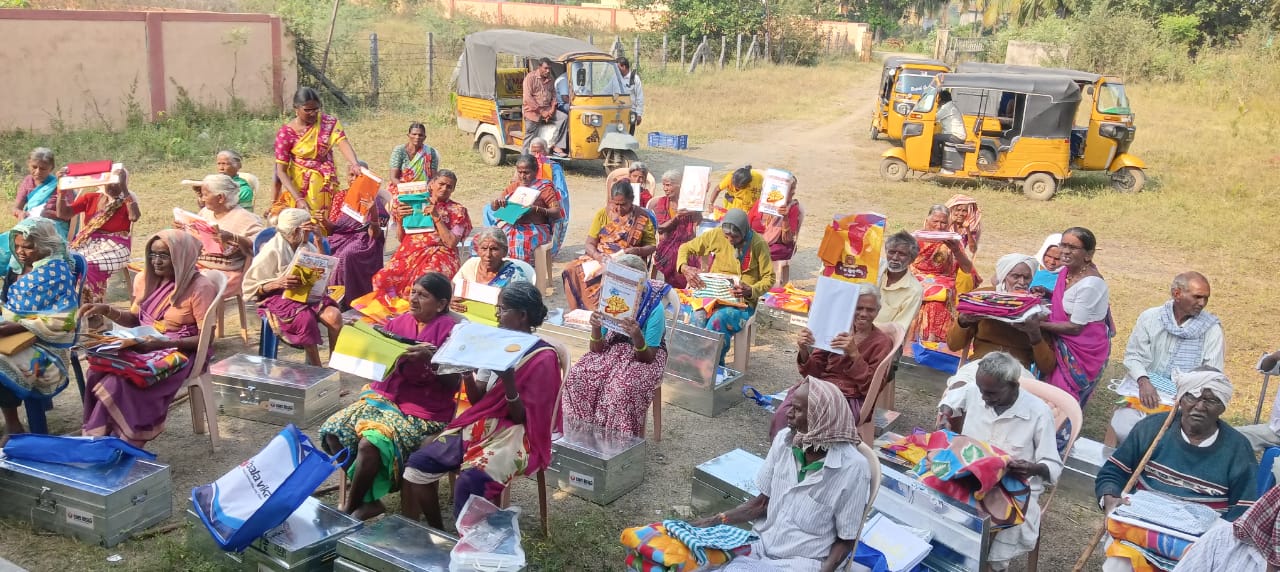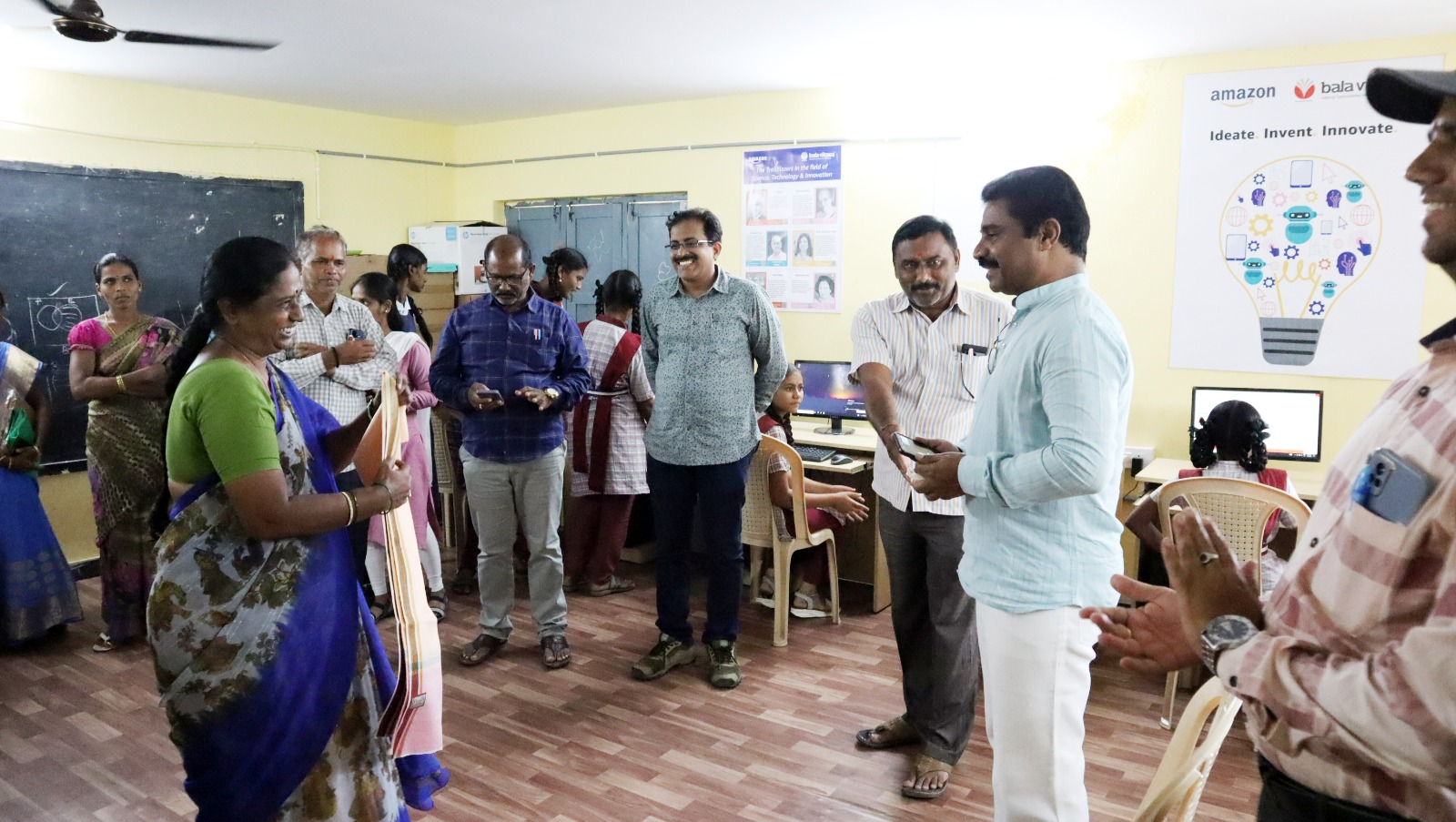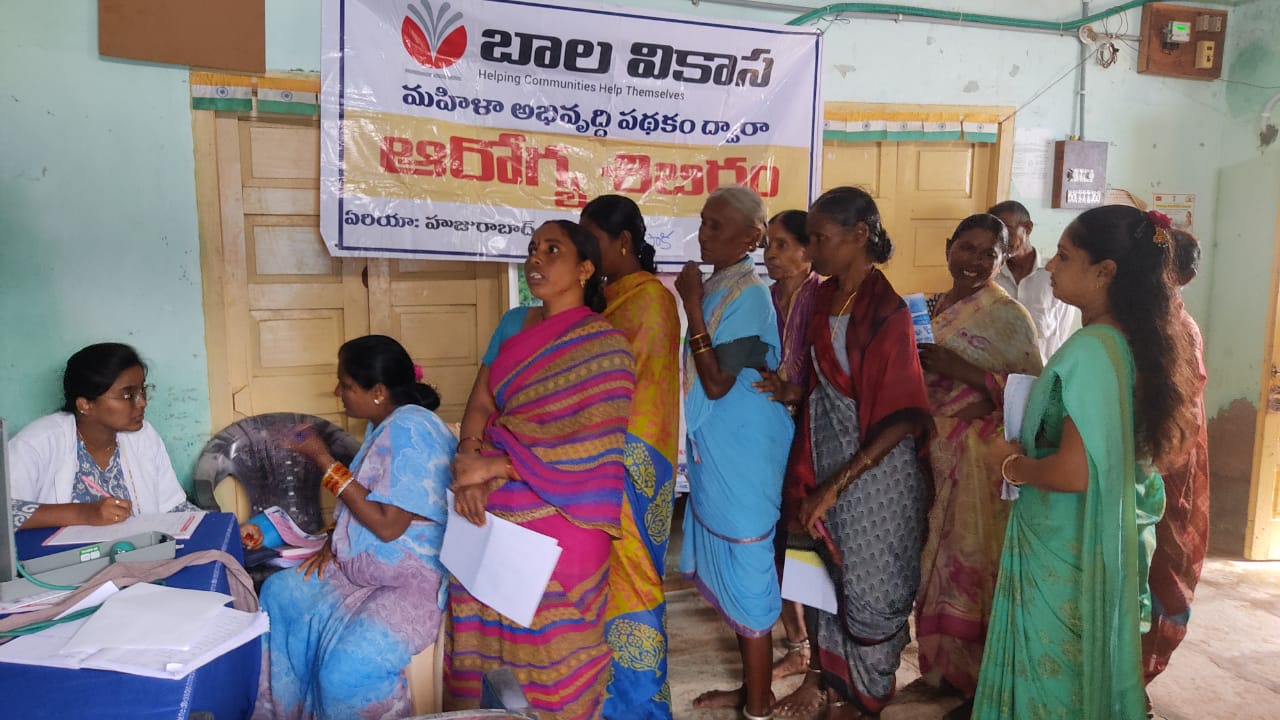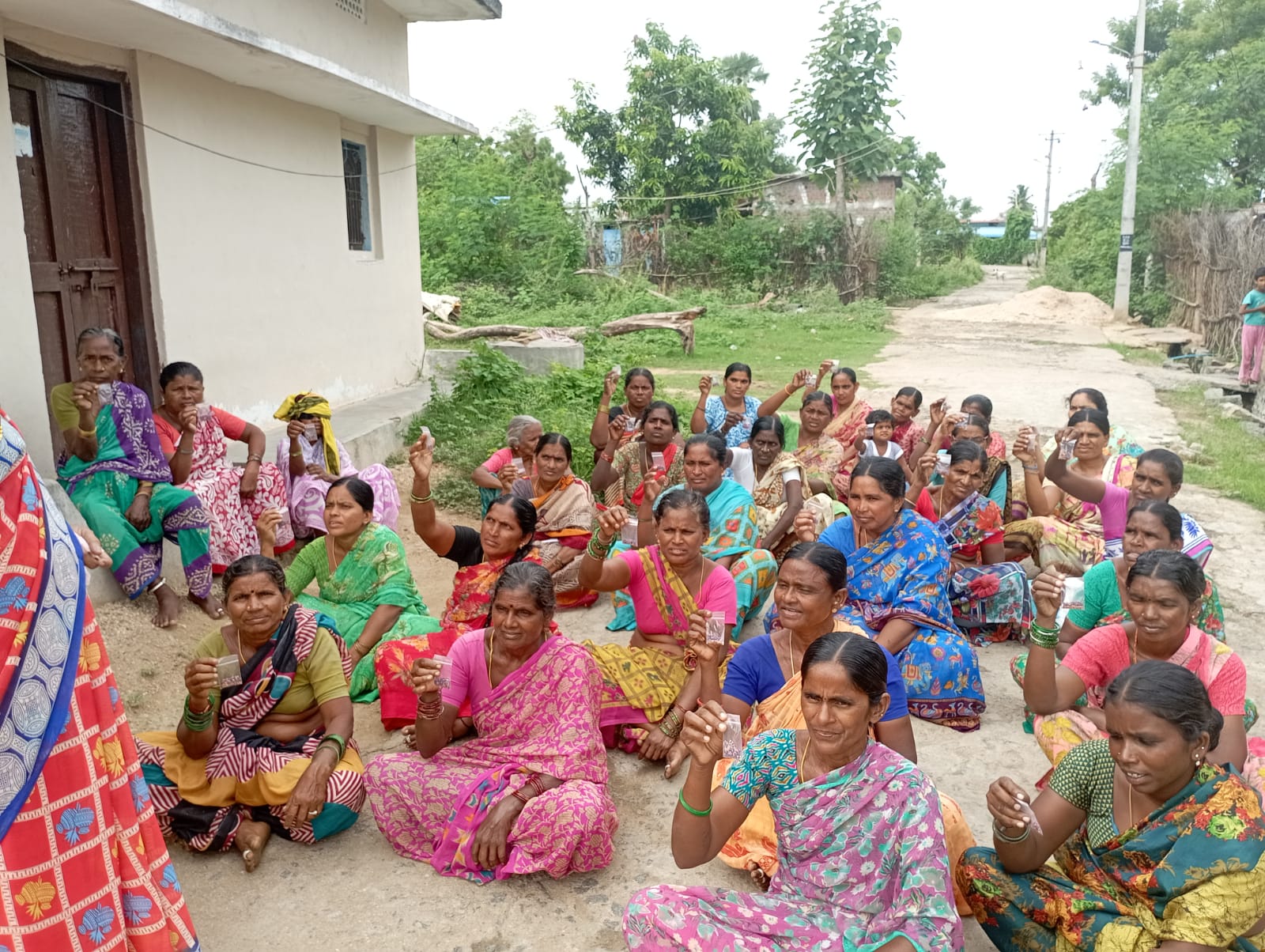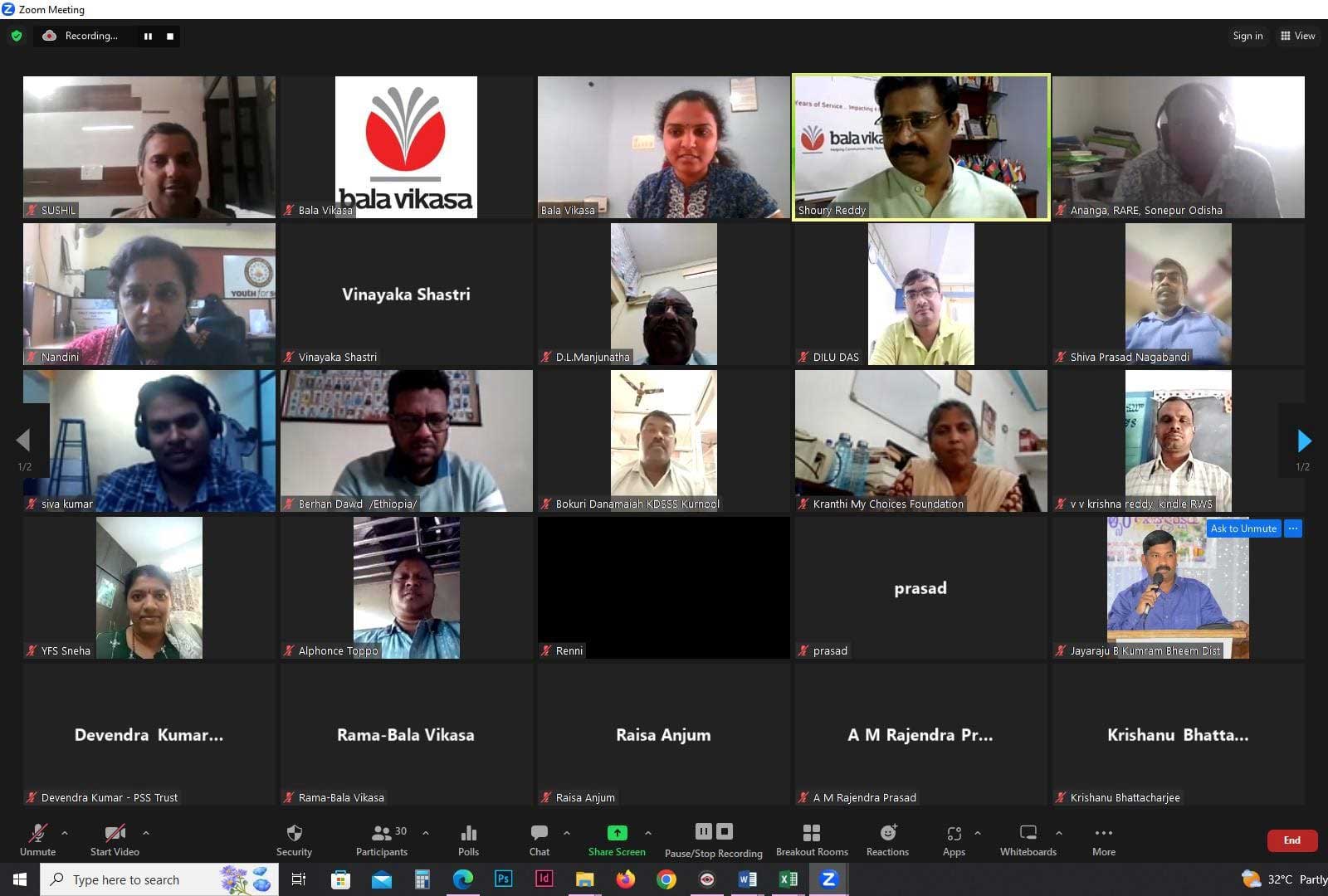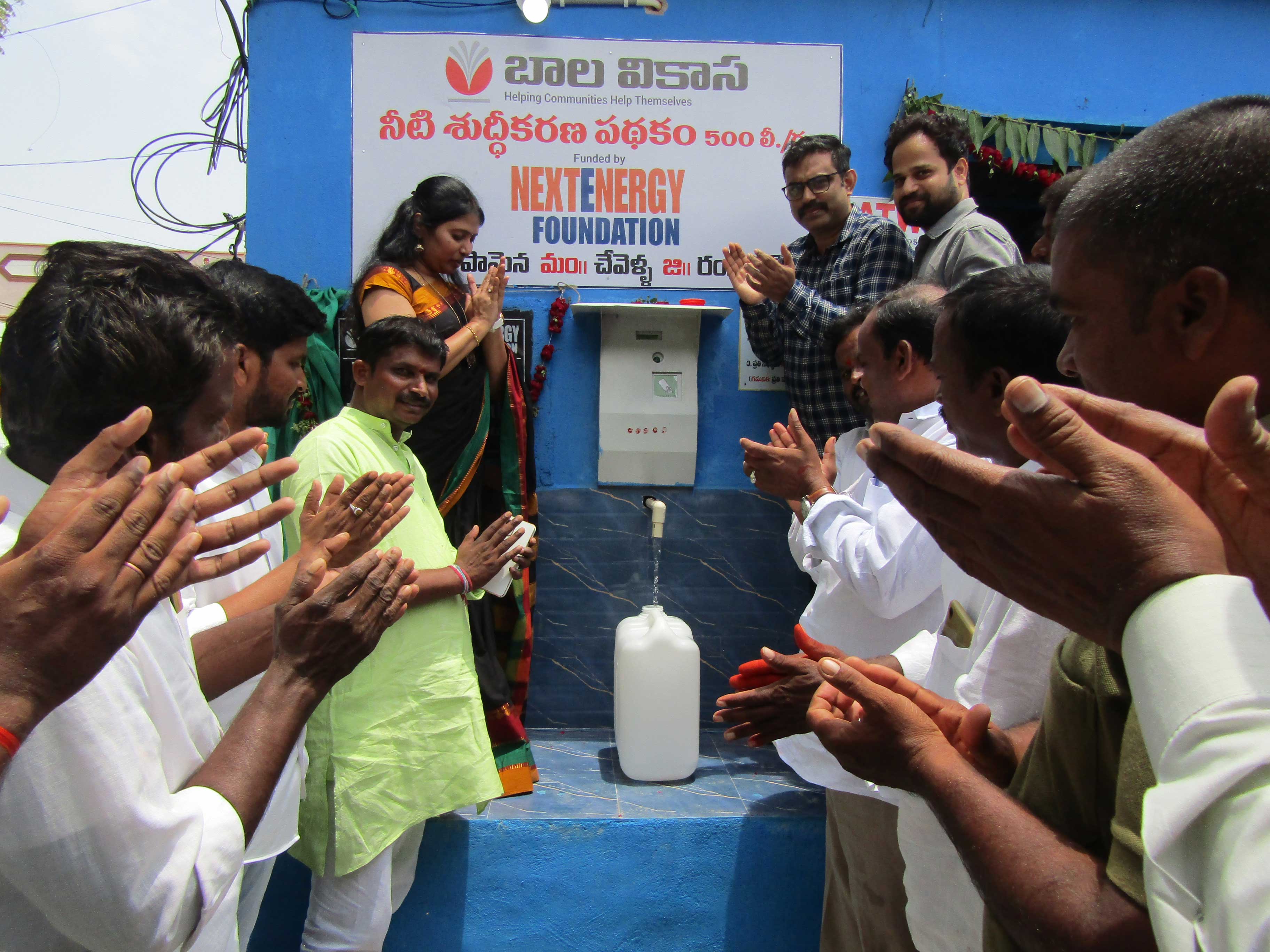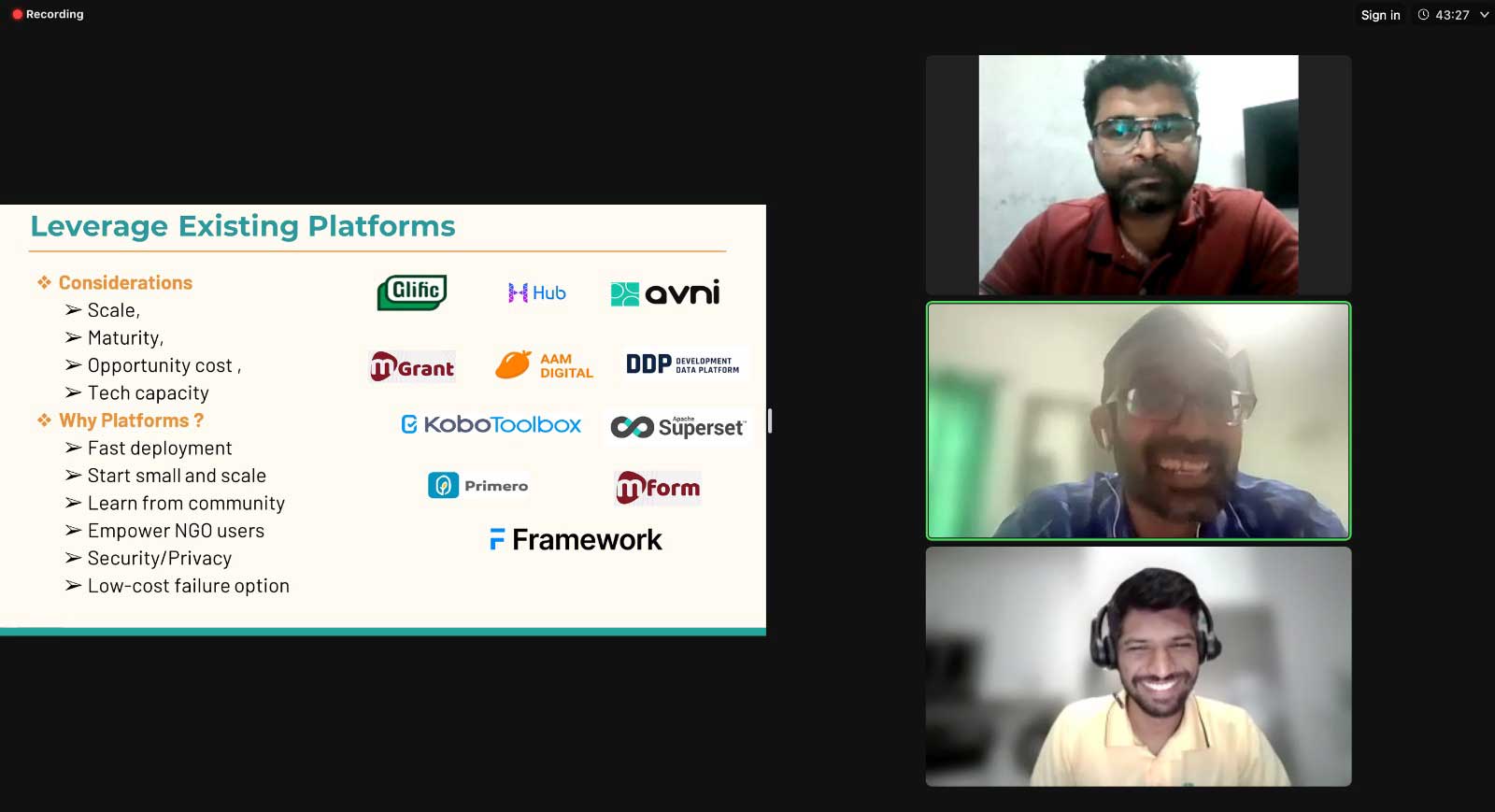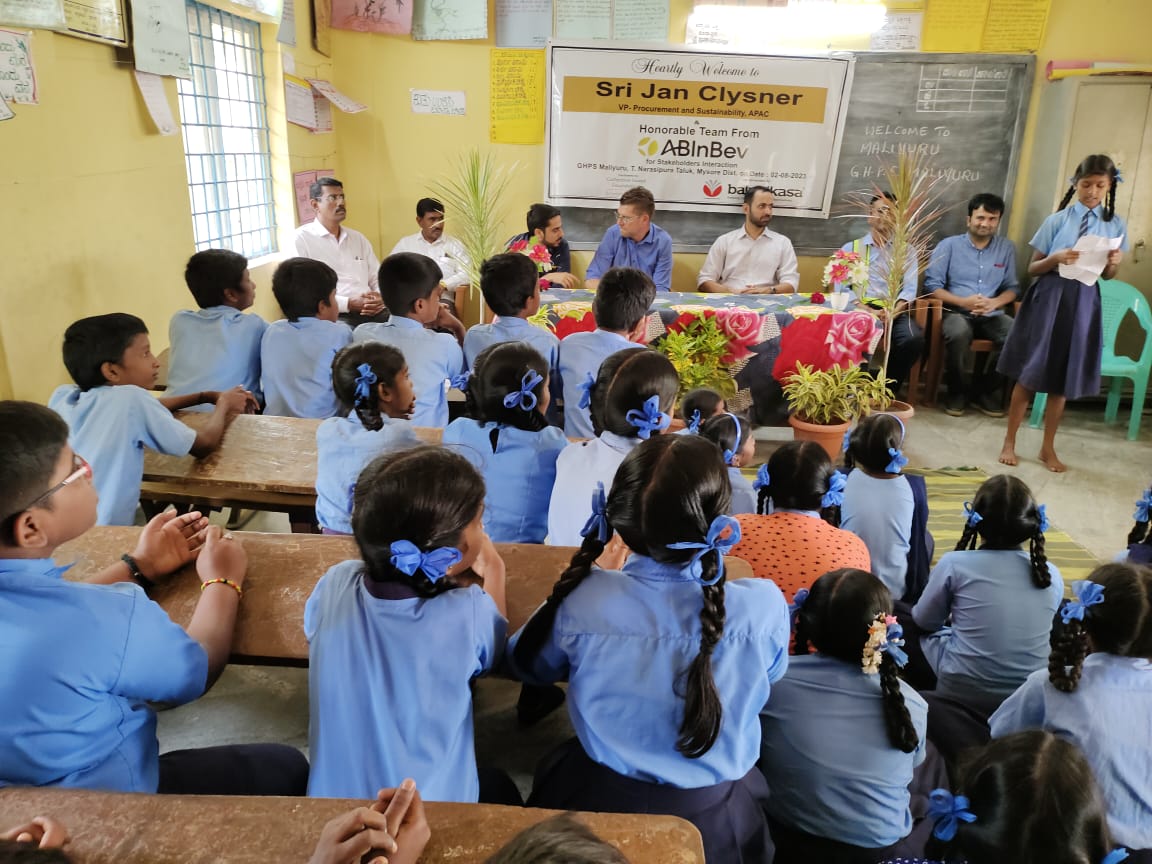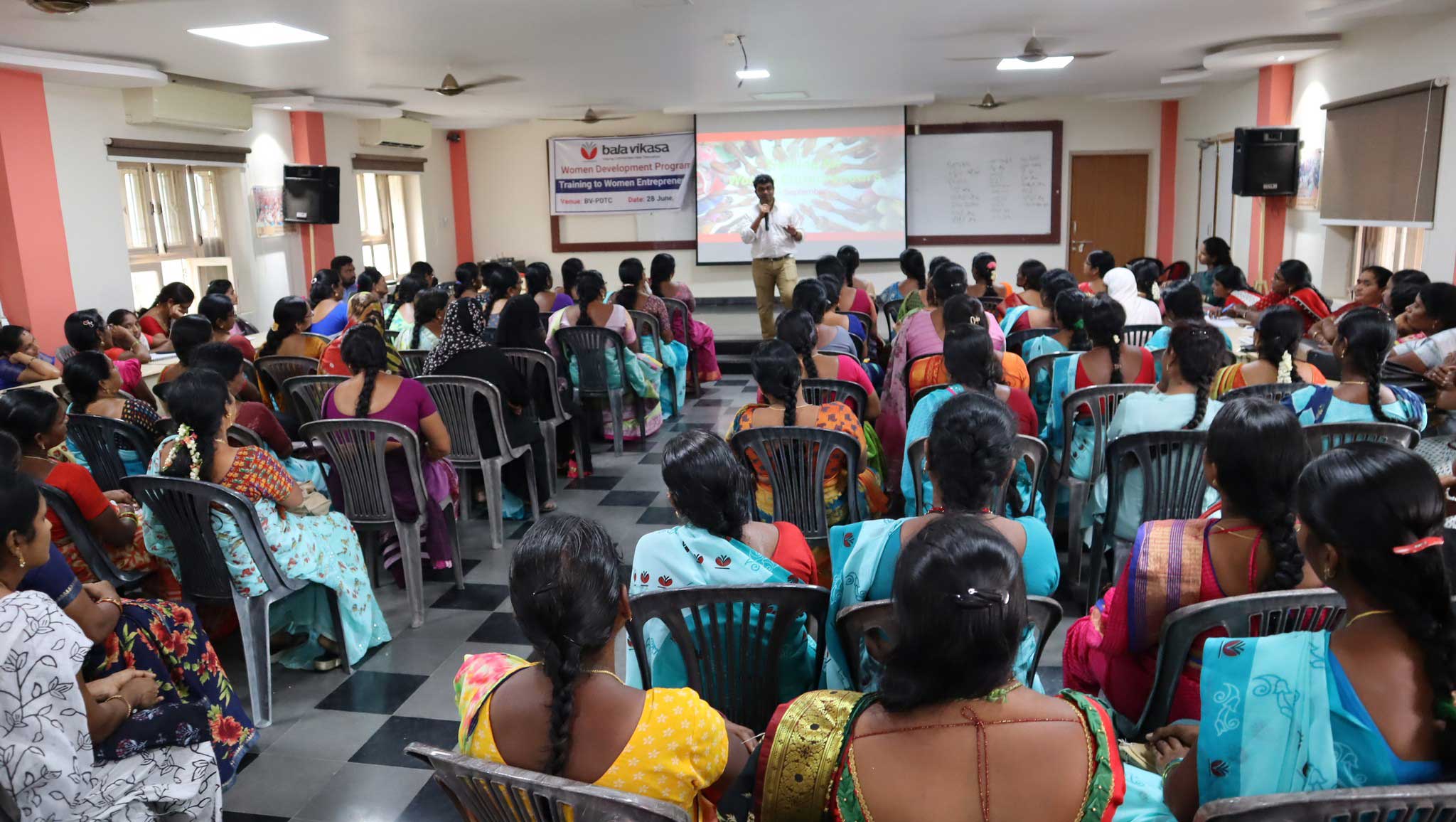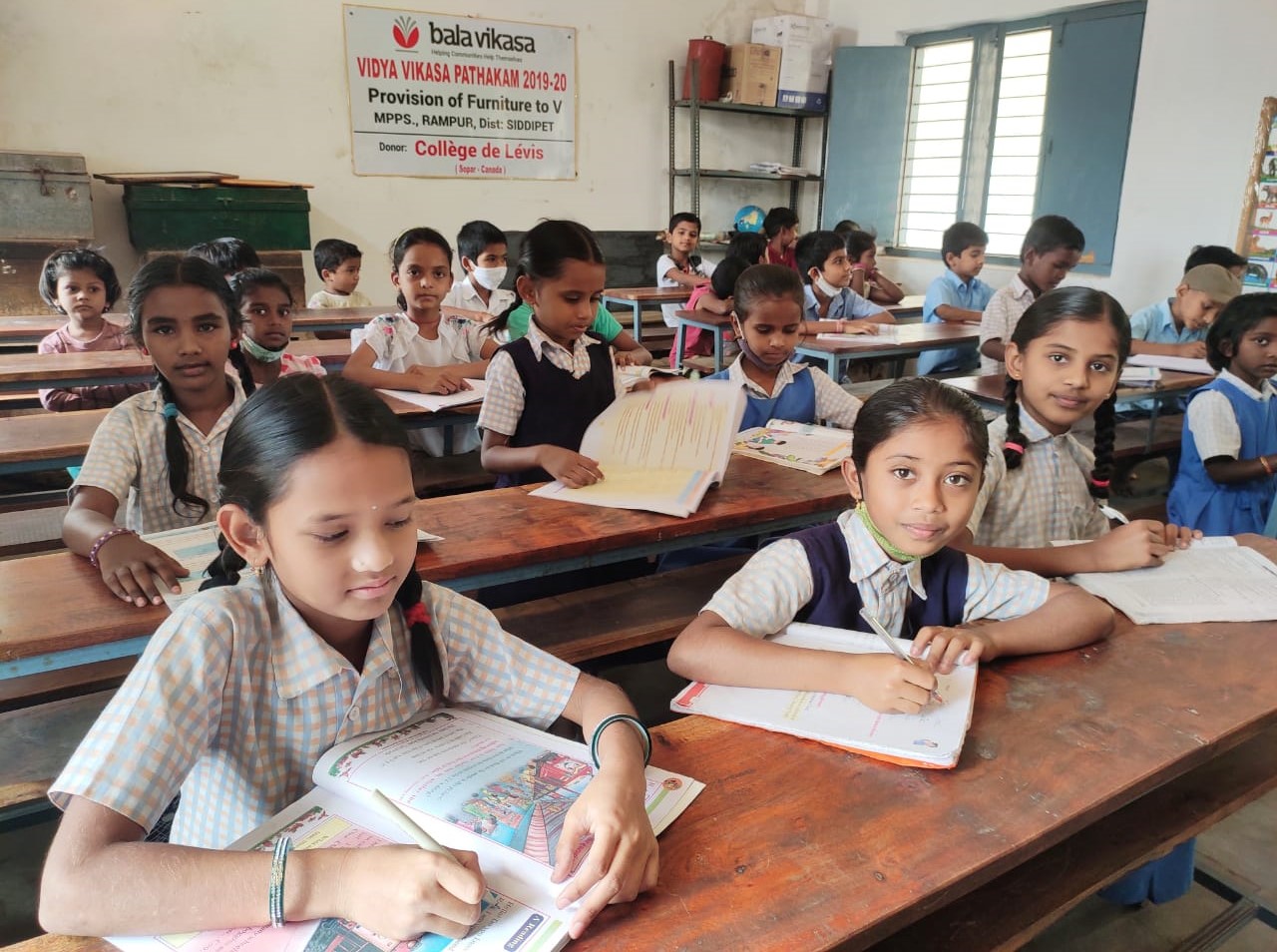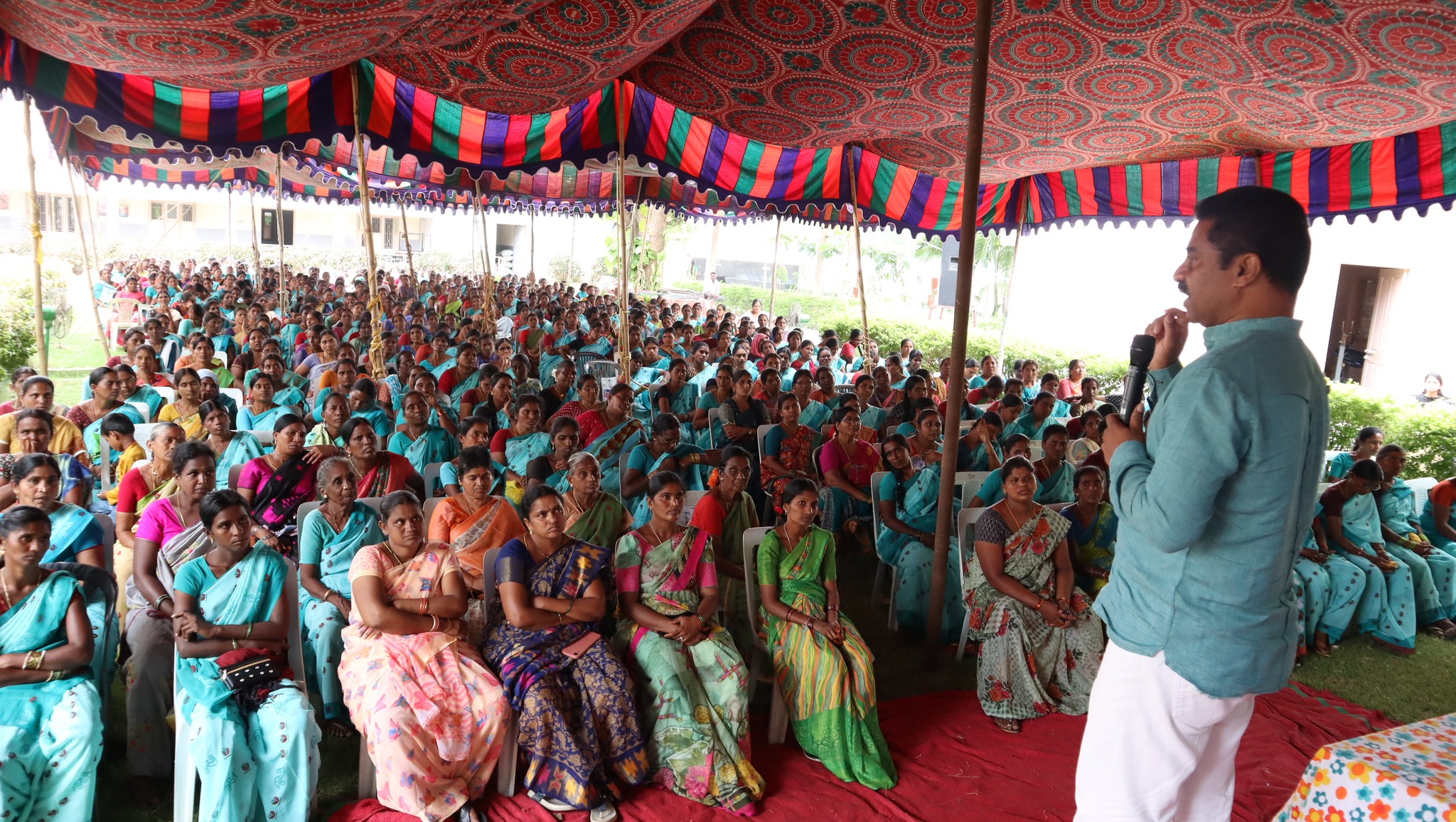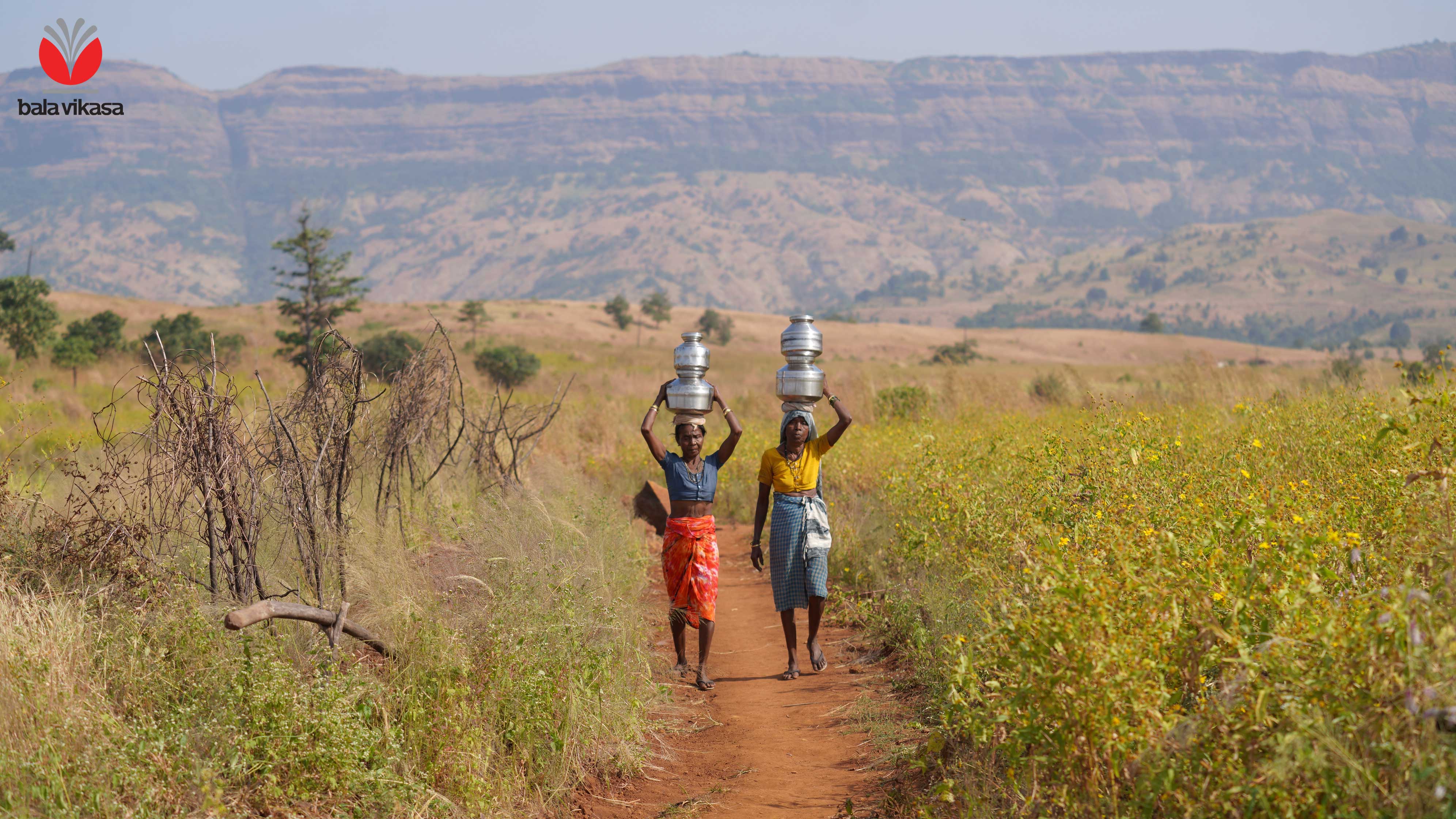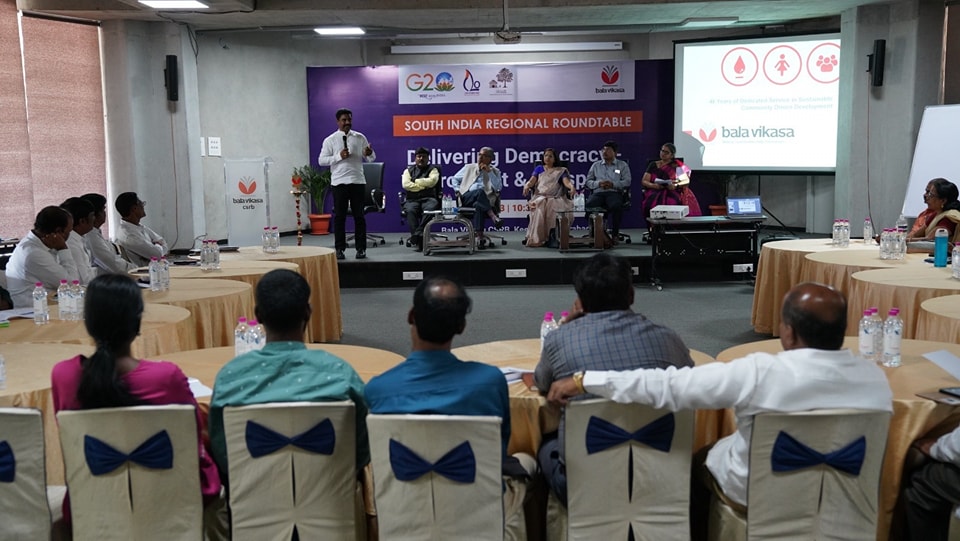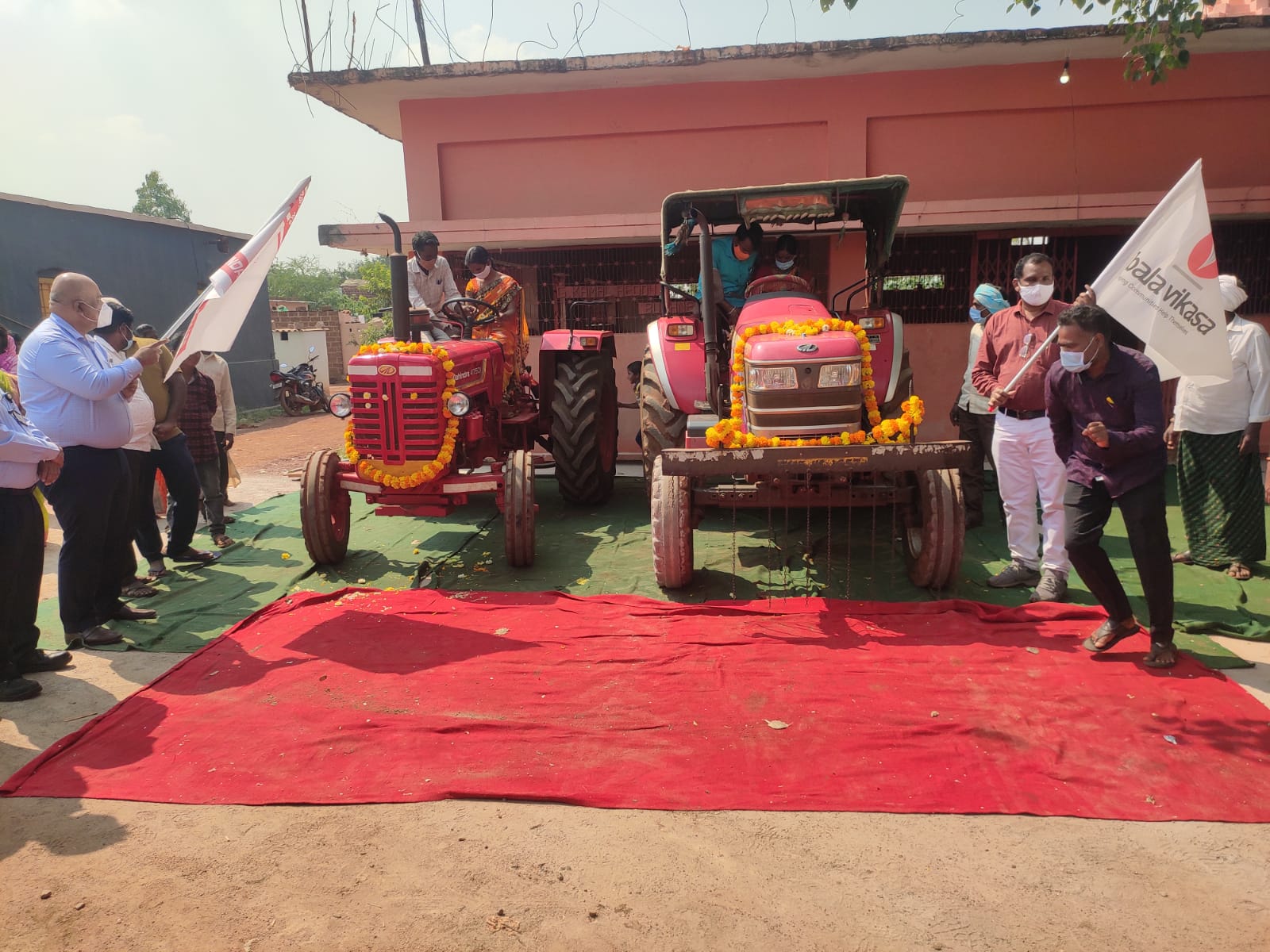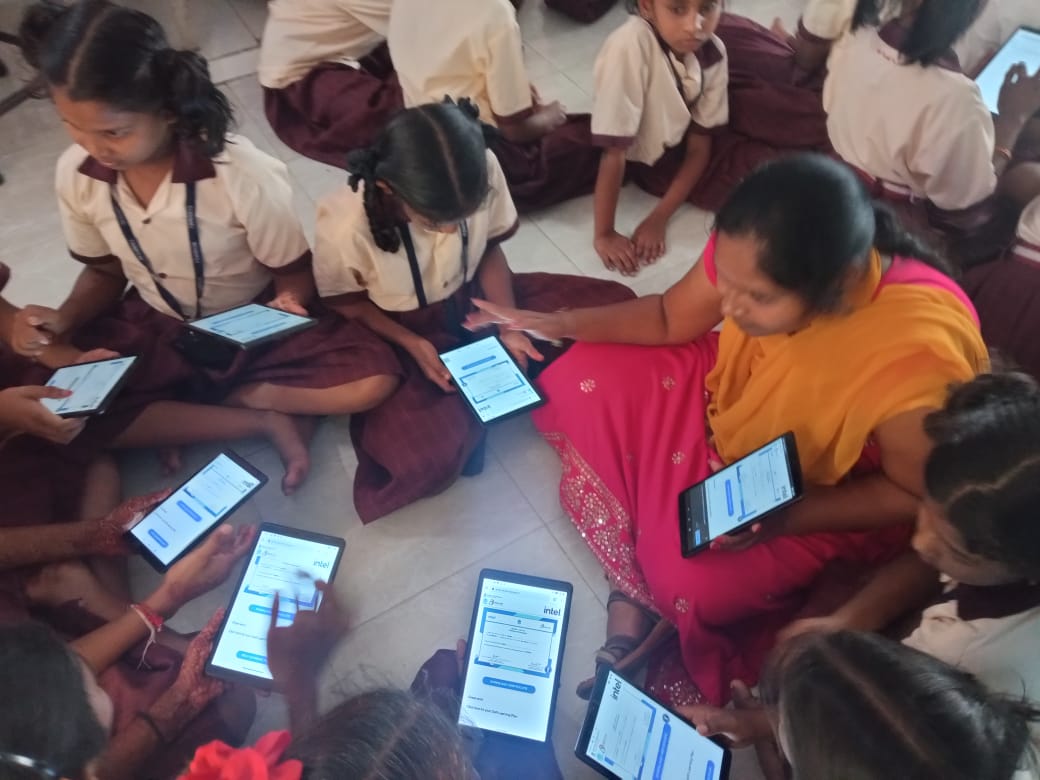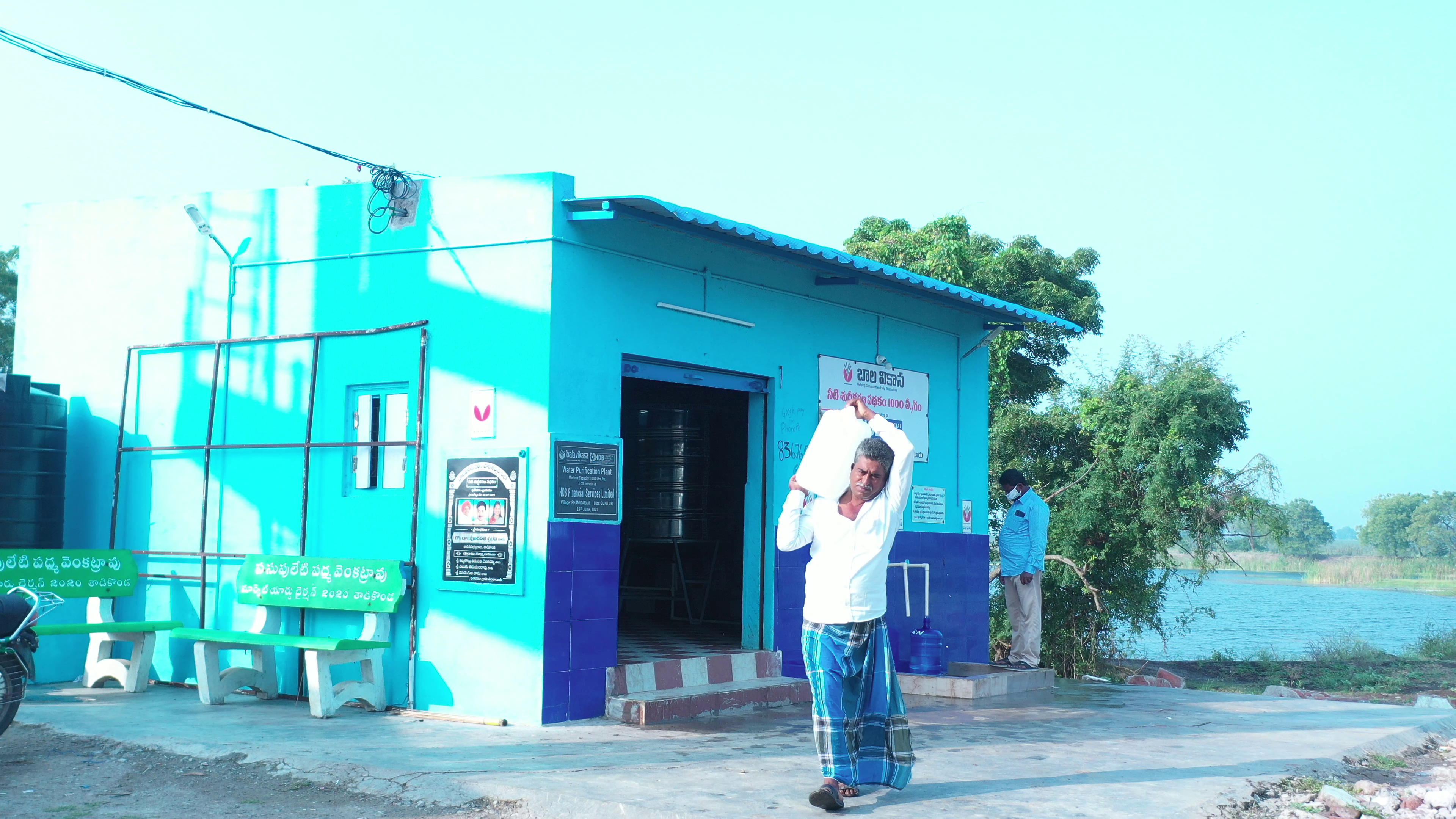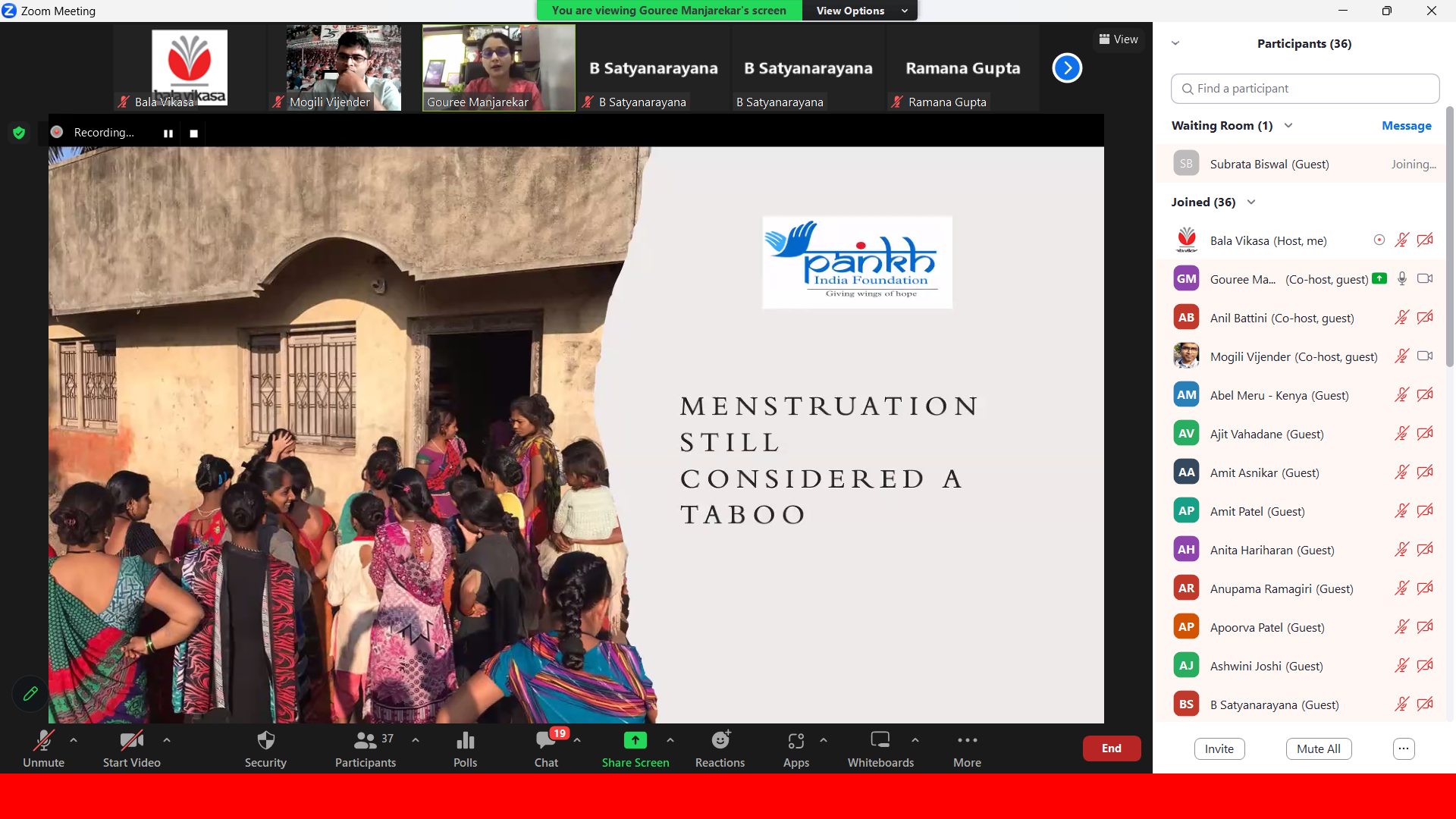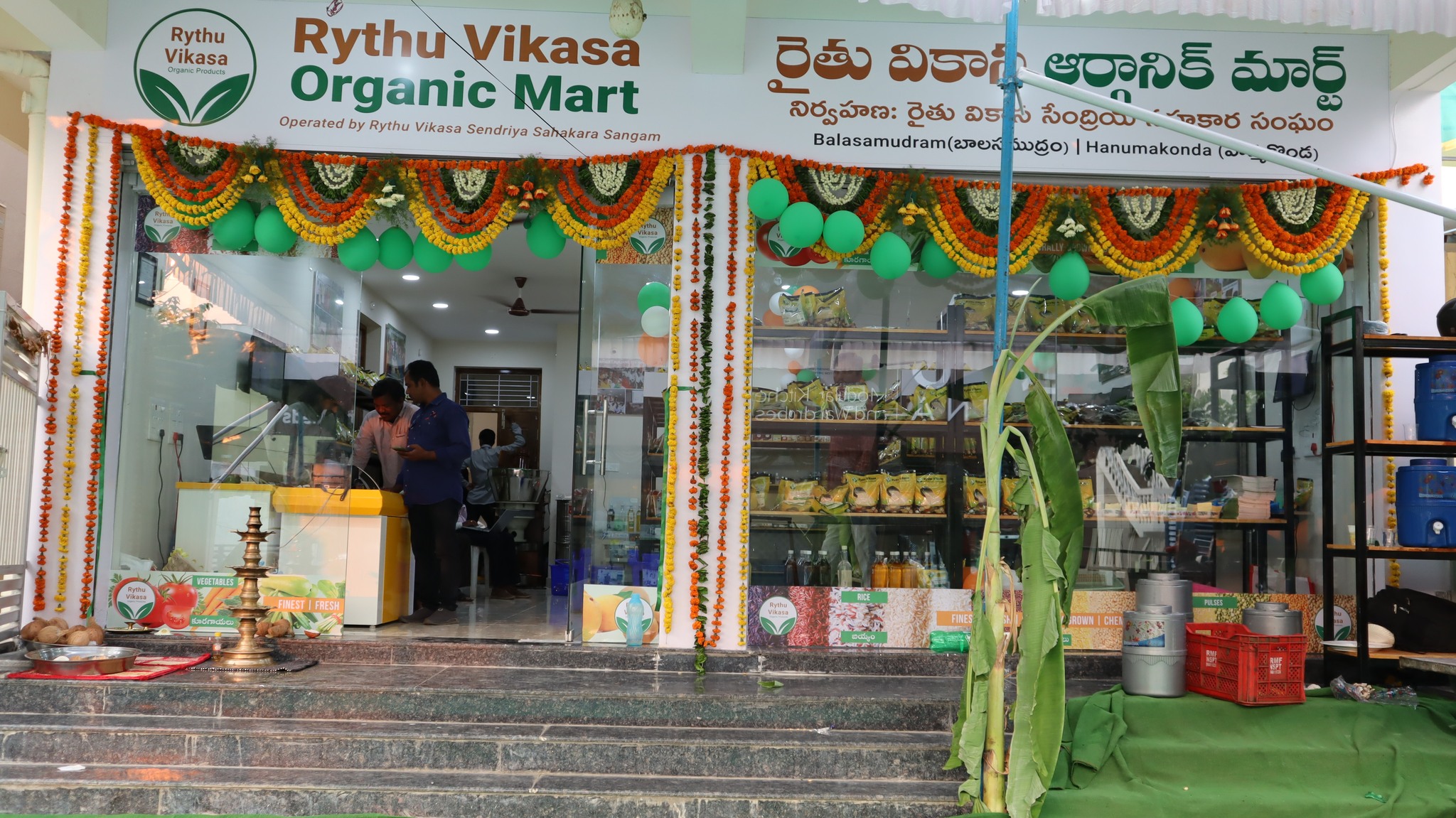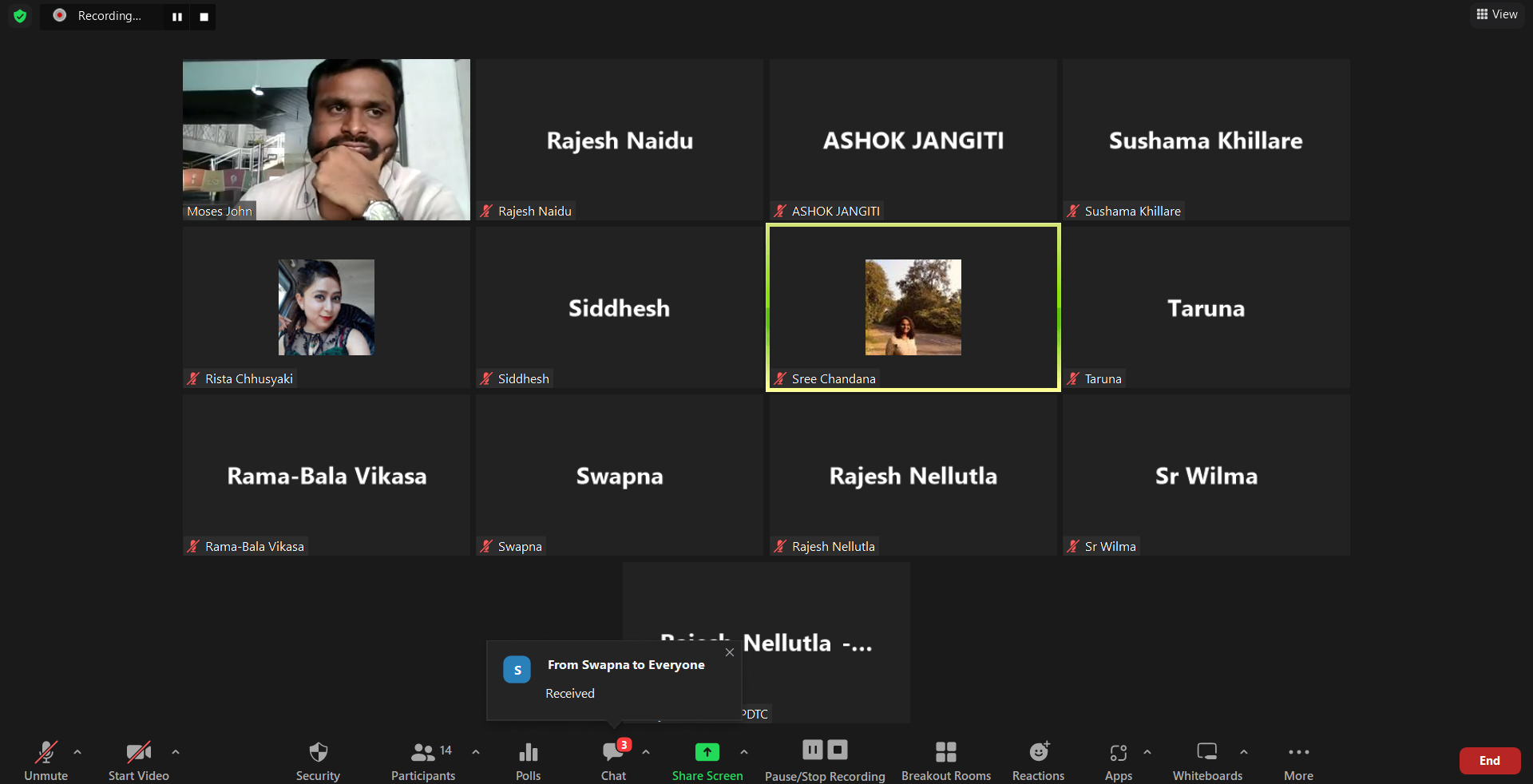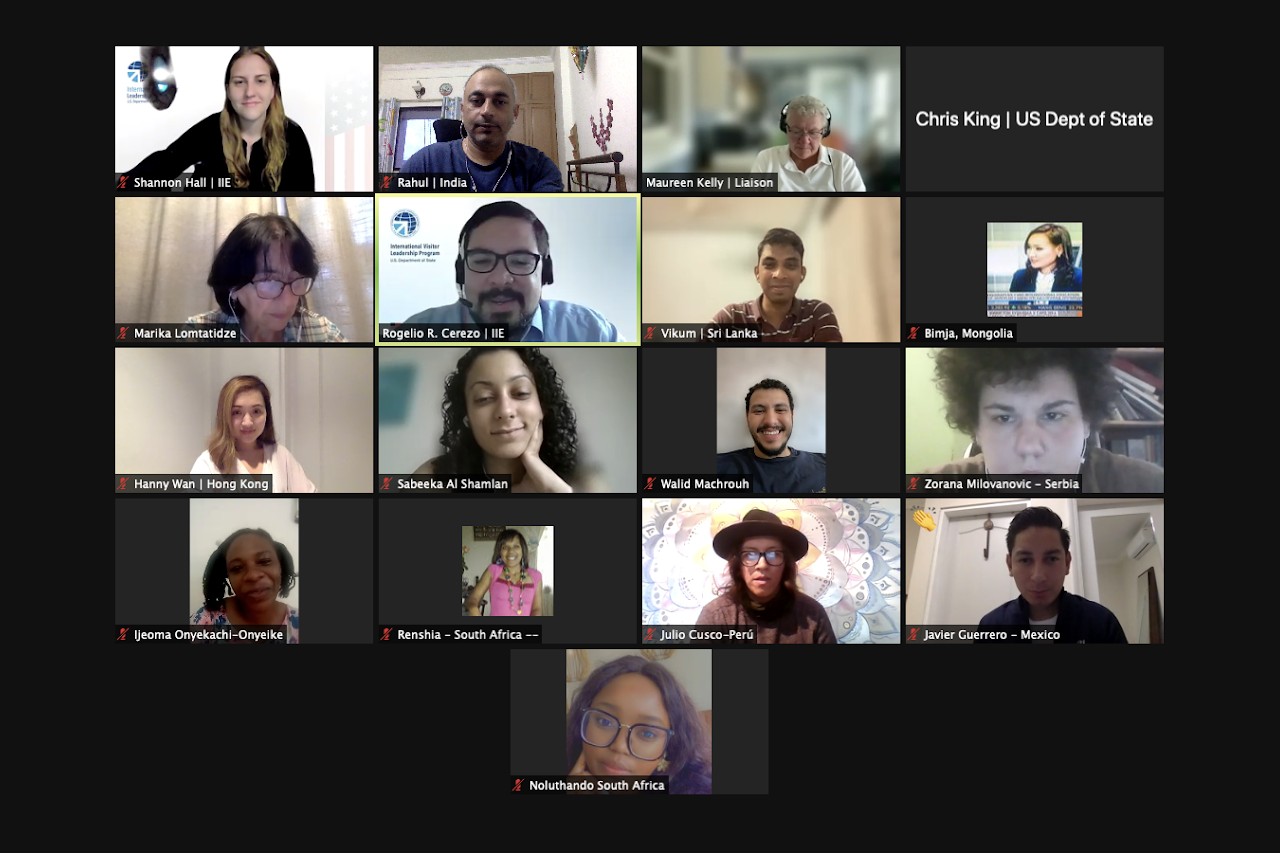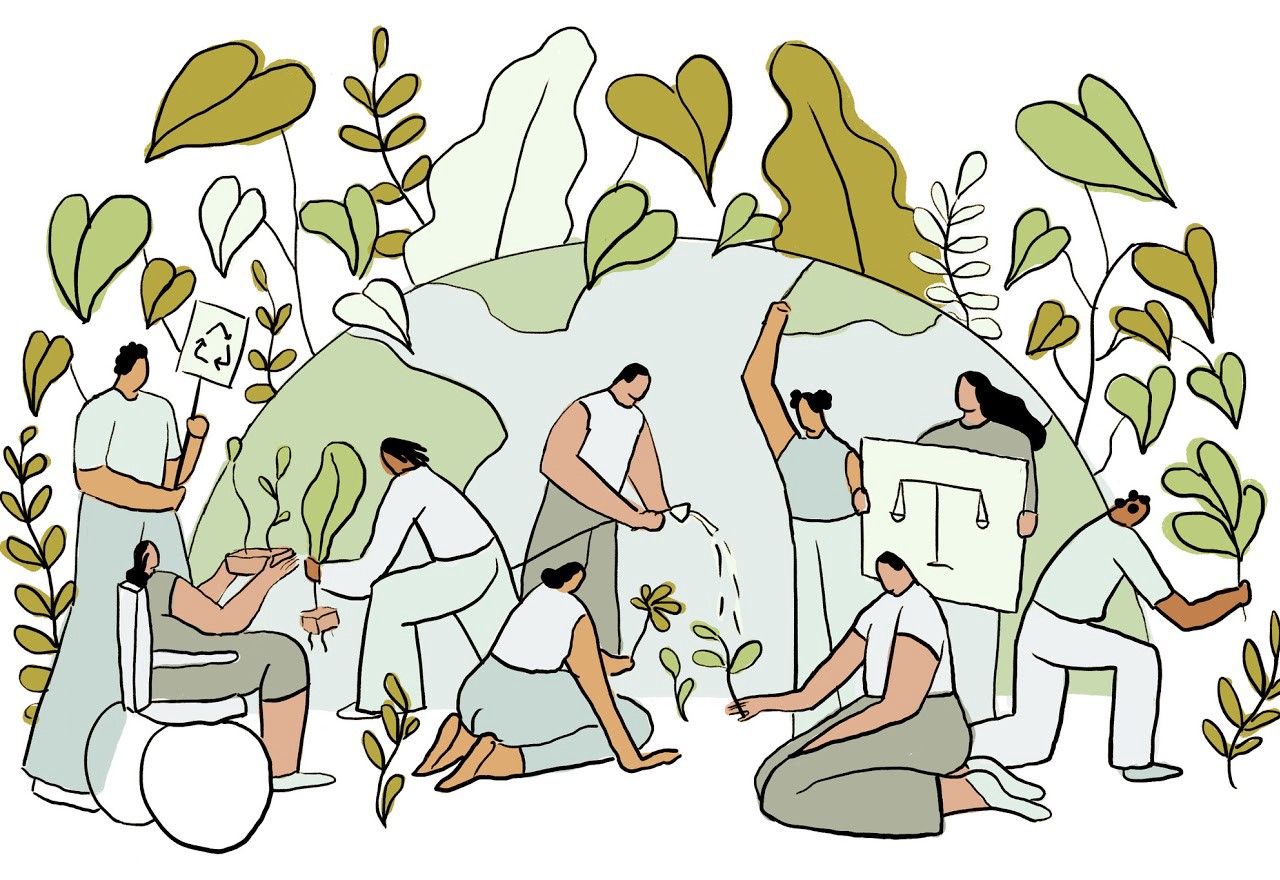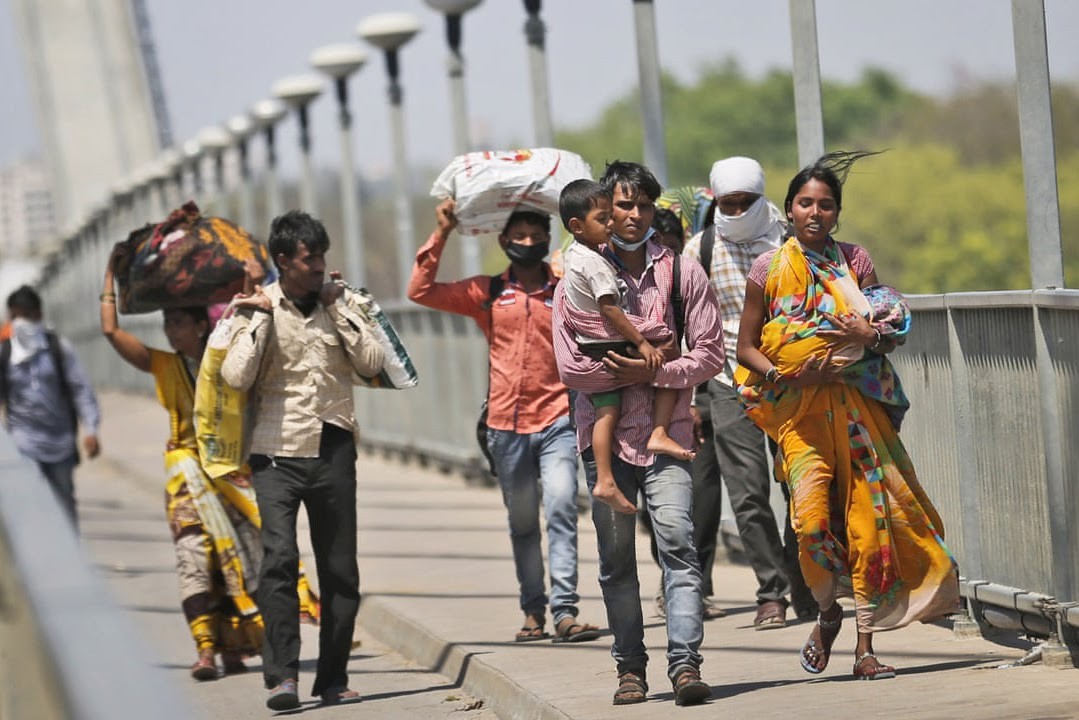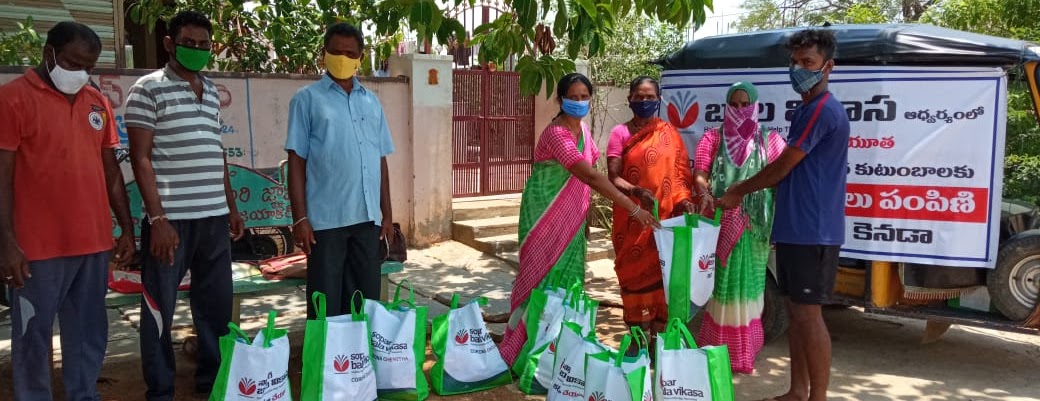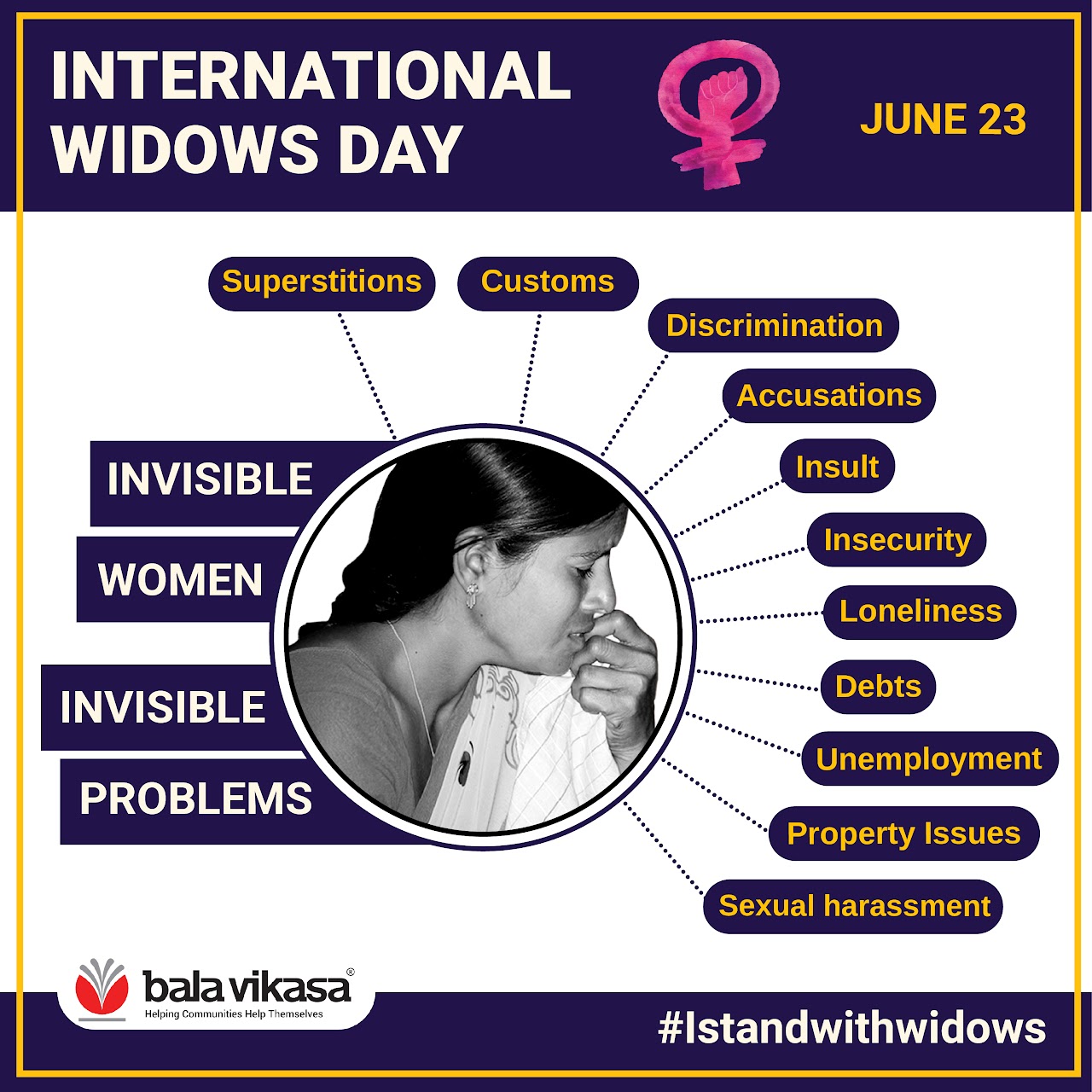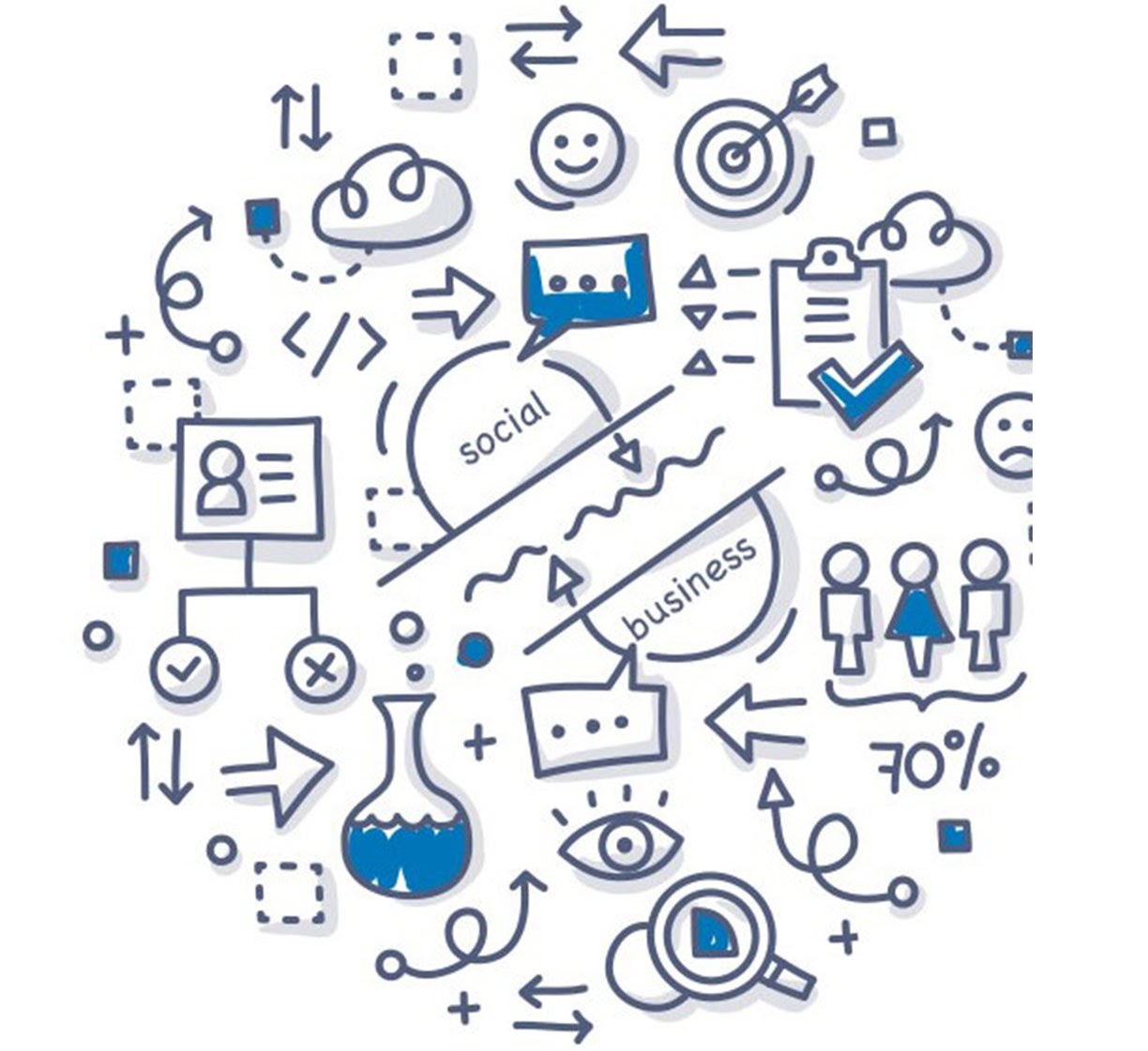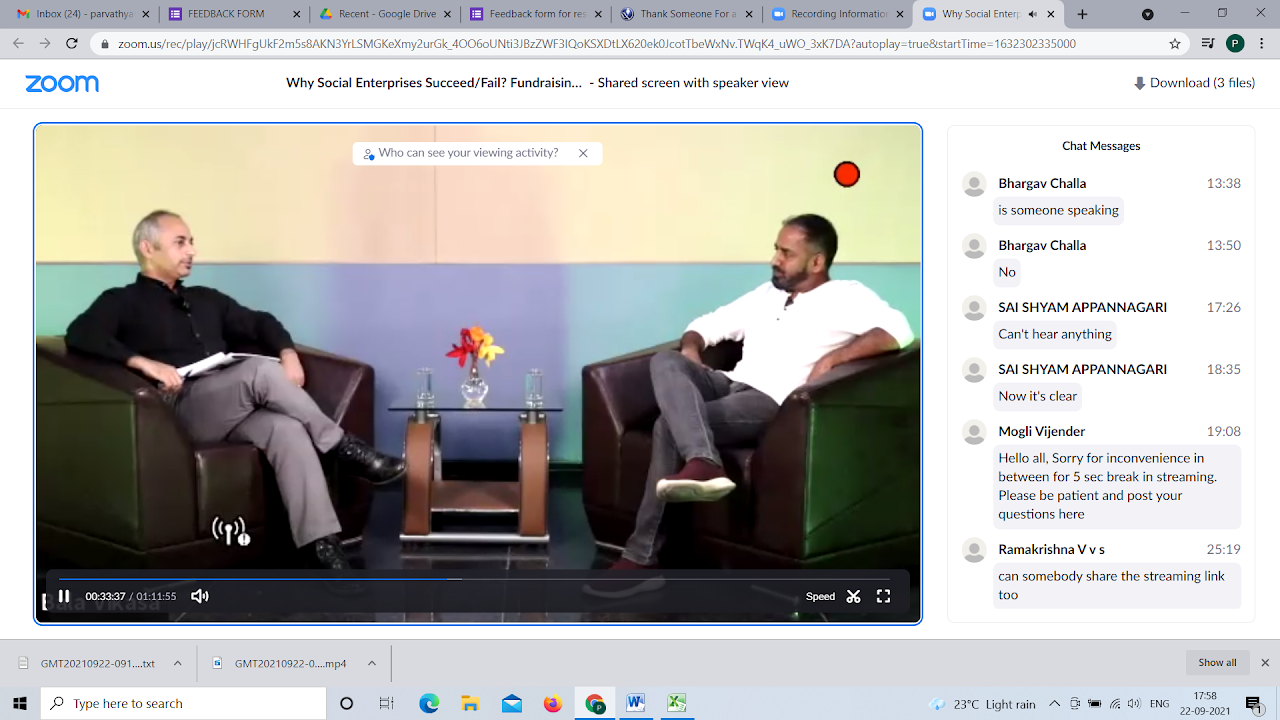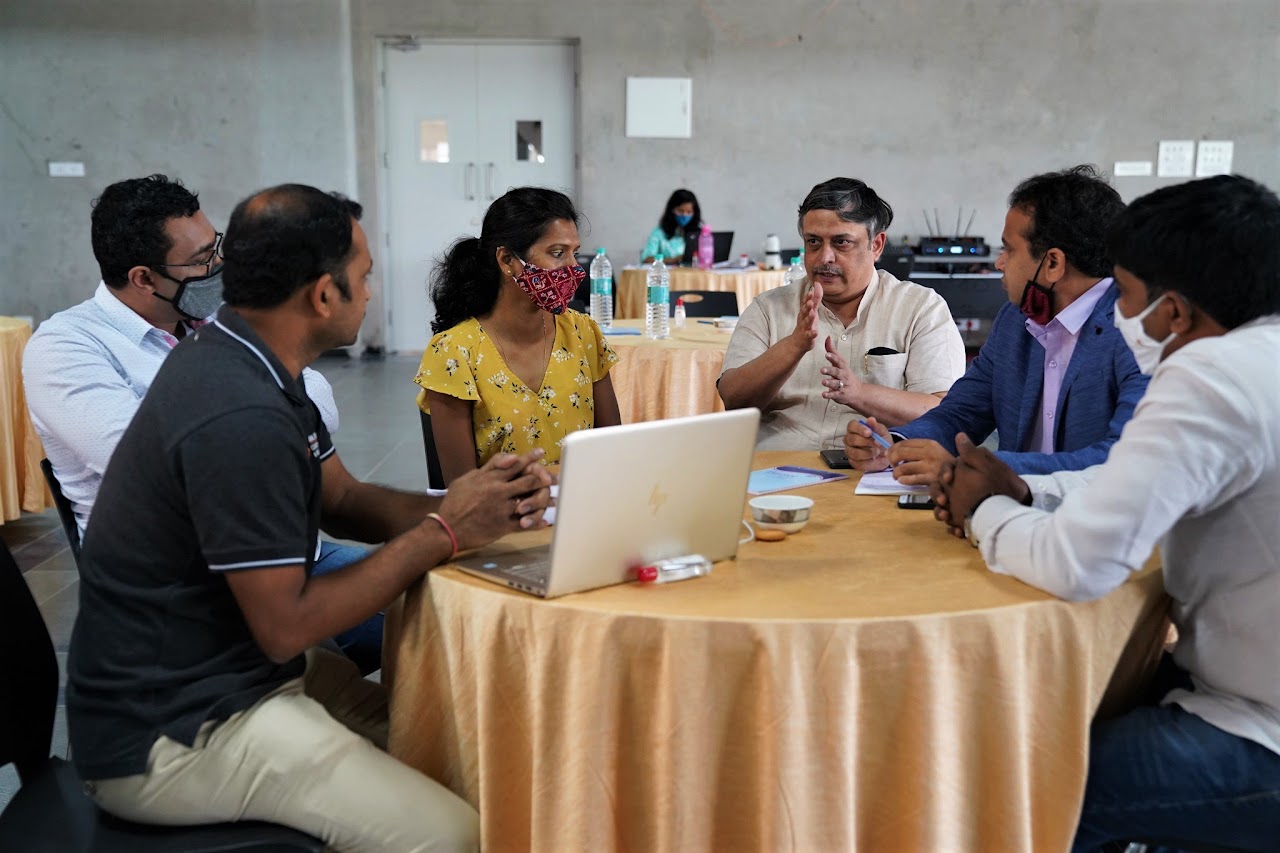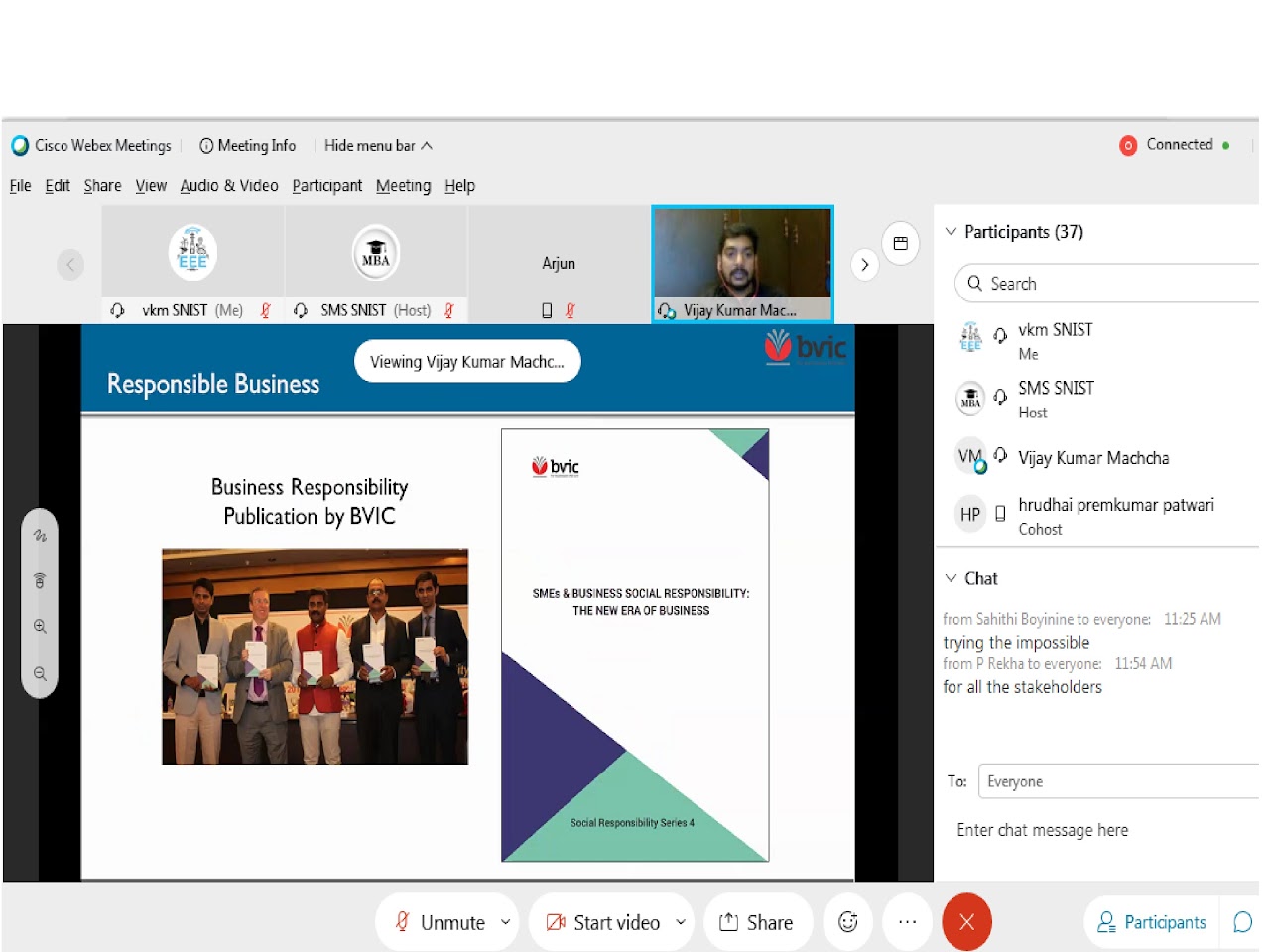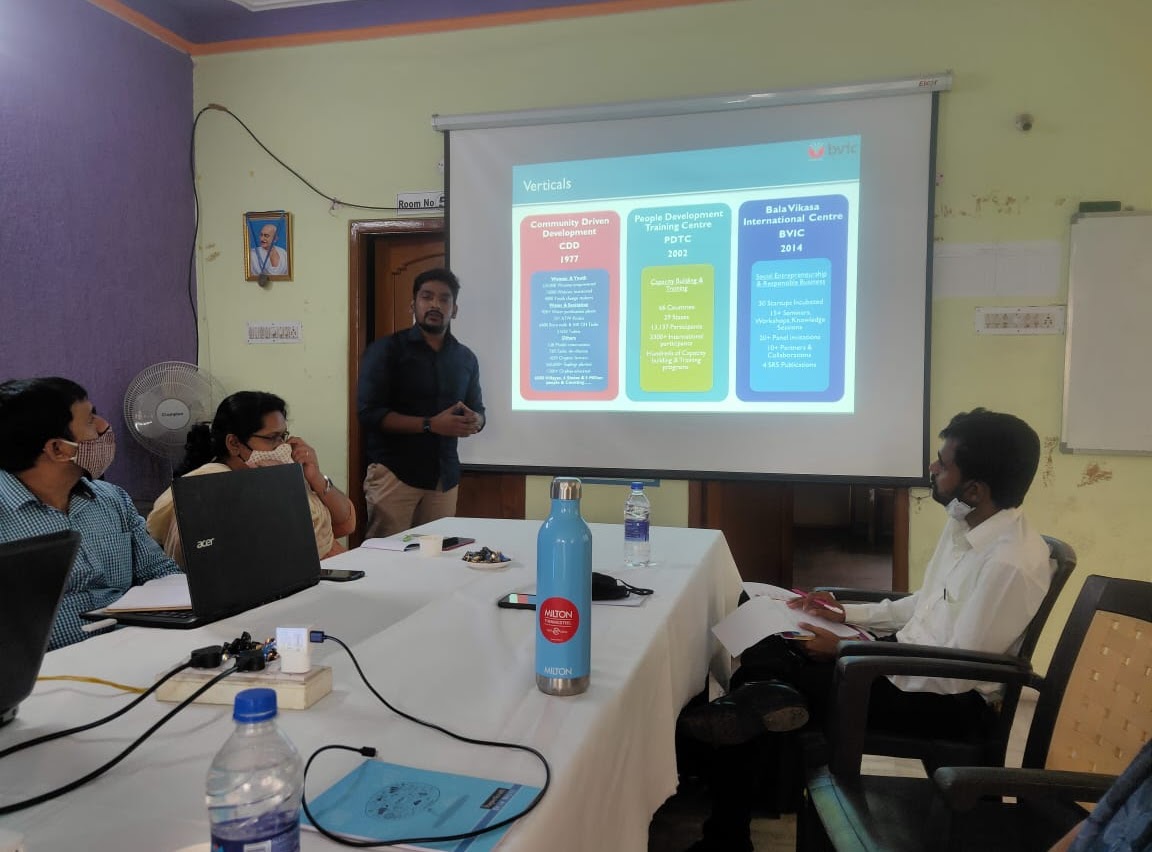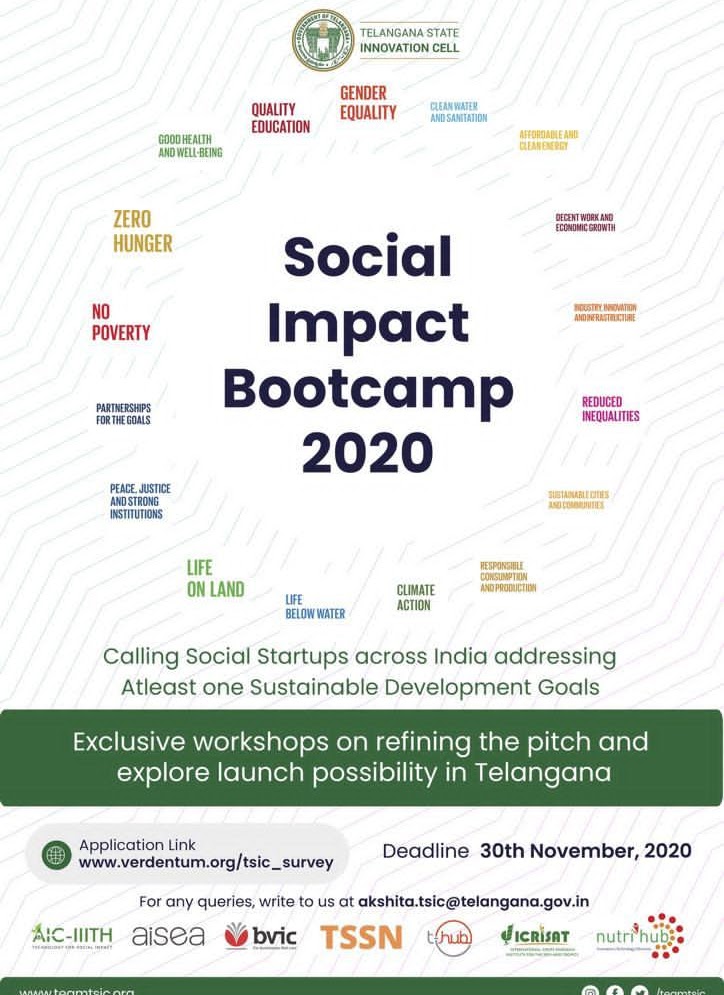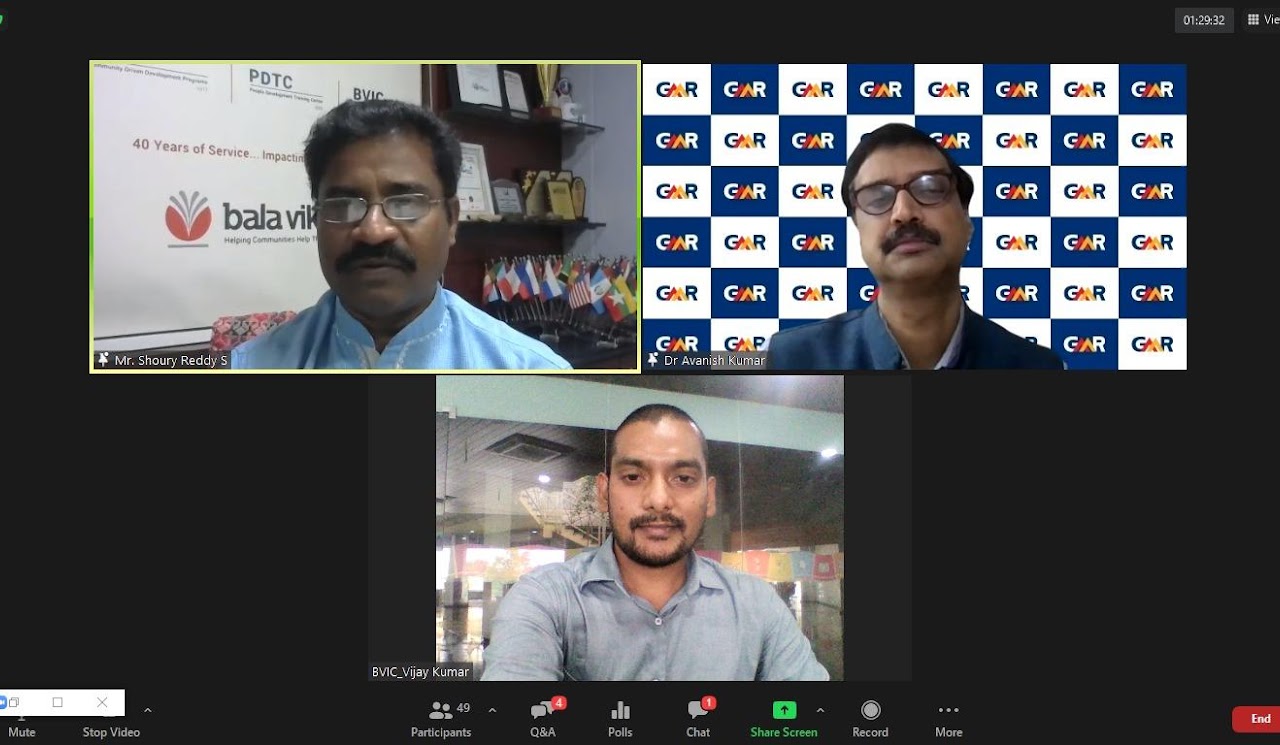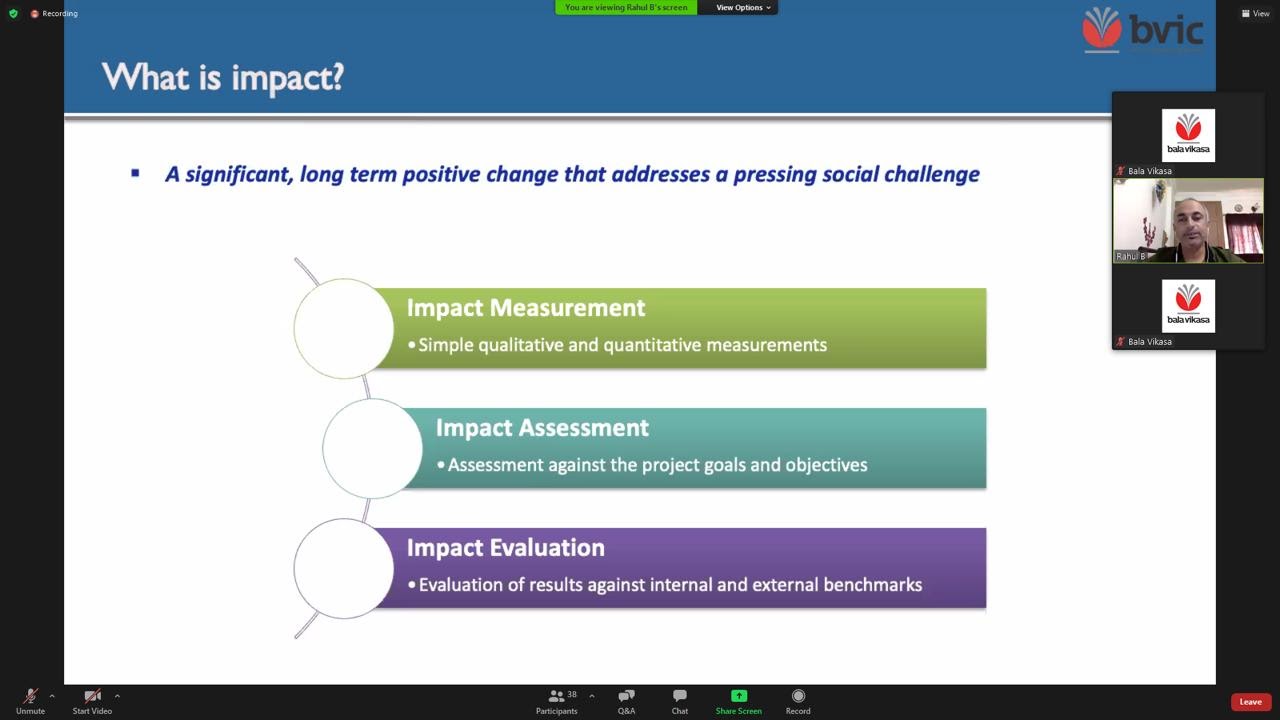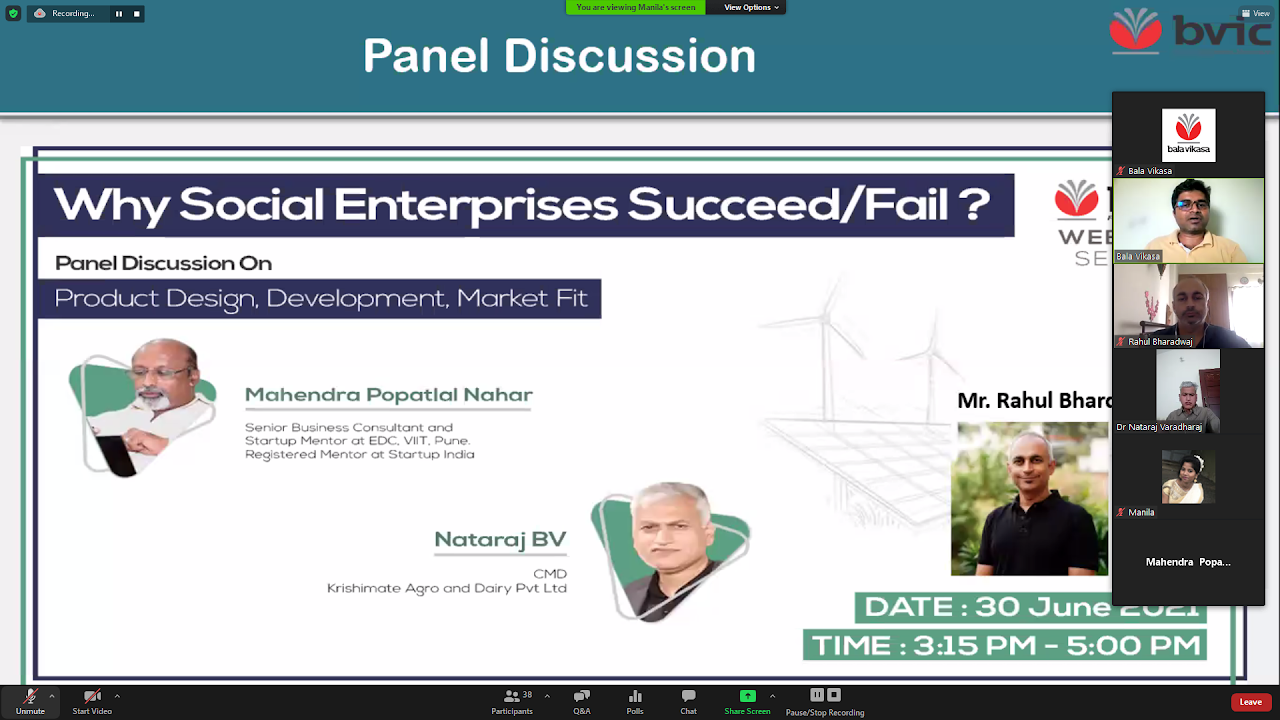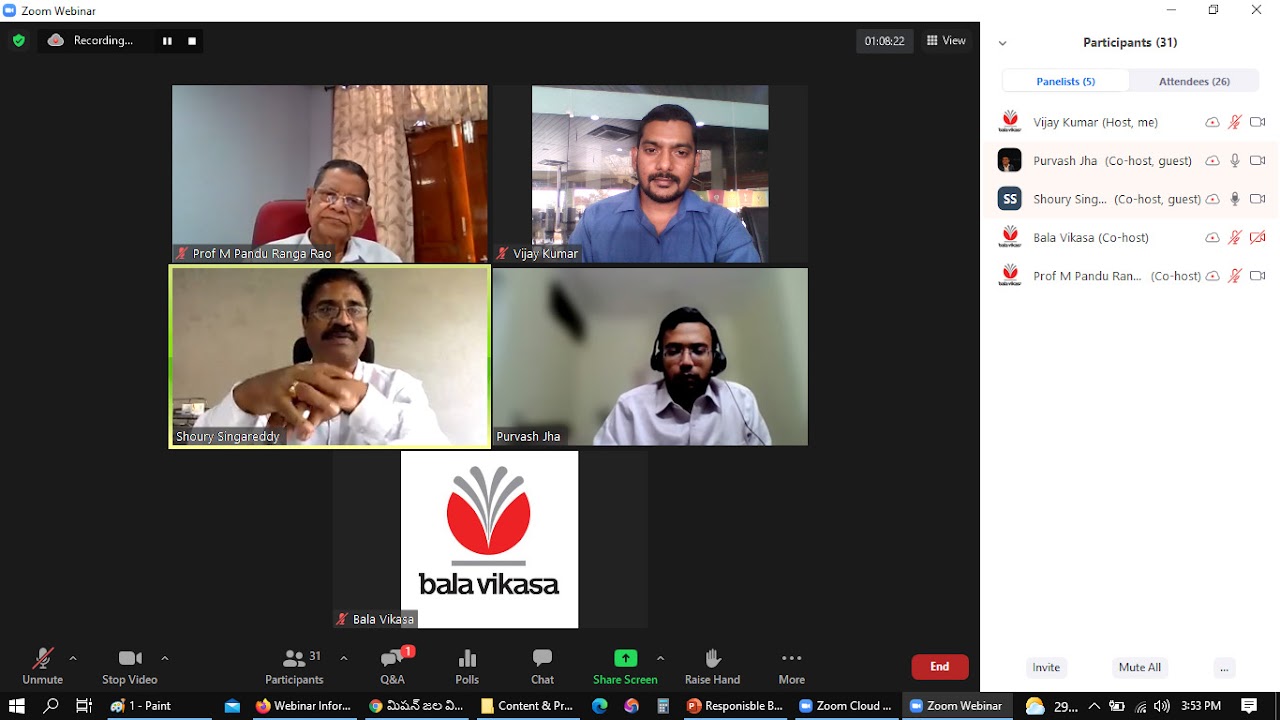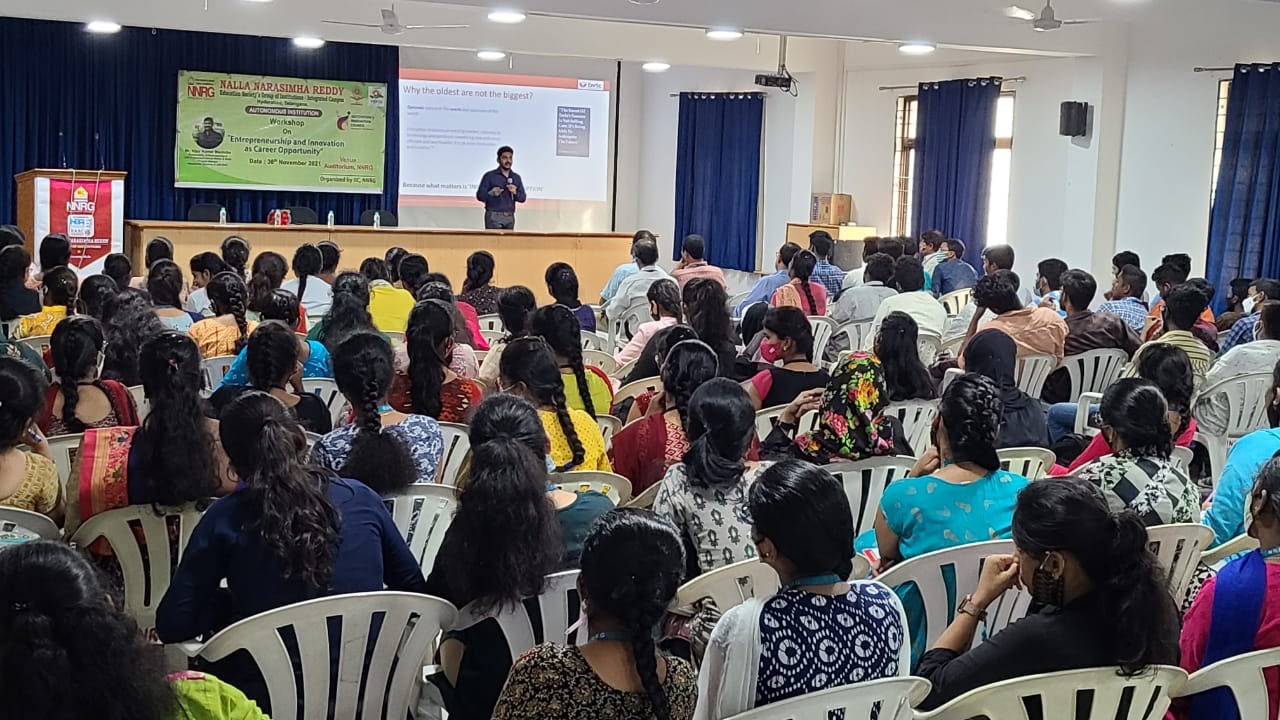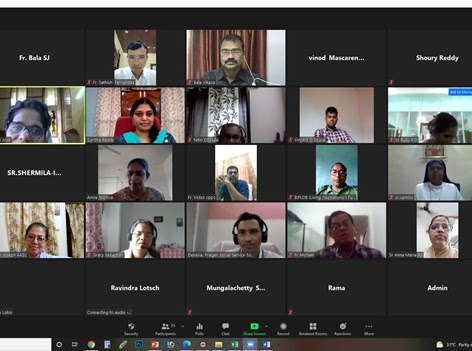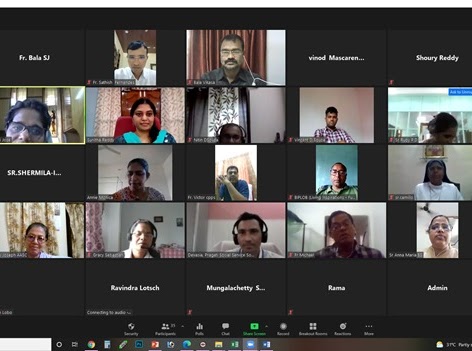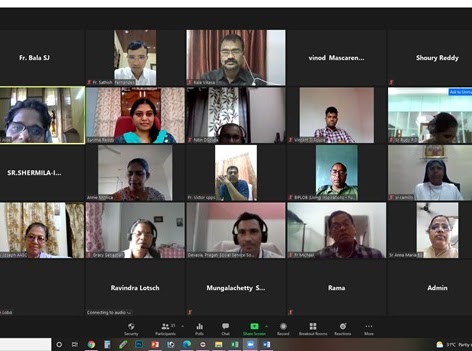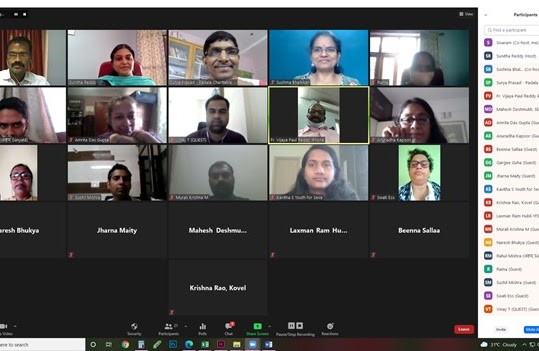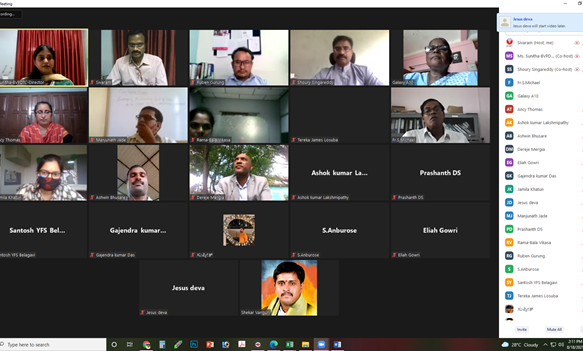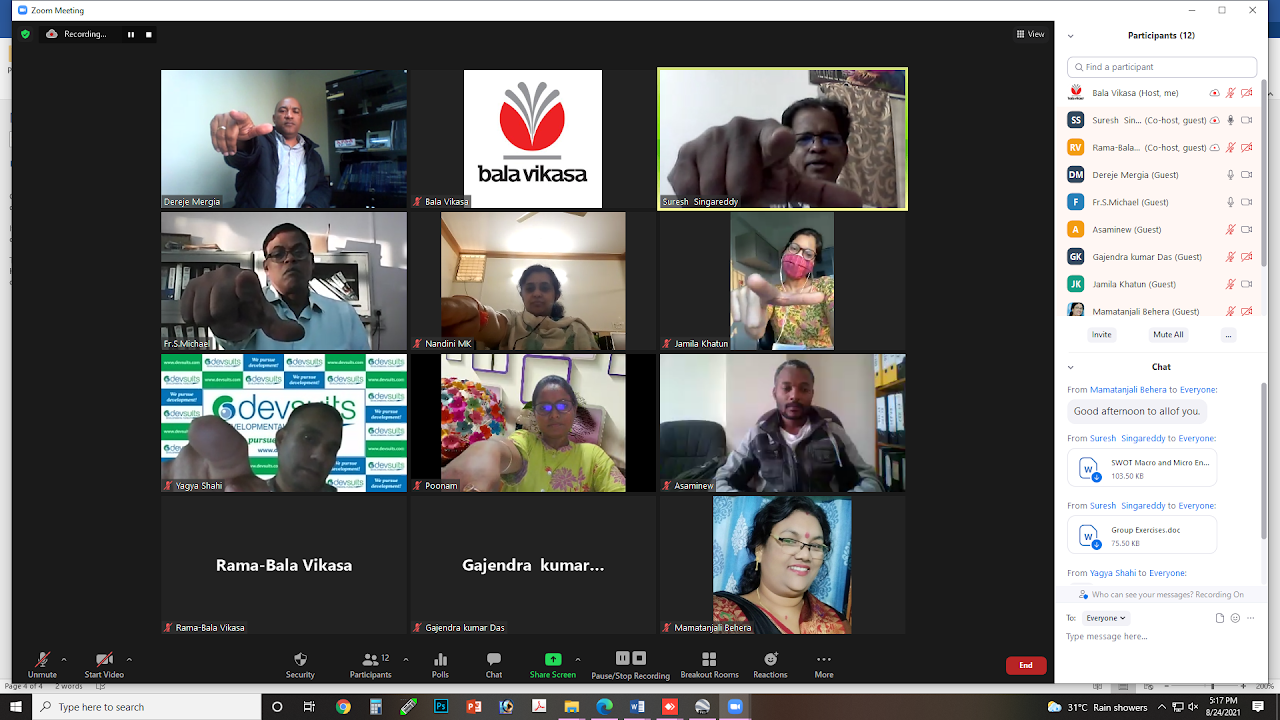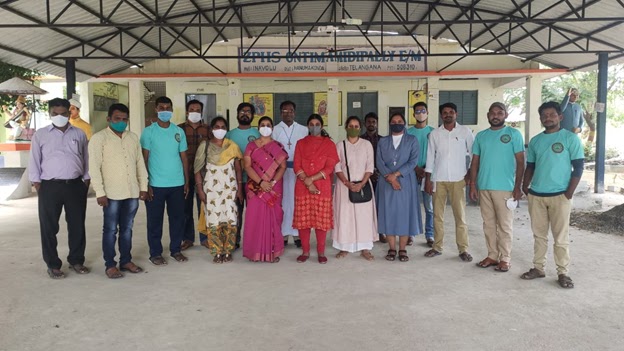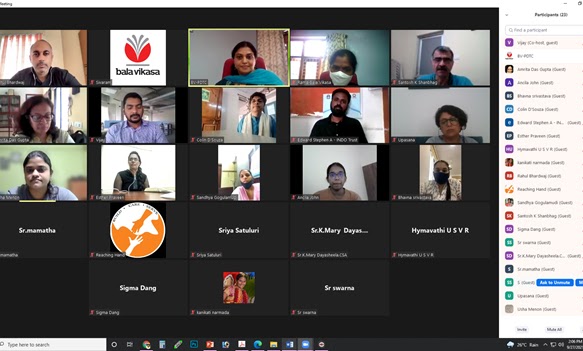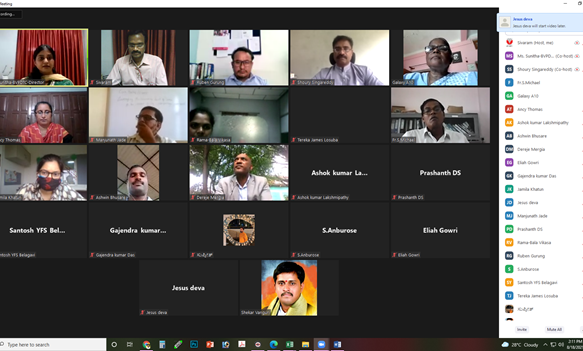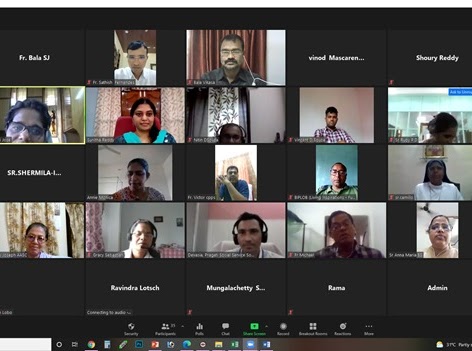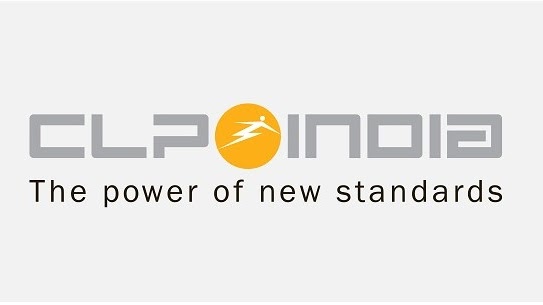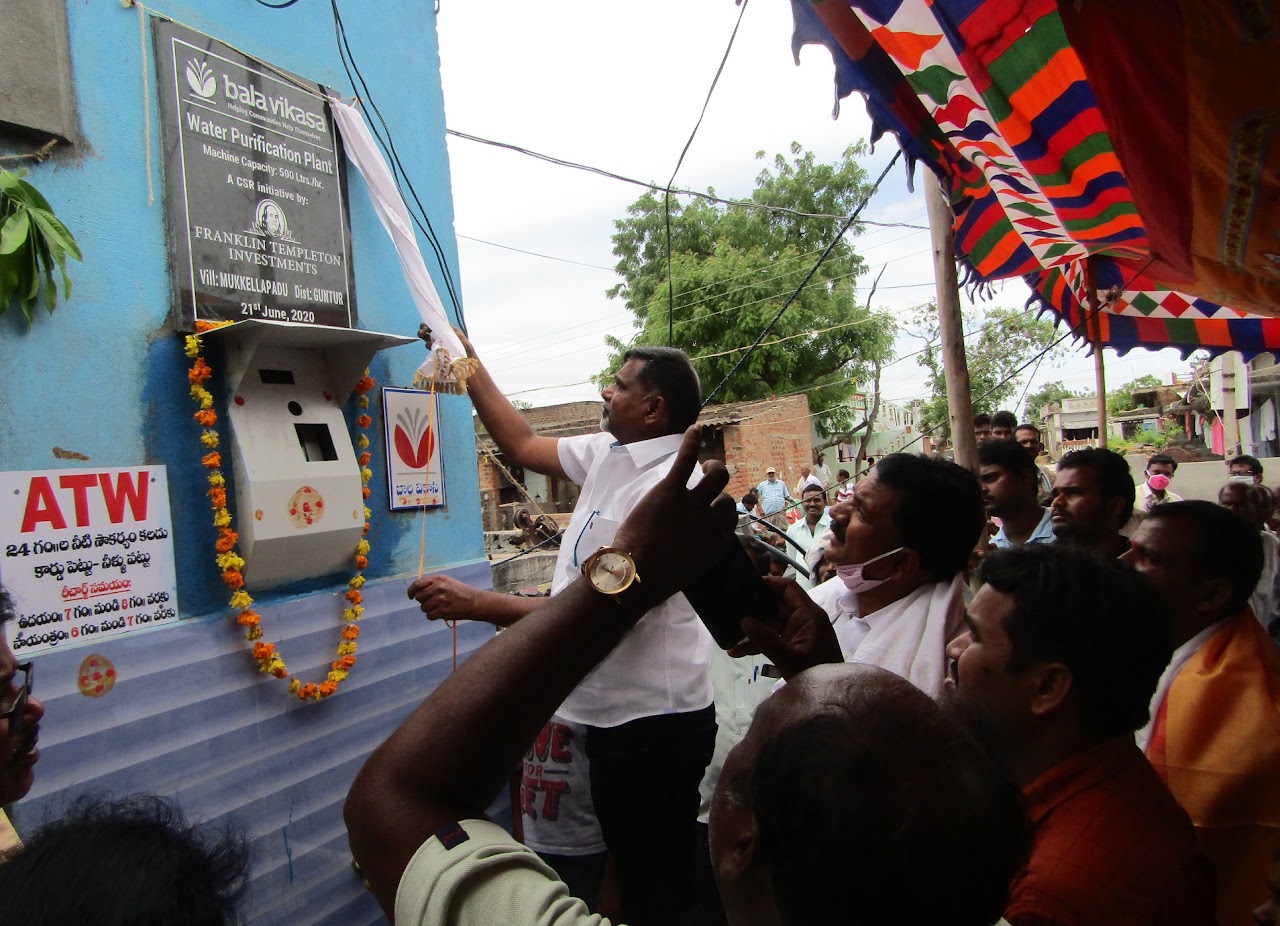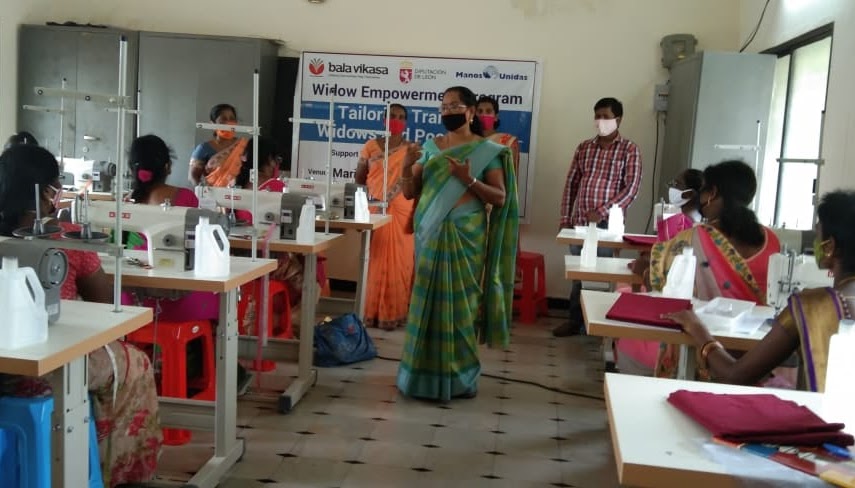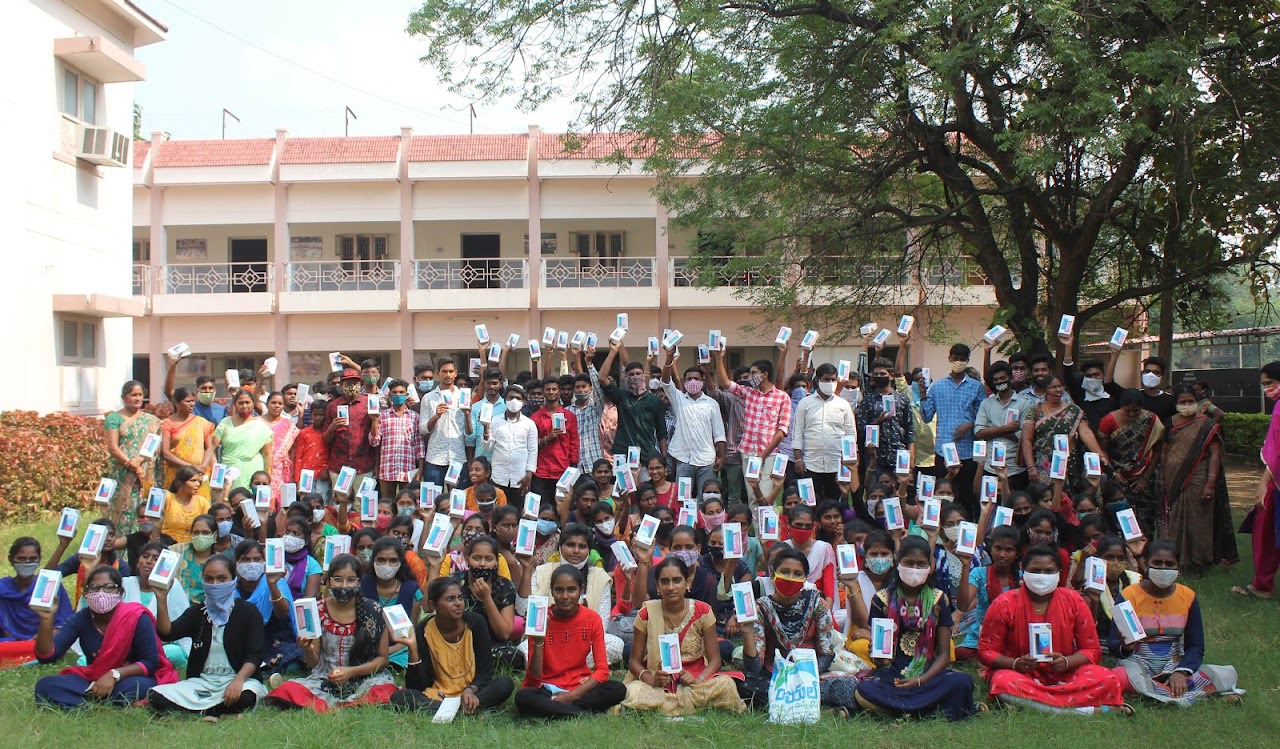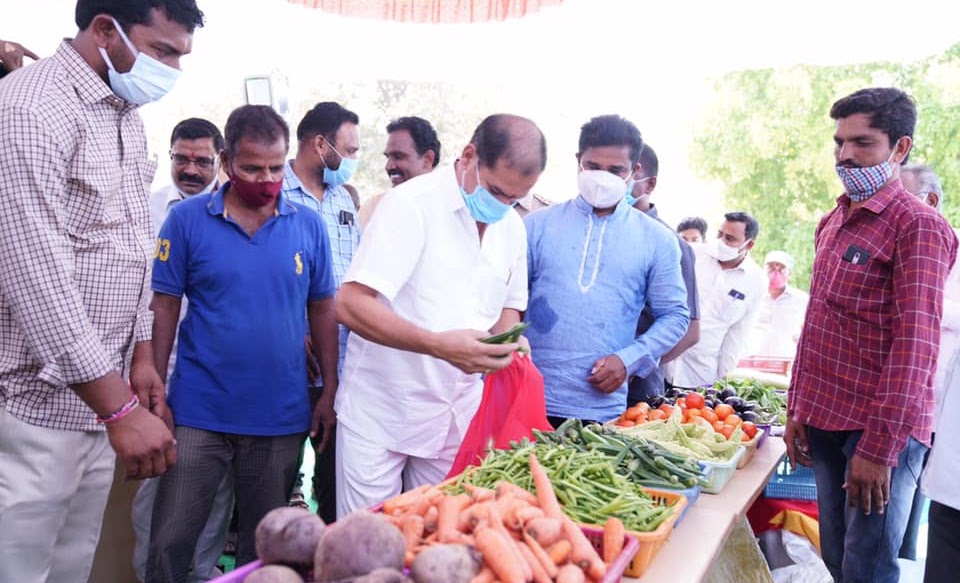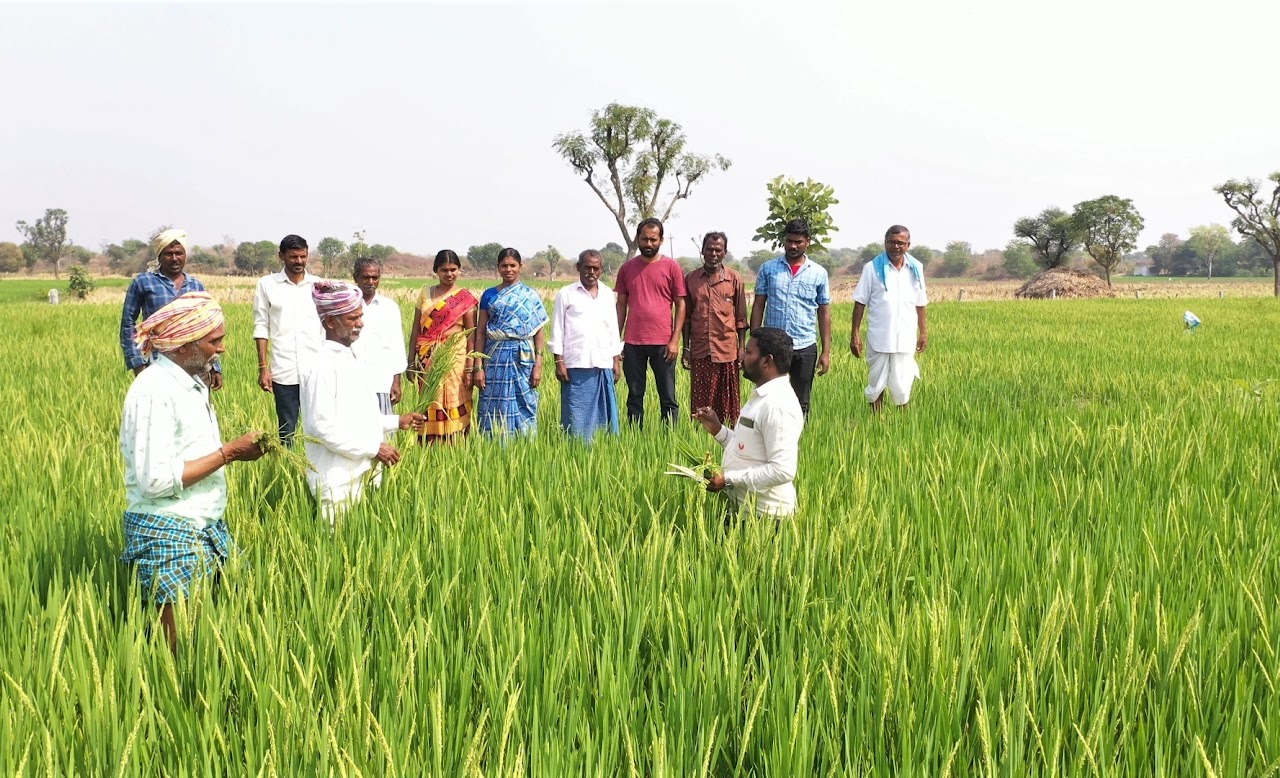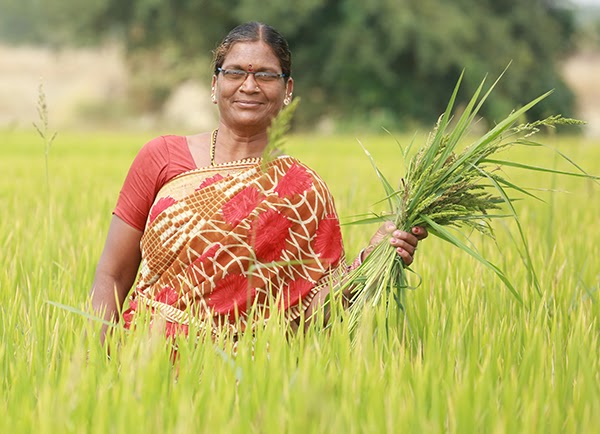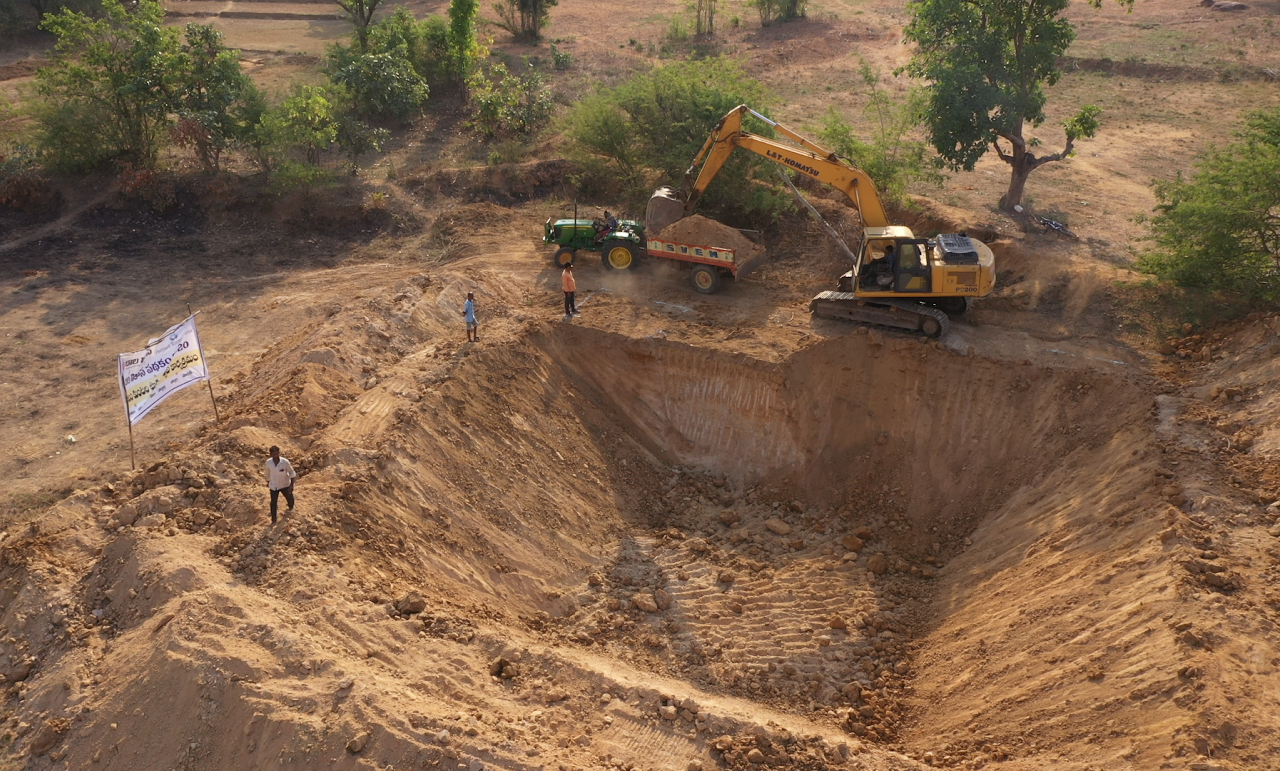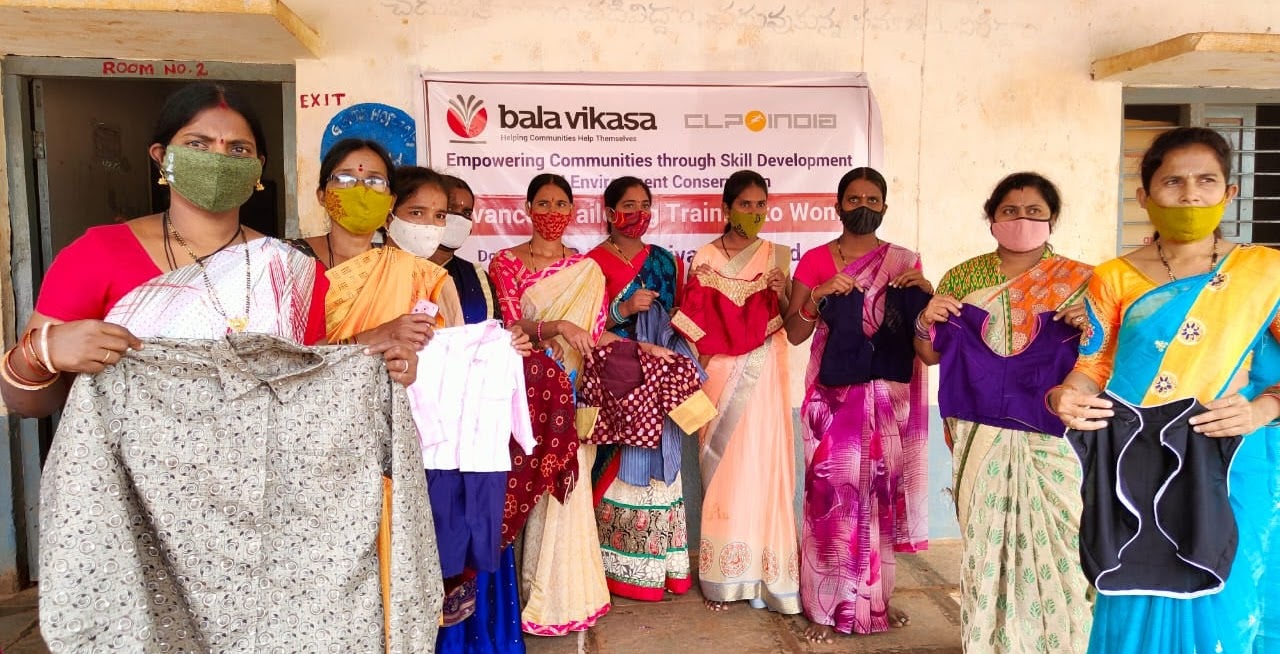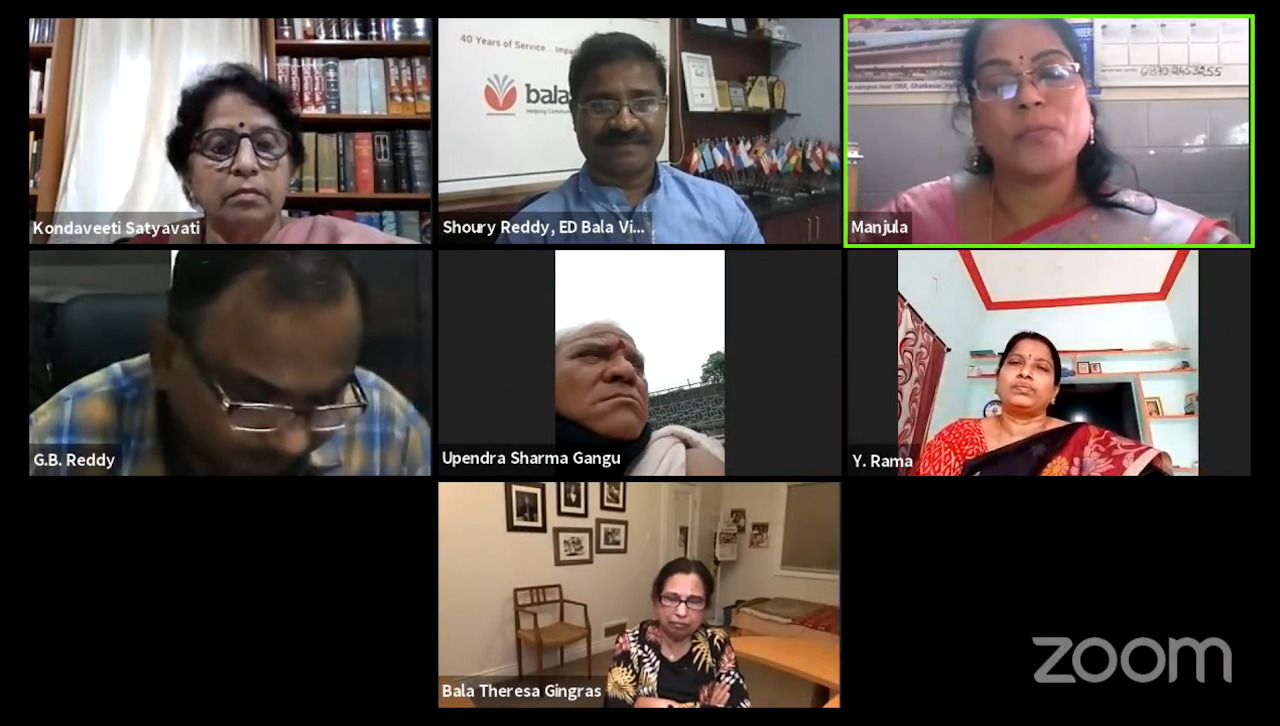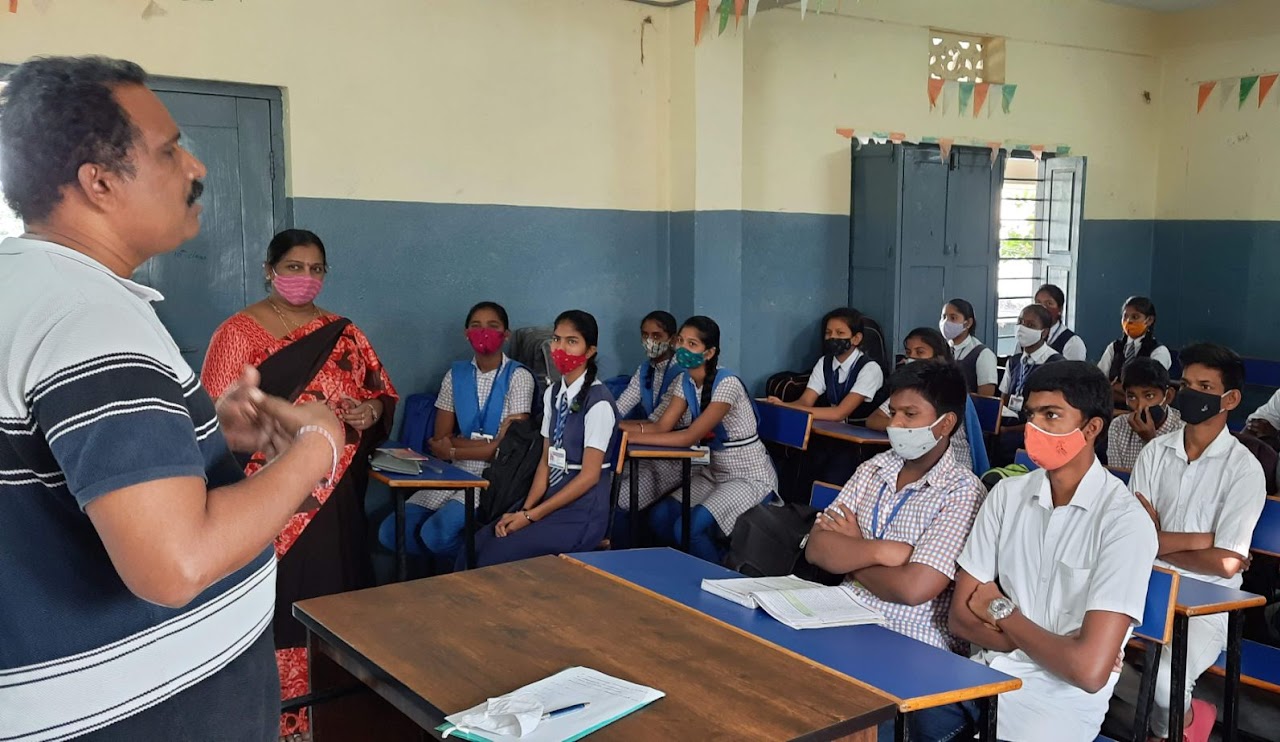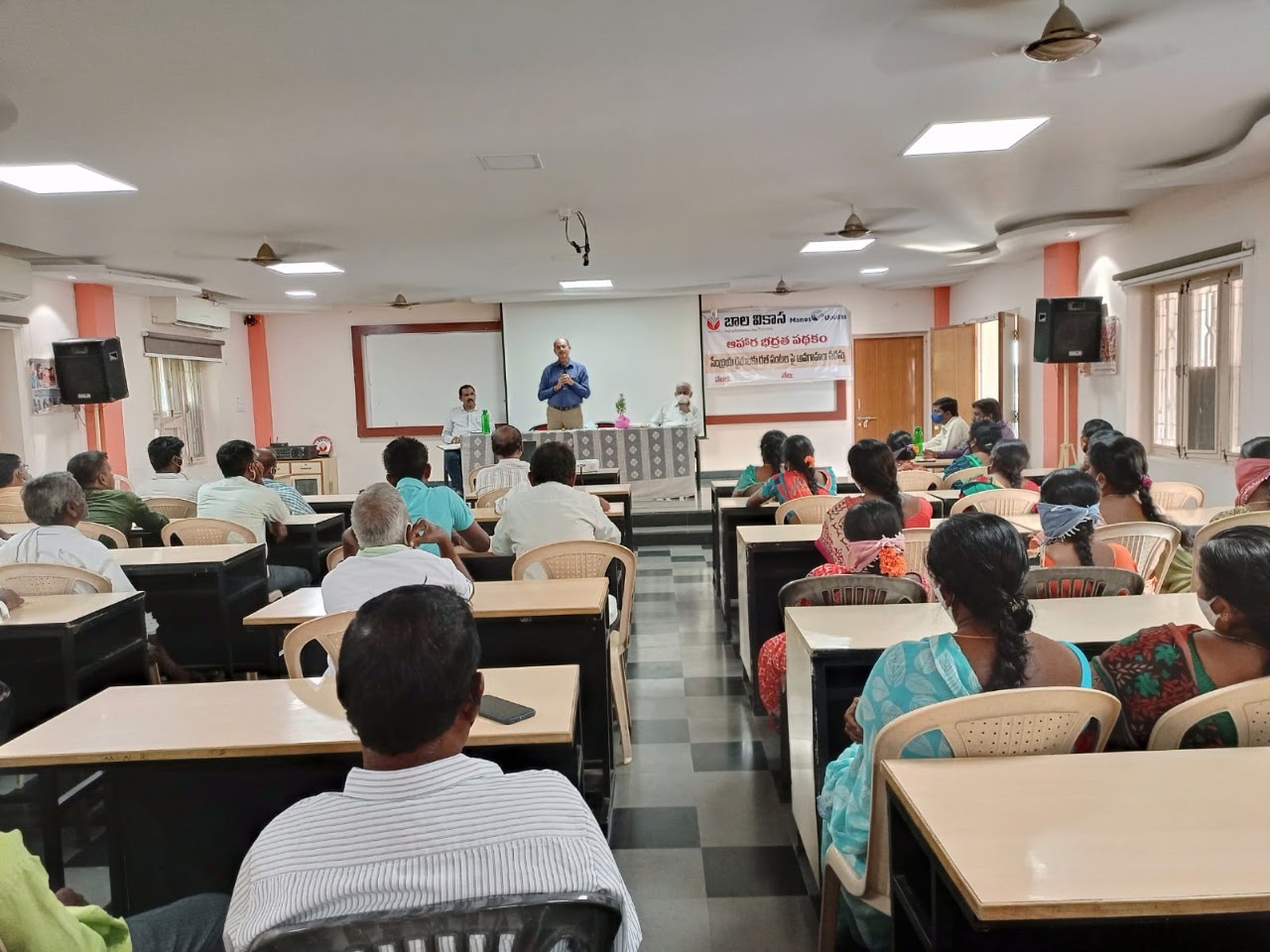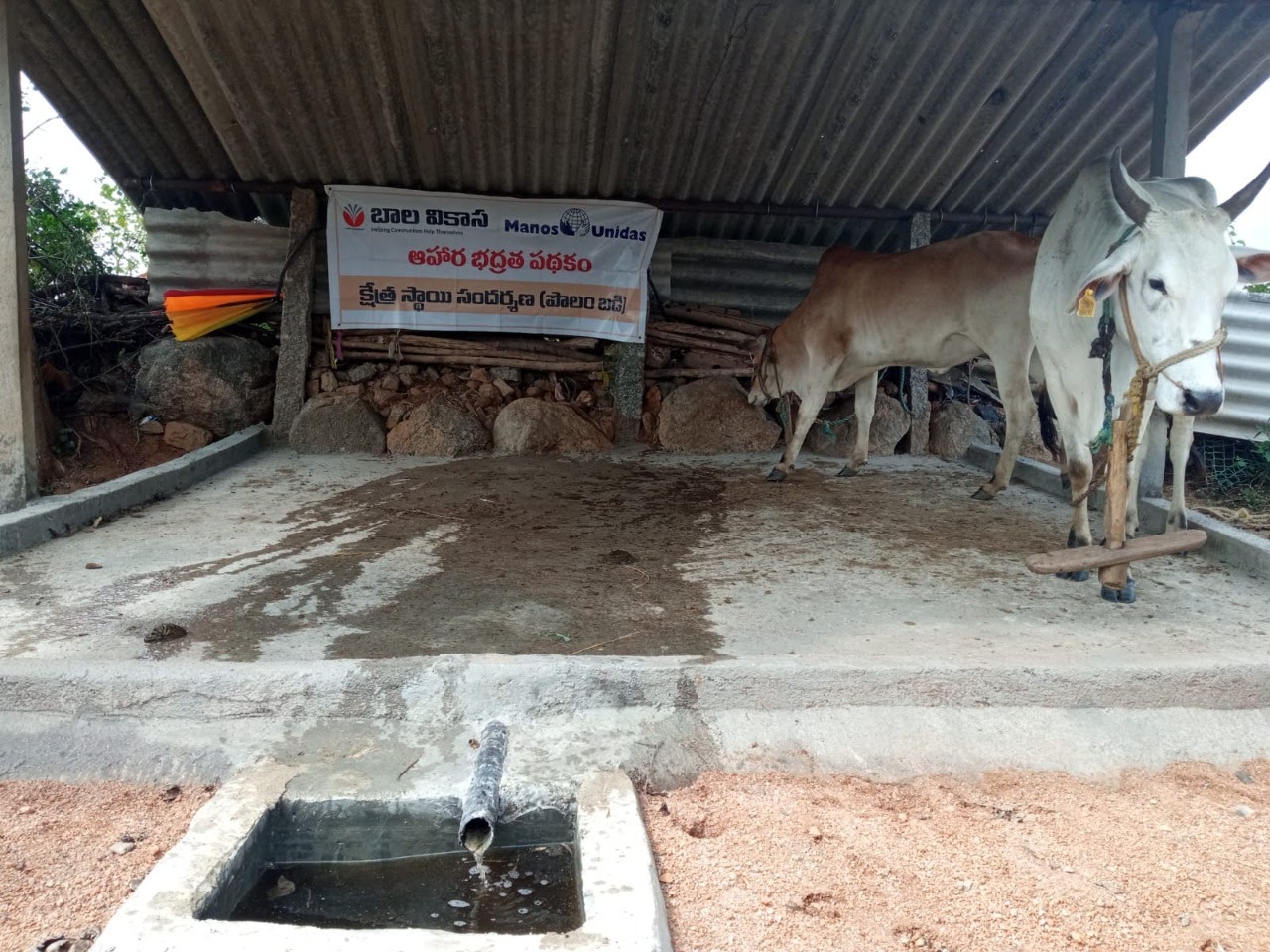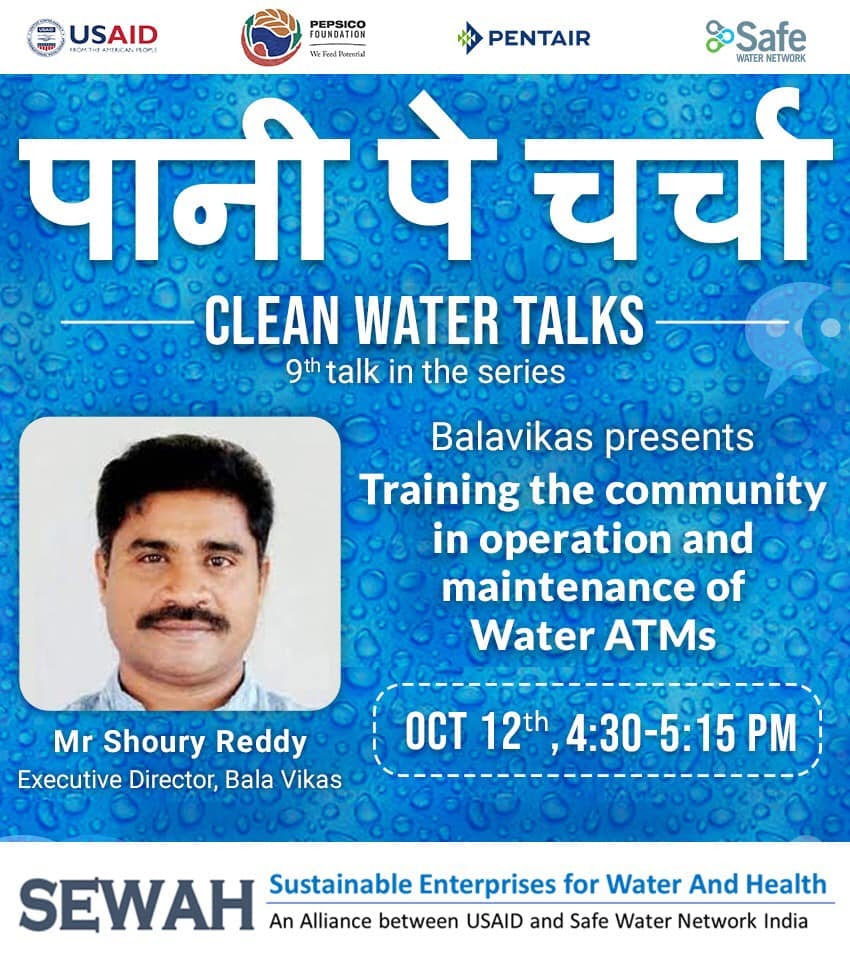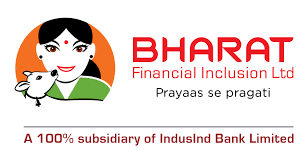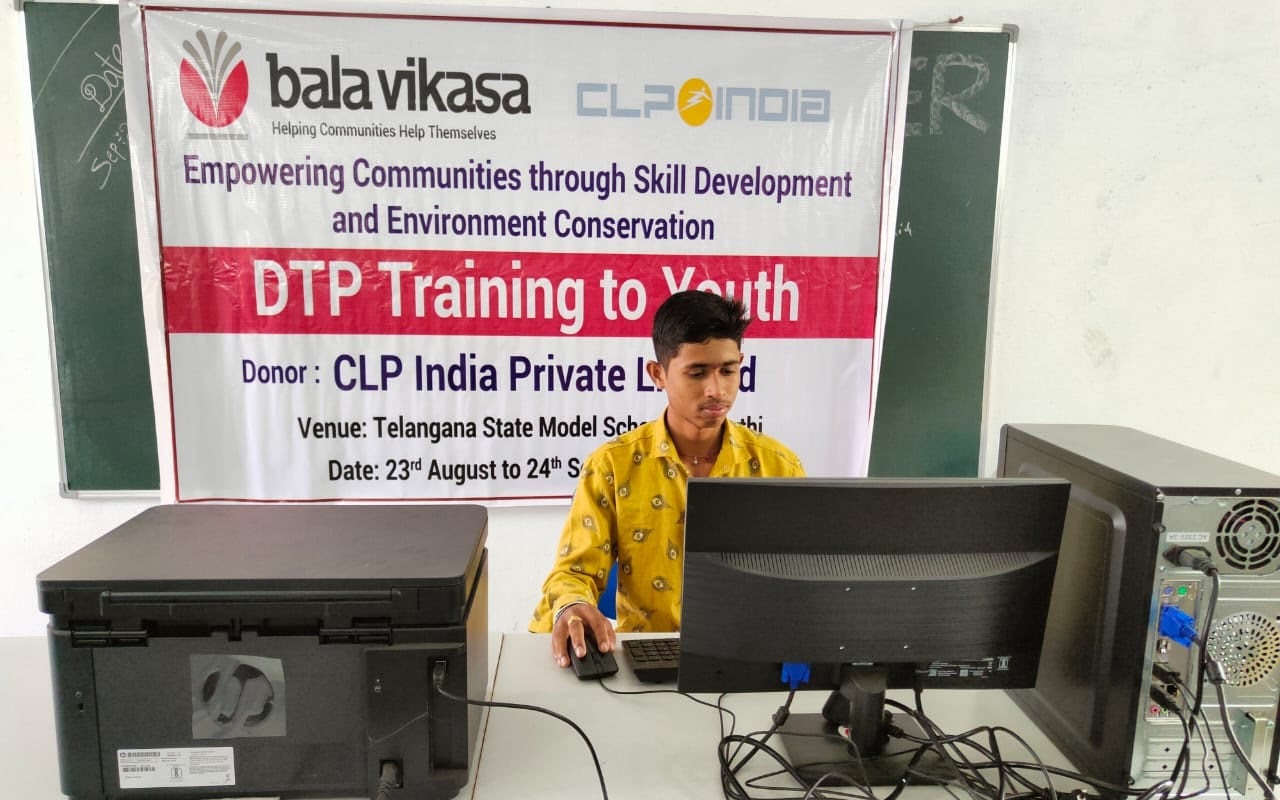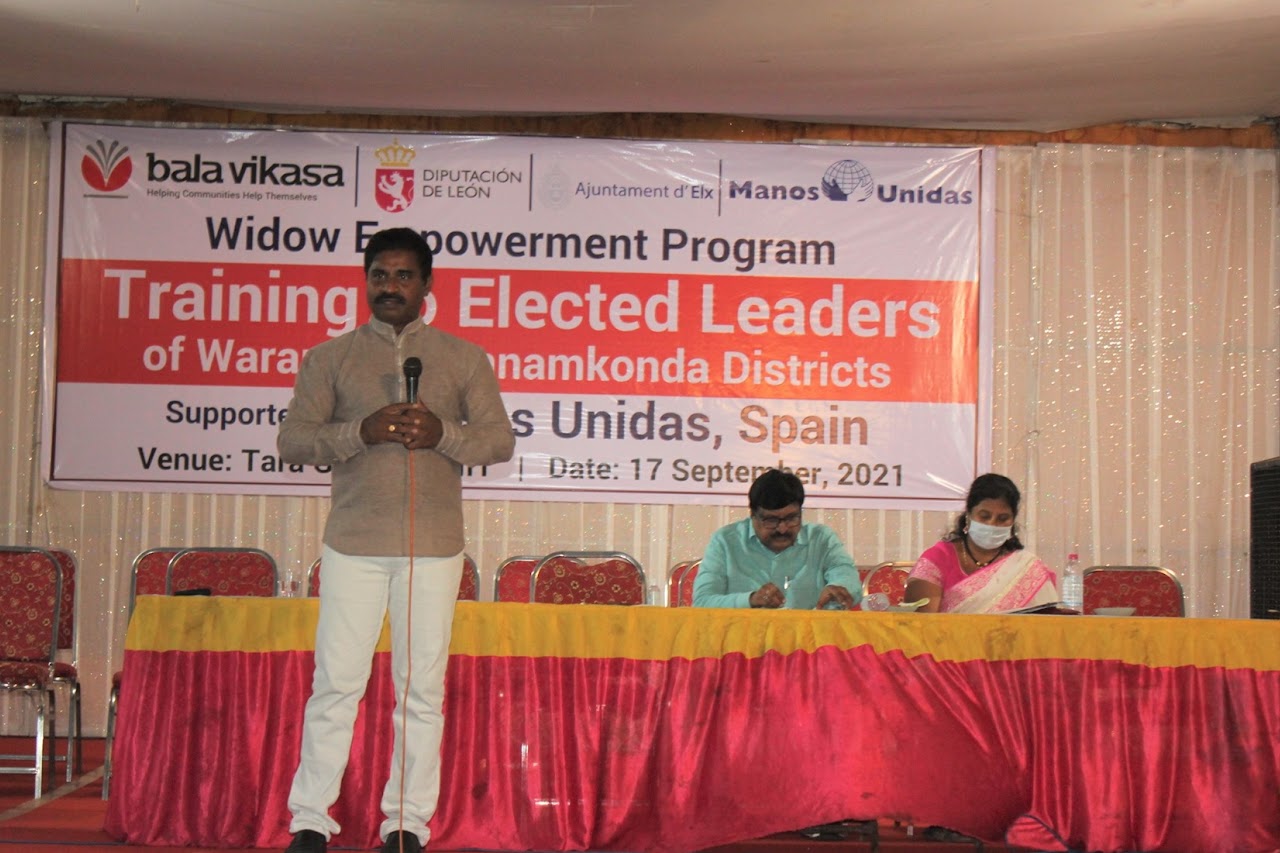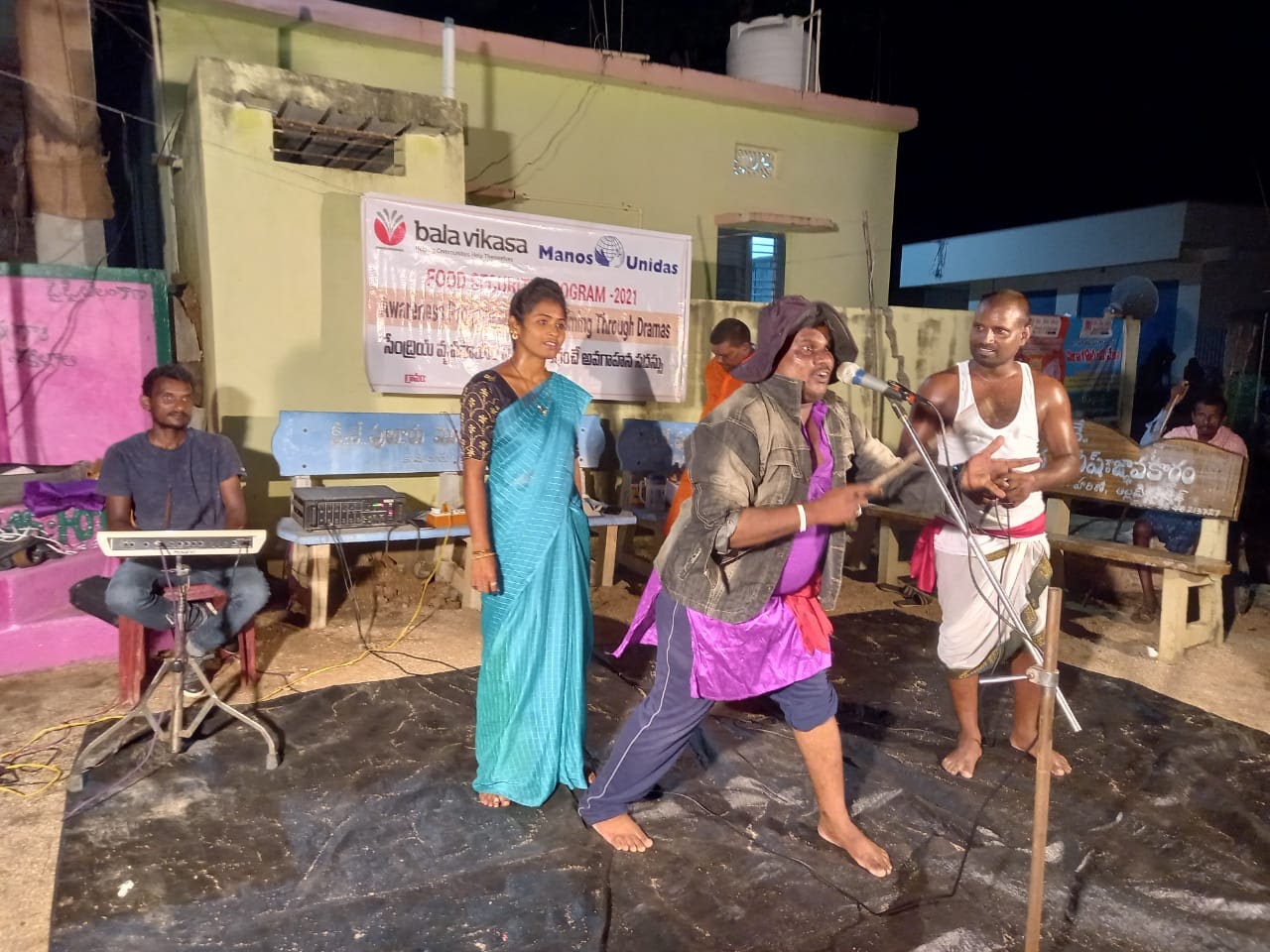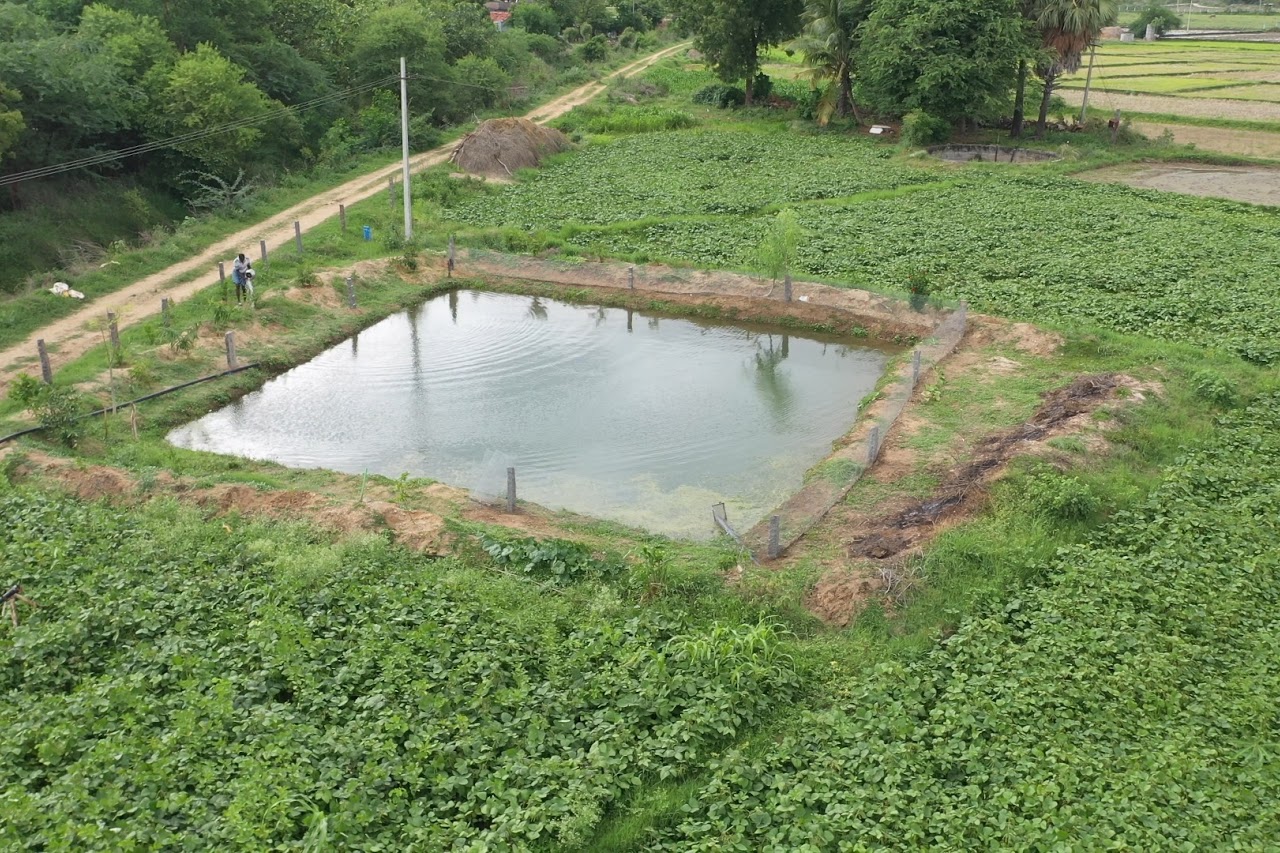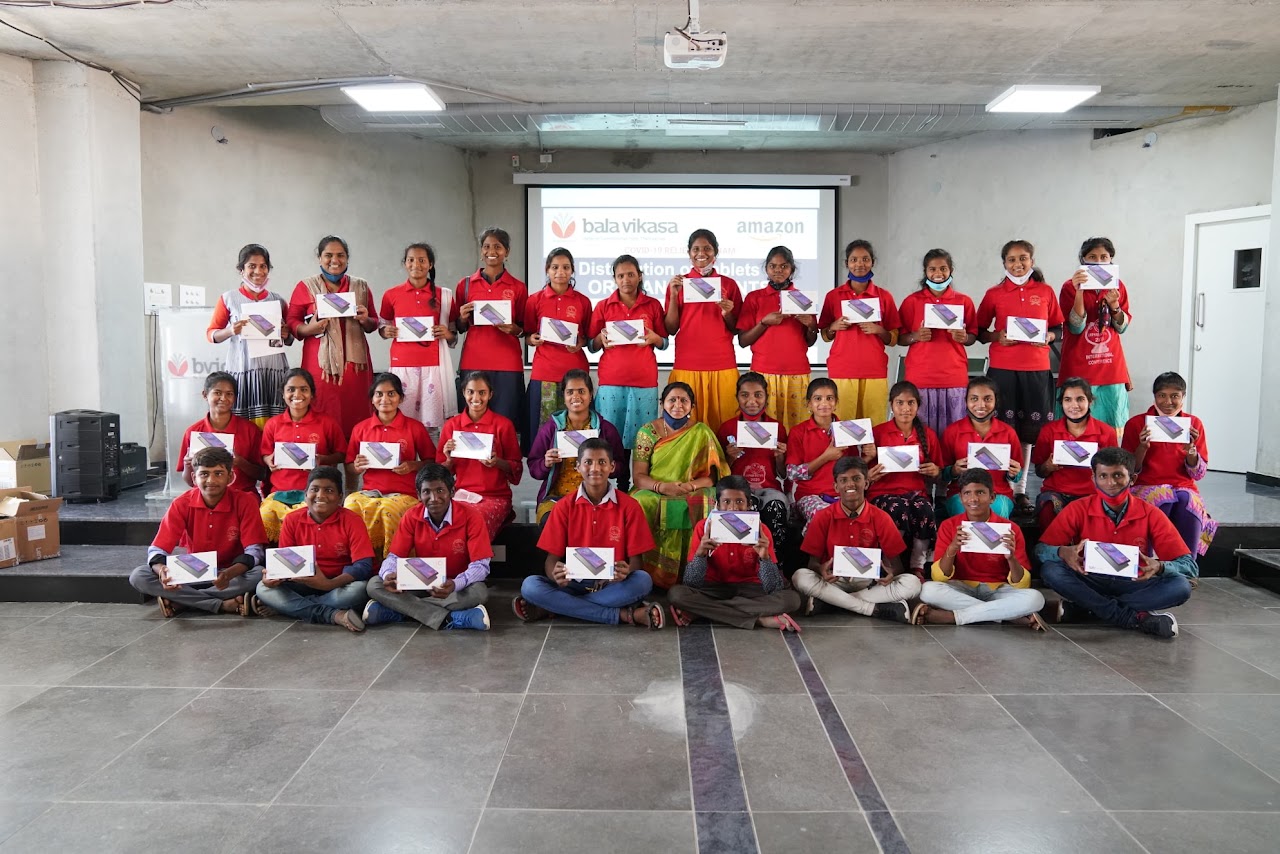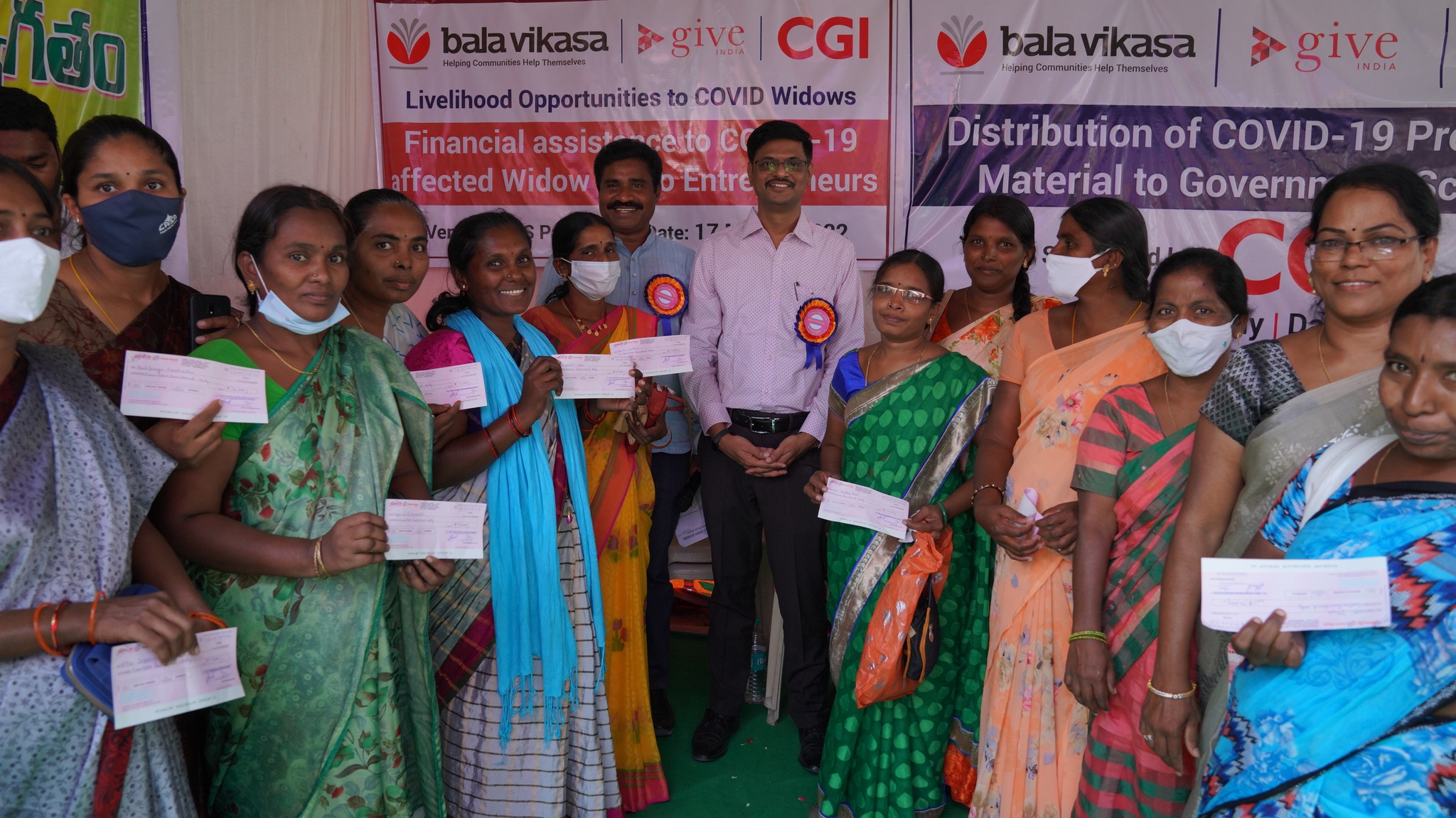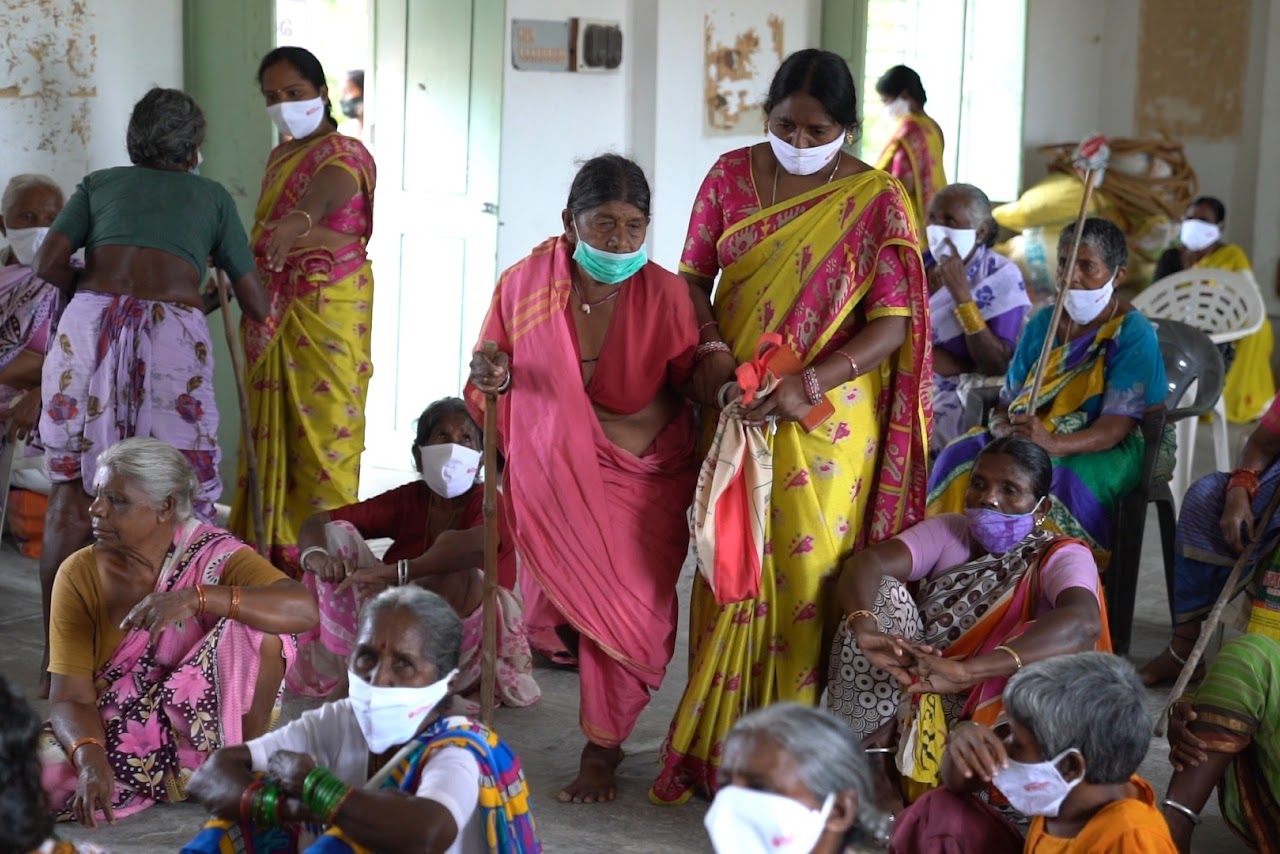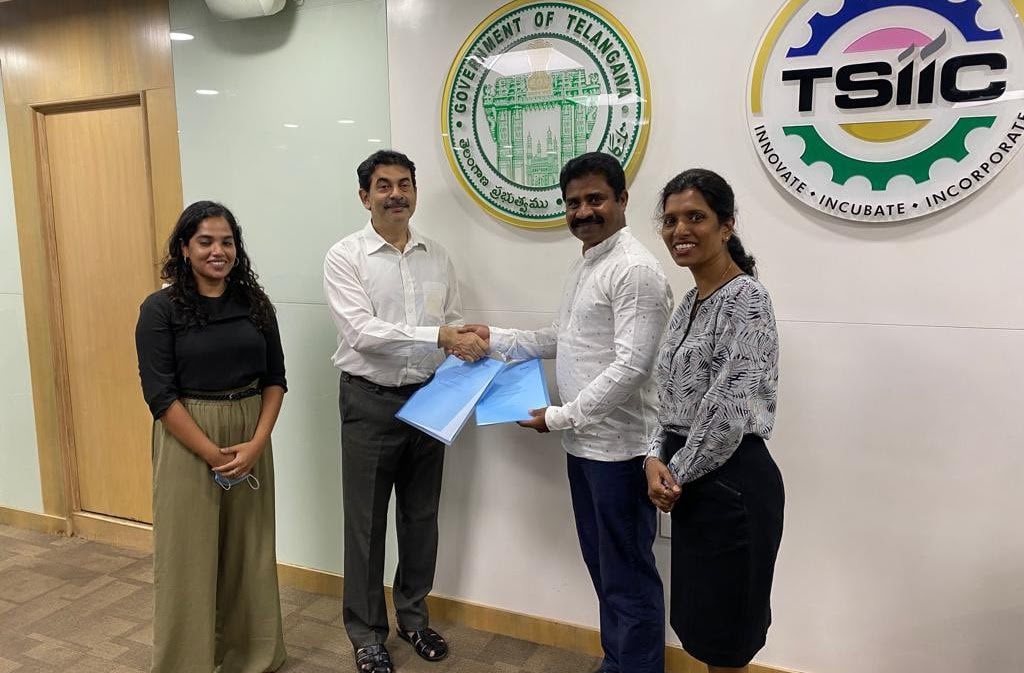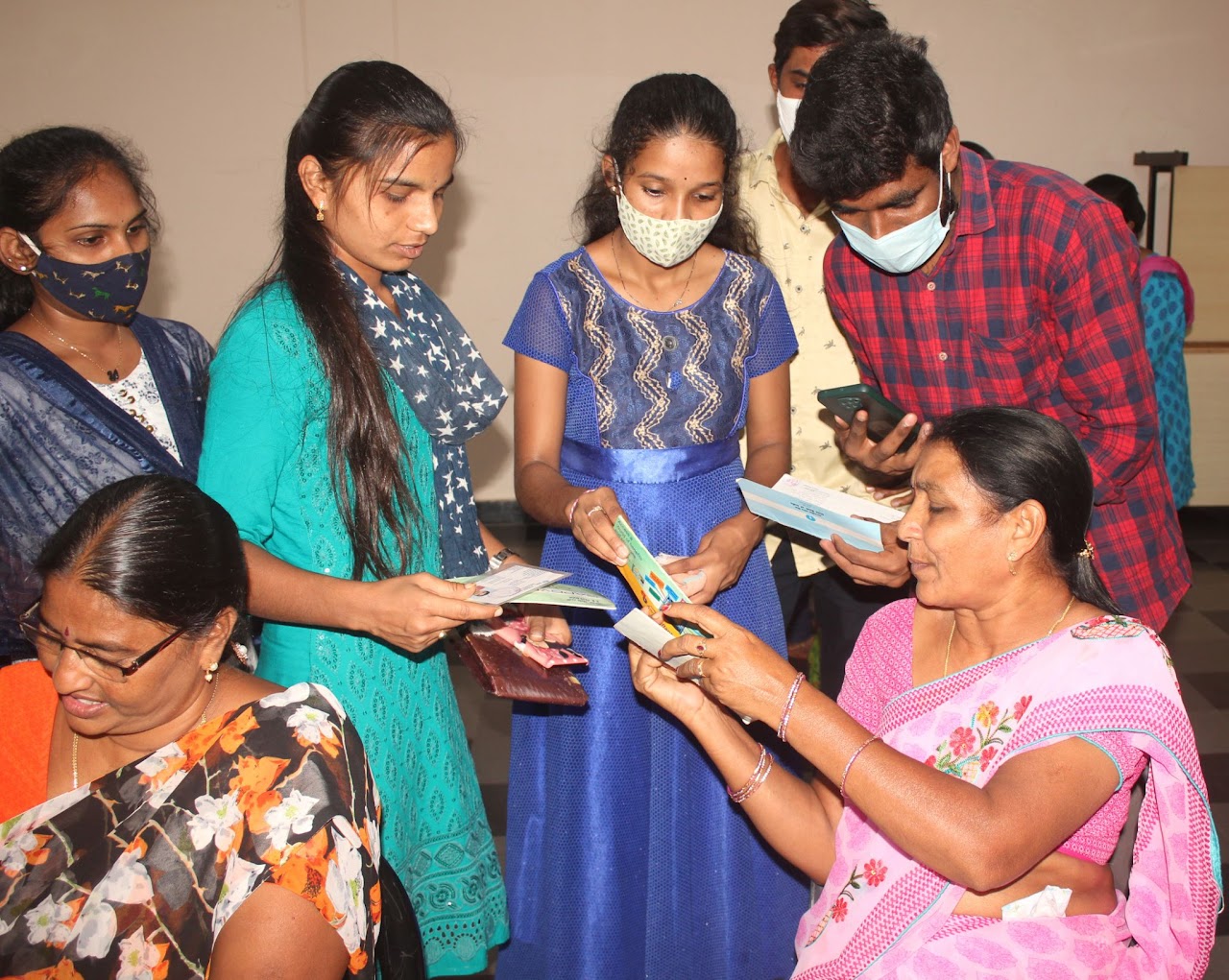Pioneering Community-Driven Corporate Social Responsibility for Sustainable Impact: Bala Vikasa Shows The Way
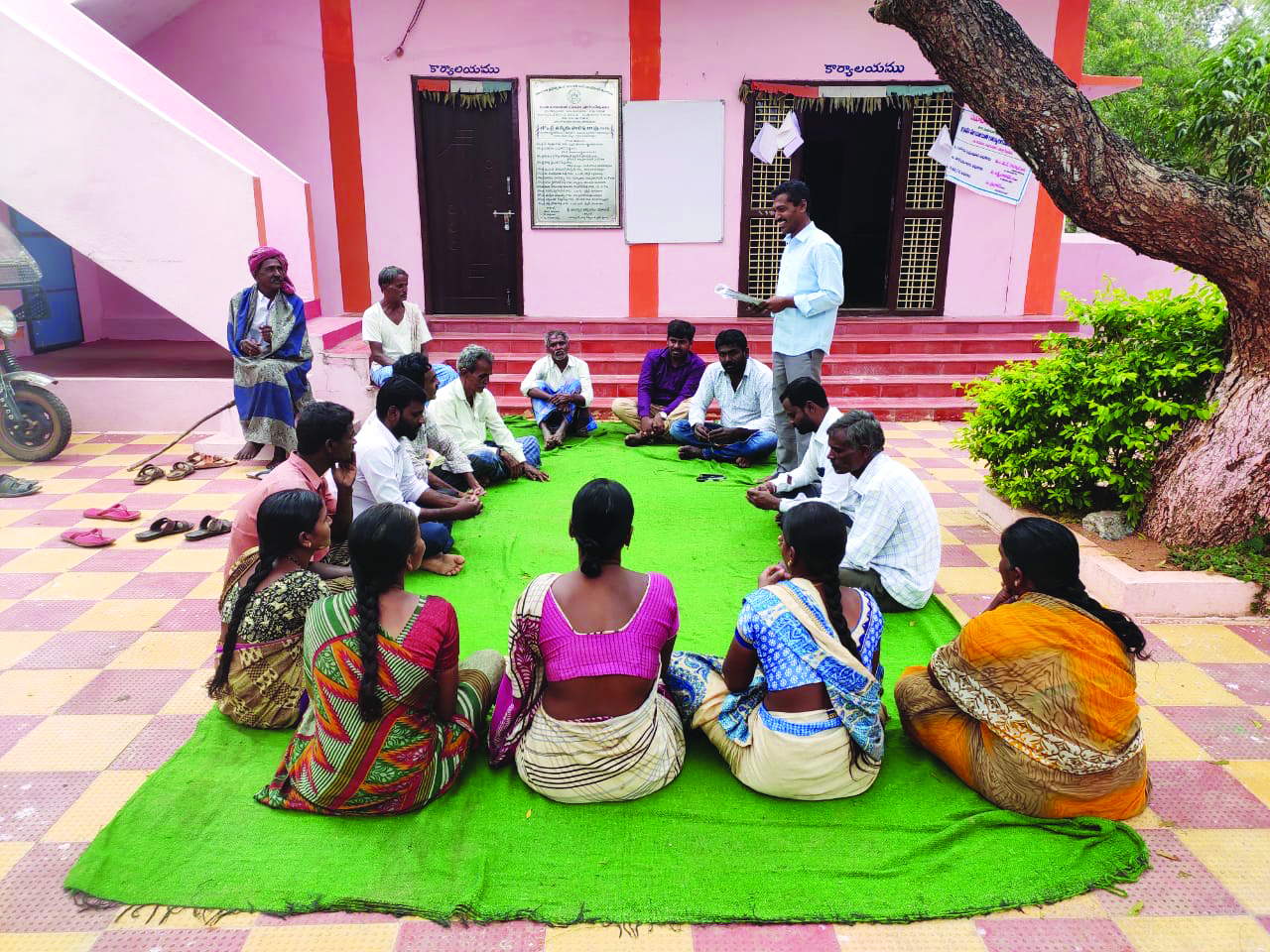
Driving Community-Driven Sustainable Development
Over the past 32 years, Bala Vikasa has grown to be one of the biggest NGOs in India, pioneering several innovative and successful Community-Driven Sustainable Development programs in the areas of women empowerment, water, education, agriculture, environment and model villages impacting over 8 Million people, especially from rural poor communities.
Bala Vikasa has to its name, over 23,000+ women Self Help Groups, 1500+ Community Water Purification Plants, 450+ Overhead tanks, and 6000+ Borewells spread over 7000+ villages of 7 Indian States.
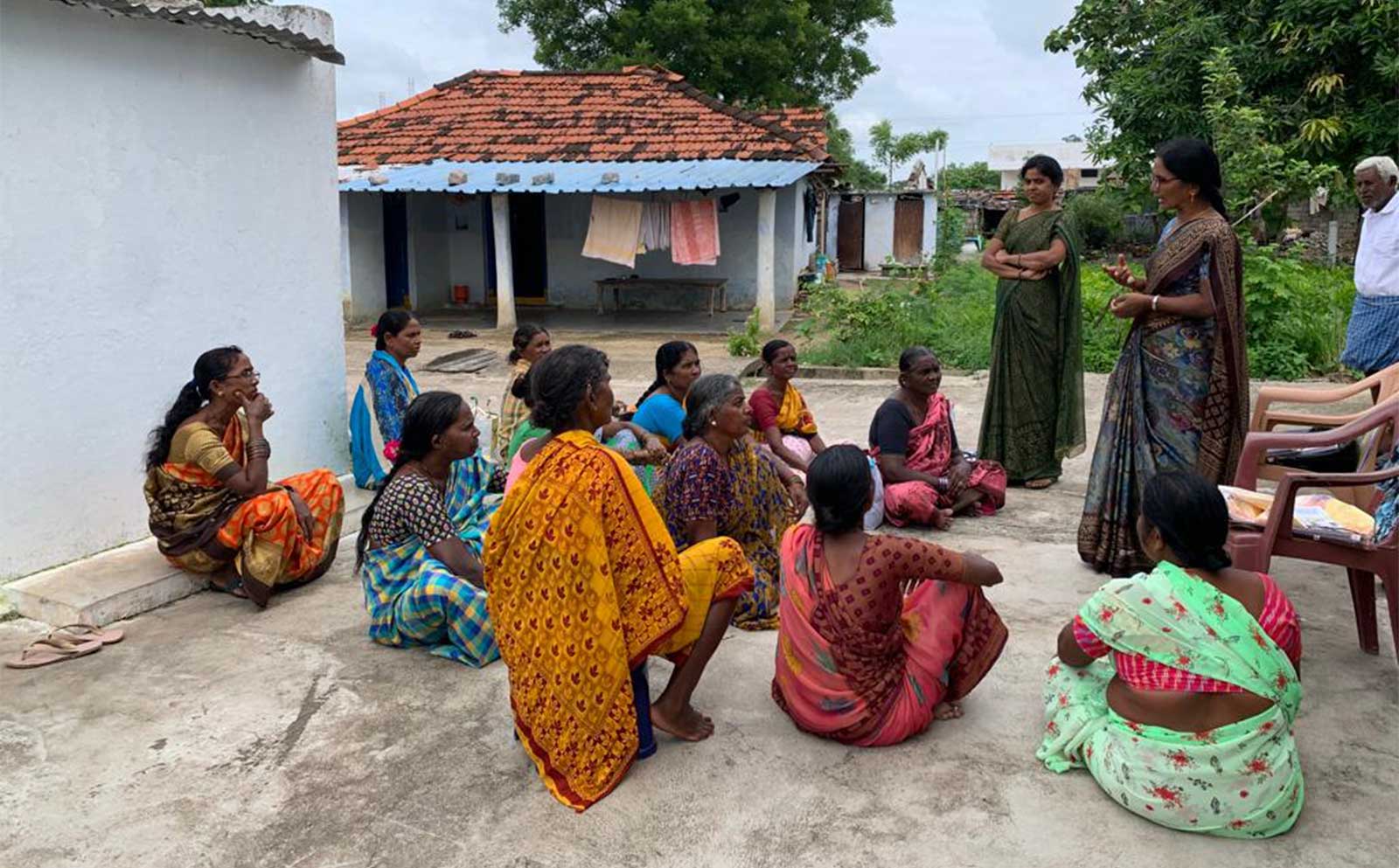
It is also widely recognized for desilting and restoring over 800 minor irrigation tanks, inspiring the much touted Mission Kakatiya scheme of the Telangana State government, and for building Gangadevipalli as a model village, which found mention in Honorable PM Narendra Modi’s address while launching the Sansad Adarsh Gram Yojana in the Parliament.

But much of its reputation among diverse development stakeholders is around its community-centric approach to development - making most of its initiatives highly participatory and sustainable.
Ideas like community participation and contribution, grassroots capacity-building (building communities before building projects approach), community ownership, and collective responsibility, which are accorded the highest regard and integrated compulsorily into the project cycle, have ensured widespread success of all its interventions.

Whether it is the Community Water Purification Plant in Atmakuru established in the year 2004, or the Overhead Tank established in 1978 in Reddypalem village, or the Self Help Group formed in the village of Padamatigudem in the year 1994, all continue to be operational to this day and tell the story of delivering sustainable impact.
Delivering Community-Driven, Results-Based CSR Programs
Expanding the scope of its programs, Bala Vikasa has been working extensively with a number of businesses, including reputed MultiNational Corporations (MNCs), in conceptualizing, designing, and implementing high-impact Corporate Social Responsibility (CSR) initiatives in education, safe water, water conservation, environment, women empowerment, and livelihoods since the CSR Act came into force in India.
The CSR models developed by Bala Vikasa, again, build on the proven results of its community-driven sustainable development approaches and continue to integrate community participation and contribution at various stages of the CSR project cycle.
For example, one of the most successful CSR projects implemented by Bala Vikasa is the establishment of Sustainable Community Water Purification Plants (CWPPs) in villages affected by fluoride contamination across 5 States. While many others have also established Community Water Purification including Governments, many of them closed down or are struggling to deliver due to lack of mechanisms(community-driven) for plant management and maintenance.
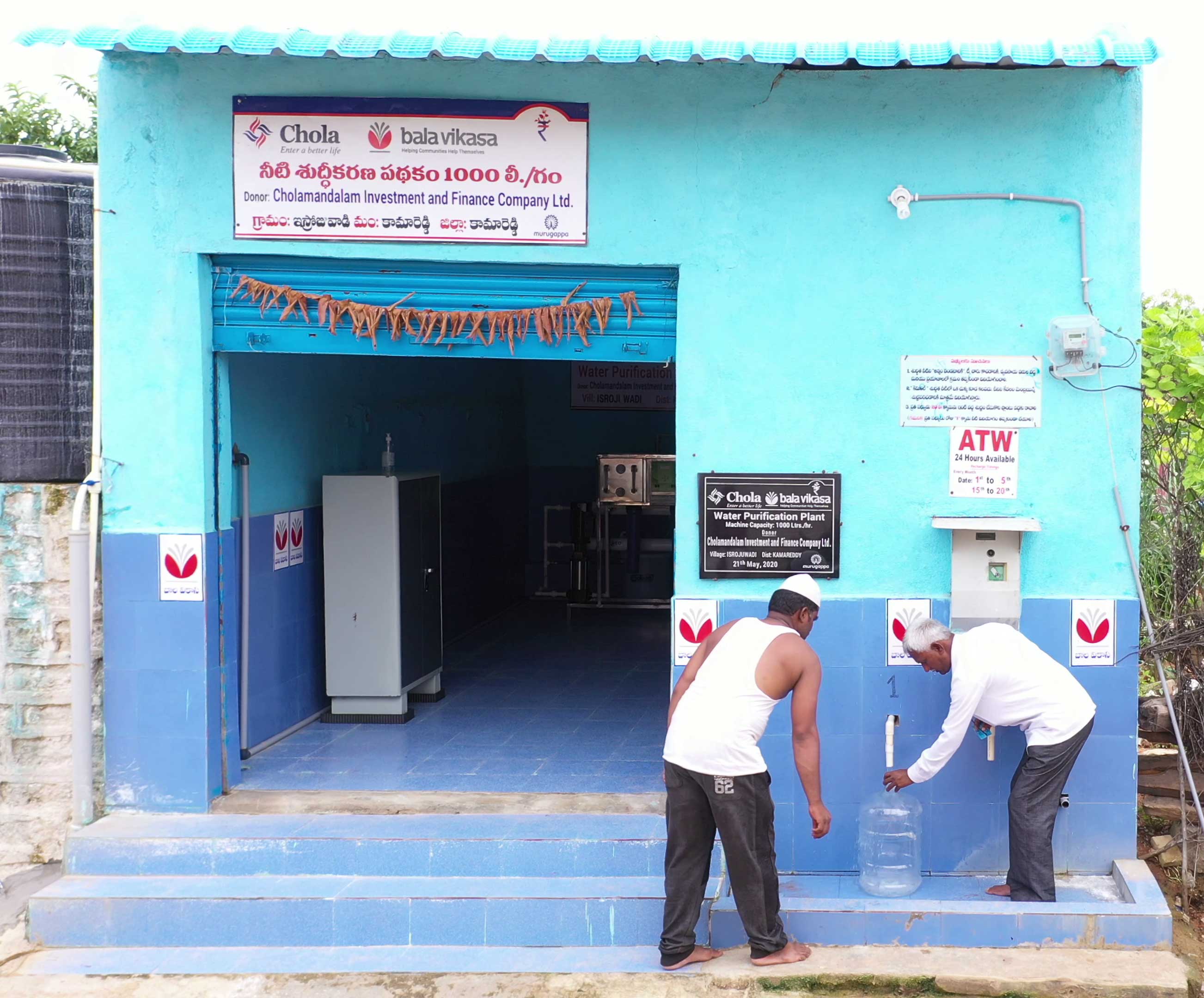
Since 2014, Bala Vikasa partnered with 13 CSR Partners to set up 598 CWPPs with a total CSR fund of 20.06 Crores. Over 11 Lakh people, especially from rural poor communities, are accessing safe drinking water everyday from these plants at Rs 3-5 per 20 Liters. However, in all of these projects, the CSR contribution was only 40% of the total cost.
There was a 40% contribution (~20 Cr) by the Gram Panchayat to the project cost (in the form of land, room, borewell allocation) and 20% of the costs (~10 Cr) were met through beneficiary contribution (in the form of a one-time membership fee, purchase of jerry cans, etc). Sustained efforts were made by a locally elected water plant committee to ensure that 70%-80% of the households in the village paid membership fees and were convinced to consume water only from the CWPP. This ensured that the ownership of the CWPPs and the responsibility to maintain and sustain them was with the communities.
By conducting regular monthly meetings, identifying and addressing any challenges in CWPP maintenance and operation, reviewing the water purchase and distribution records, motivating people and ensuring maximum consumption of safe water, water plant committee members are ensuring that the CWPPs are always in service said Nagaraju, the Sarpanch of Annasagar of Kamareddy District in Telangana State.
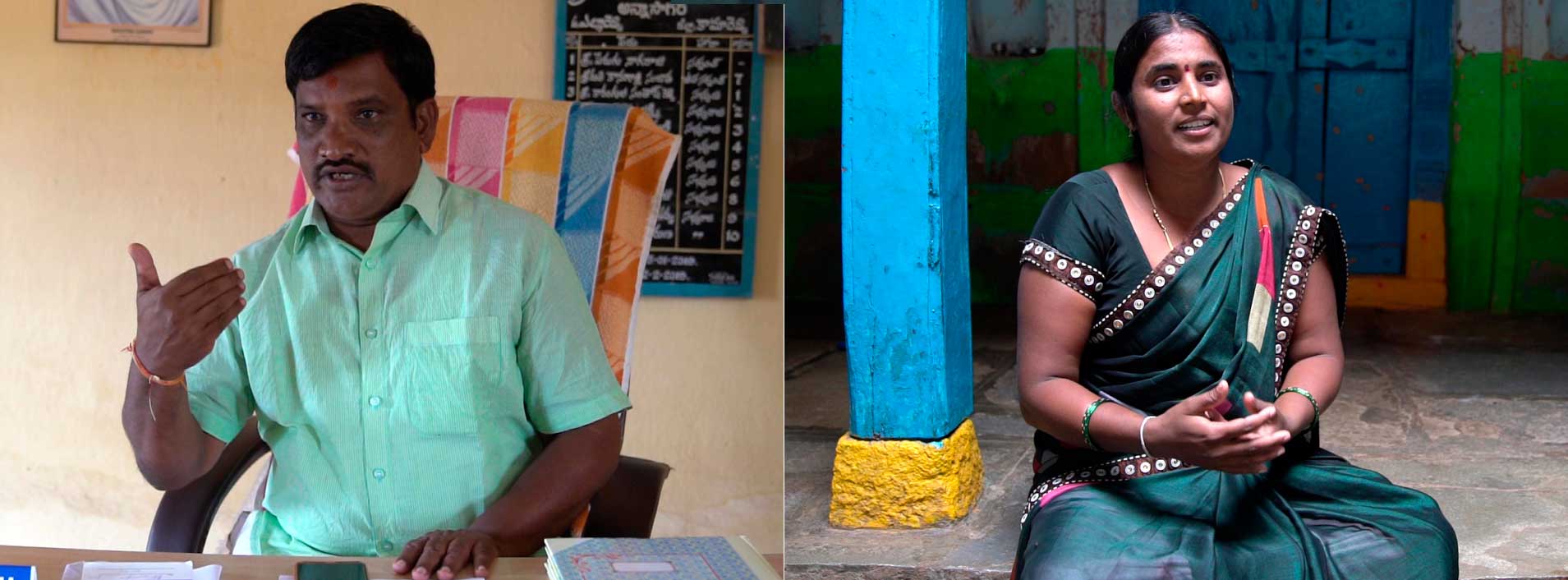
Savitha, a homemaker from Nagireddypet, expressed that when one person donates the entire community contribution amount for the CWPP, it creates a situation where everybody who drinks from it feels that they are at the mercy of someone’s else’s charity. But by paying ₹ 300 as a membership fee, she gained equal rights over the CWPP. She can question the management committee when there are issues of inoperation or mismanagement. And if paying a small amount of money once creates an opportunity for her family to be prevented from falling sick or from incurring subsequent medical costs for years to come, then it is something she is more than willing to pay.
The effectiveness of this model led a CSR partner to choose Bala Vikasa to revive 93 defunct Community Water Purification Plants established by the Government of Karnataka in the district of Kalaburagi. With active community participation and contribution, 28,500 families are now accessing safe water from these revived plants.
Another successful CSR project in the water conservation sector was implemented similarly. Since 2020, 1705 Farm Ponds have been constructed with a fund of approximately 3.58 Cr from 6 CSR partners. Every farmer who constructed the farm pond paid for the costs of transferring the excavated silt (₹ 6-7k per farmer adding up to a total community contribution of 1.03 Cr) in addition to allocating a short parcel of his arable farmland for the farm pond. While onboarding the farmer required intensive motivation and awareness creation on part of the field teams, their active participation ensured that 785 Million Liters of water potential was created per year for their agriculture as well as for environmental sustainability.
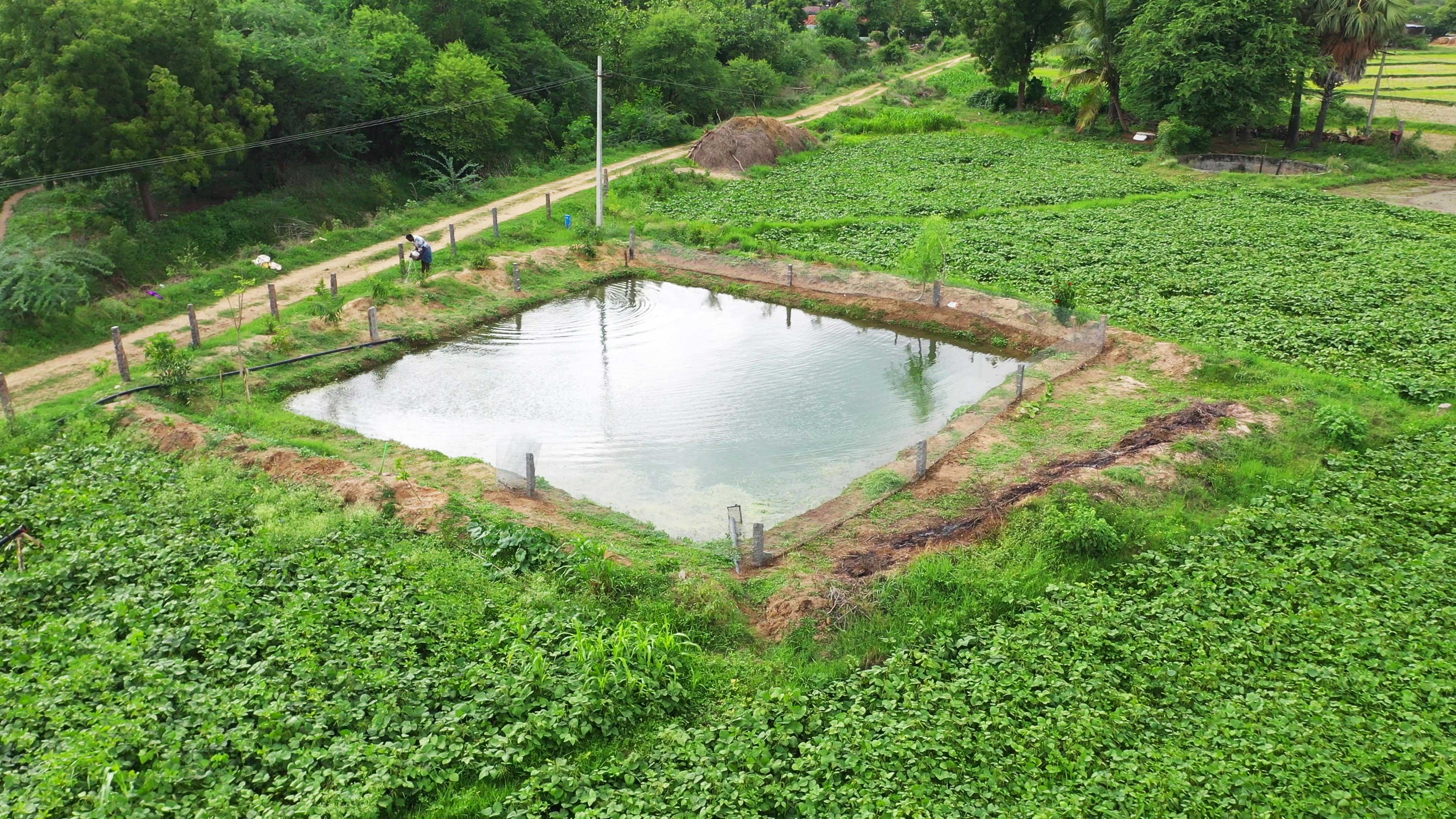
This collaborative approach where the CSR Partner, Bala Vikasa, beneficiary communities, PRI institutions, local committees, all work together to collectively plan, implement, monitor, manage, and own not just the project but its end results, has been greatly appreciated by corporates who are looking for sustainable impact from their projects.
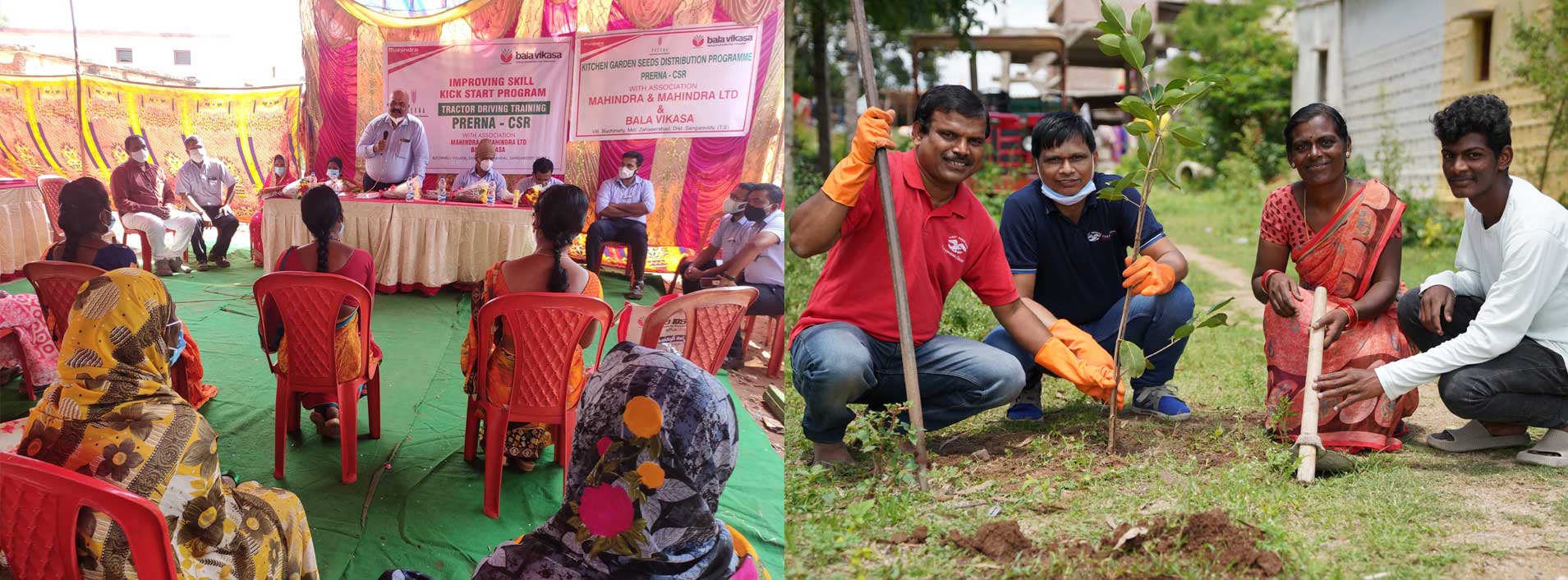
Two of the models developed by Bala Vikasa have been adjudged as best models for CSR by the Indian Institute of Corporate Affairs (IICA) and echo the same sentiment. So far, Bala Vikasa has worked with over 40 CSR Partners in implementing diverse projects with a total CSR funding outlay of 80 crores and the key driver for these partnerships is the all important role Bala Vikasa entrusts to the communities in its CSR projects.
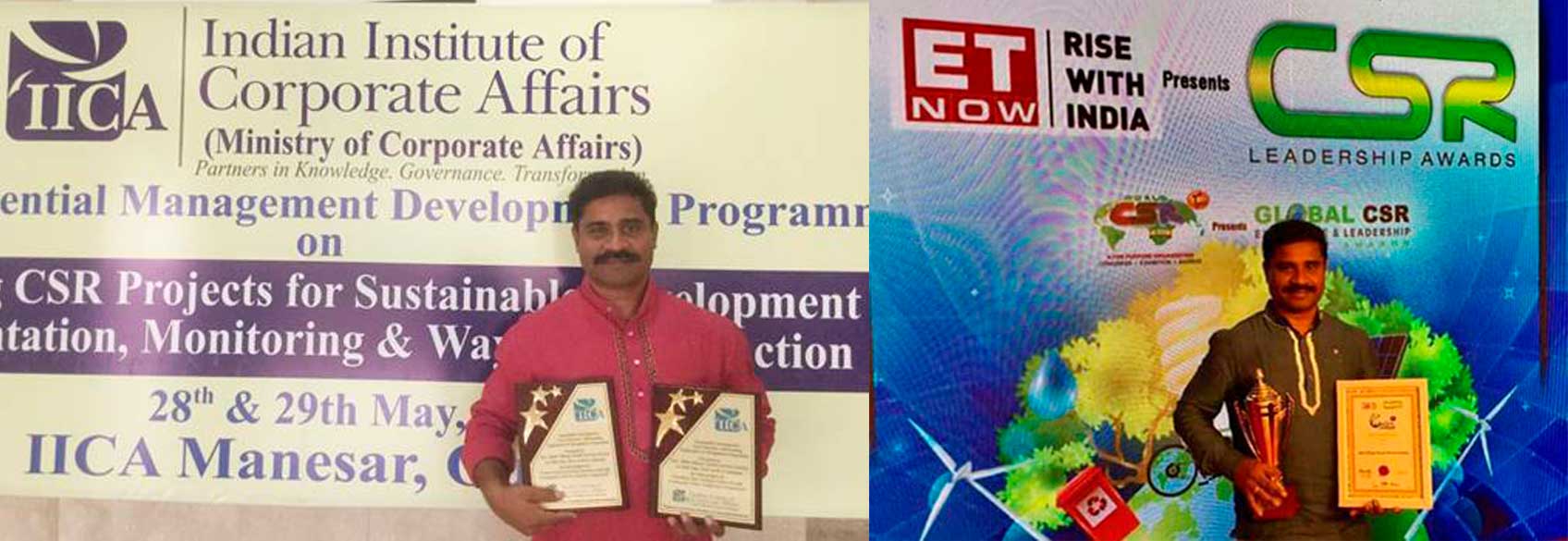
Going Beyond CSR Project Implementation: A Beautiful Exchange
While CSR opened a new avenue for partnerships and funding for NGOs like Bala Vikasa, and along with it access to the corporates' resources in terms of capital, technology, and expertise to radically change the effectiveness, quality, and scale of social impact programs, Bala Vikasa’s founder André Gingras, a seasoned community development expert, saw beyond that.

He saw how emerging corporate frameworks such as the triple bottom line, ESG, CSR have a direct bearing on communities and how these could powerfully drive their development and empowerment. He saw an opportunity for an organization like Bala Vikasa to inform businesses of community-driven sustainable development approaches where the communities, the beneficiaries at the last mile, are involved in the process and benefit the most by the end of it all.
The ultimate aims and objectives of meaningful and results-based CSR drive development. In a fast changing society, challenges to development too keep changing. And so do the solutions and approaches to them. It is organizations like Bala Vikasa that are exposed to this changing landscape, are quick to innovate, and let their day-to-day learnings guide their development practice. This is something that holds great value for CSR implementers looking for real-time insights to drive impactful programs.
At the same time, André Gingras also foresaw the limitations and challenges that corporates would face in meeting the intended goals and objectives of CSR which Bala Vikasa could help with.
The first challenge is of the corporates’ capacities to drive development programs. Corporates would need to equip themselves with the knowledge and skills to understand and address complex social challenges, to monitor and measure the impact and sustainability of their initiatives effectively. Building internal capacities on these is extremely important to design and deliver optimal results for the communities even if it’s through competent implementing partners.
Second one was of community involvement. Holding effective interactions with communities and securing their participation in the projects was going to pose a big challenge for corporates with significant impact on CSR results and impact assessments.
Third was that CSR implementation runs the risk of being solely compliance-driven, top-down, duplicative and ineffective due to the reasons mentioned before. This would result in losing a golden opportunity to drive large-scale, sustainable impact for the communities at the grassroots.
This led him to the idea of establishing a flagship institution that leverages Bala Vikasa’s broad-ranging expertise in driving high-impact Community-Driven Sustainable Development and rich experience in delivering multi-stakeholder capacity building programs to motivate and transform businesses into potent catalysts of social change and sustainable impact through vehicles such as CSR and beyond. That is how the Bala Vikasa Center for Social and Responsible Business (CSRB) was born in 2014.
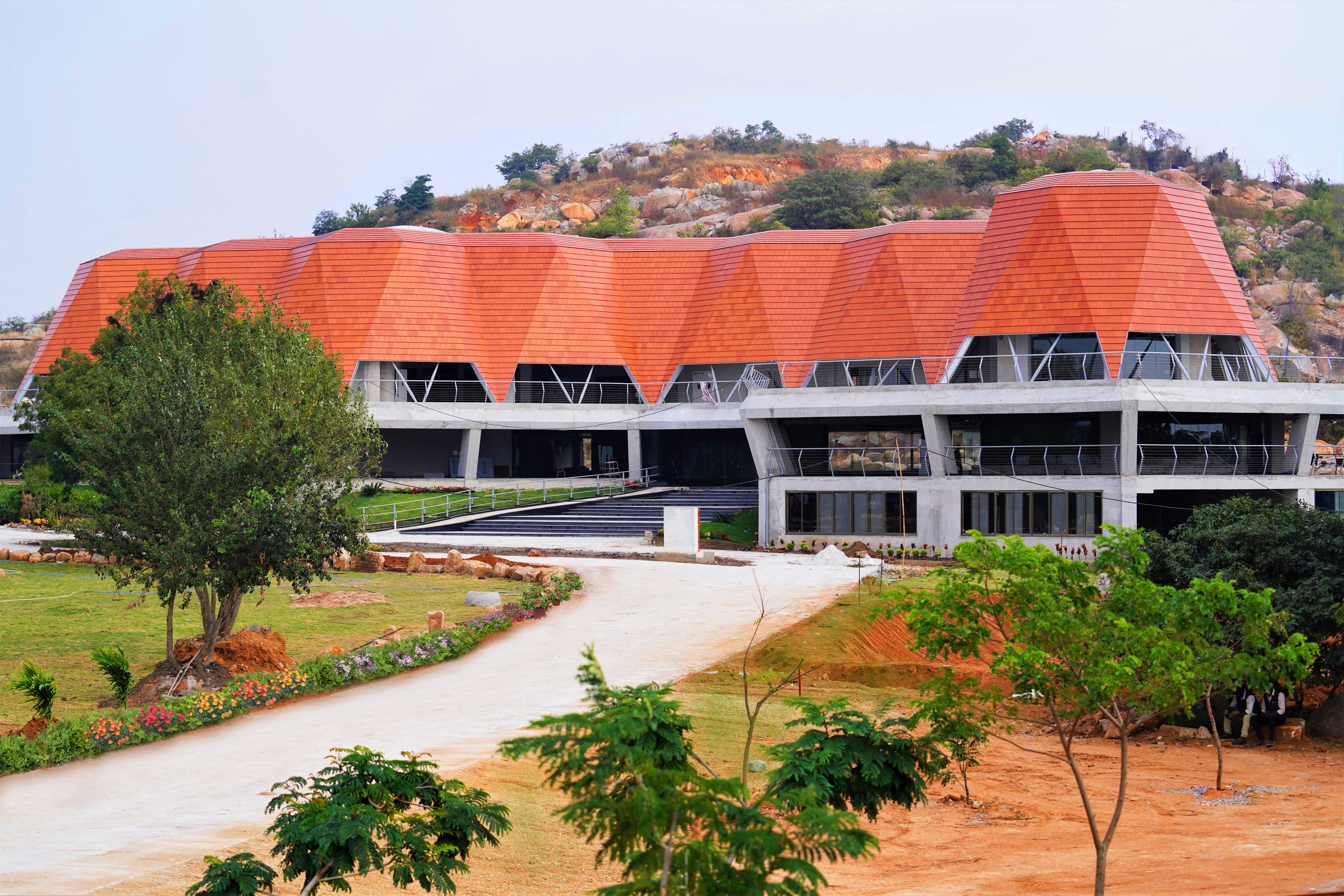
Bala Vikasa Center for Social and Responsible Business: For Businesses that Care
Bala Vikasa CSRB, located in Hyderabad, Telangana drives a community-first approach to CSR leveraging the experience and expertise of Bala Vikasa’s Community-Driven Development programs. It offers advisory services to corporates in designing and implementing innovative, community-driven CSR programs, and in assessing their social impact.
Backed by an experienced and active grassroots development organization with feet on the ground, Bala Vikasa CSRB is well positioned to articulate the communities’ needs, priorities, aspirations, assets, socio-cultural contexts for effective CSR planning and design through participatory approaches, where trust, mutual respect and cooperation between the stakeholders leads to successful, high-impact programs.

The experience of delivering effective capacity building programs to over 16500 development professionals from 86 countries for the past two decades through Bala Vikasa’s People Development Training Center (PDTC) has created the impetus for extending the same to CSR implementers. Capacity building programs on community-driven development design and best practices, community mobilization, motivation and engagement approaches, social impact monitoring and assessment frameworks are delivered regularly to strengthen CSR practice.

CSR implementing partners are incubated in multiple areas covering programmatic development and organizational development and tailormade capacity building programs are delivered to help them improve their capacities in meeting the expectations of the CSR donors.




